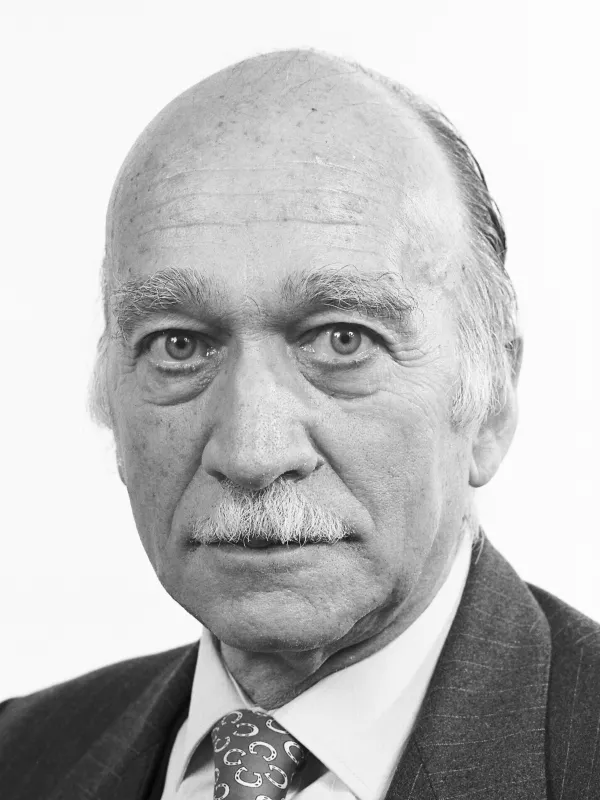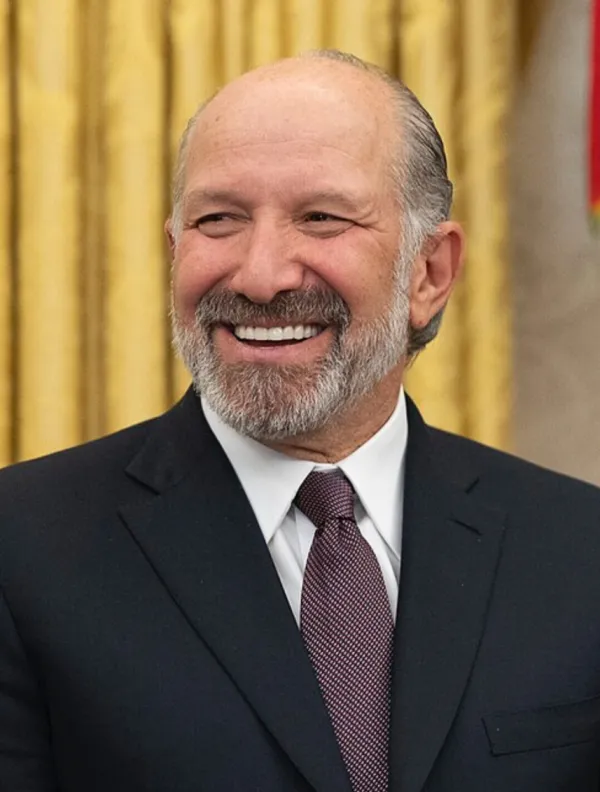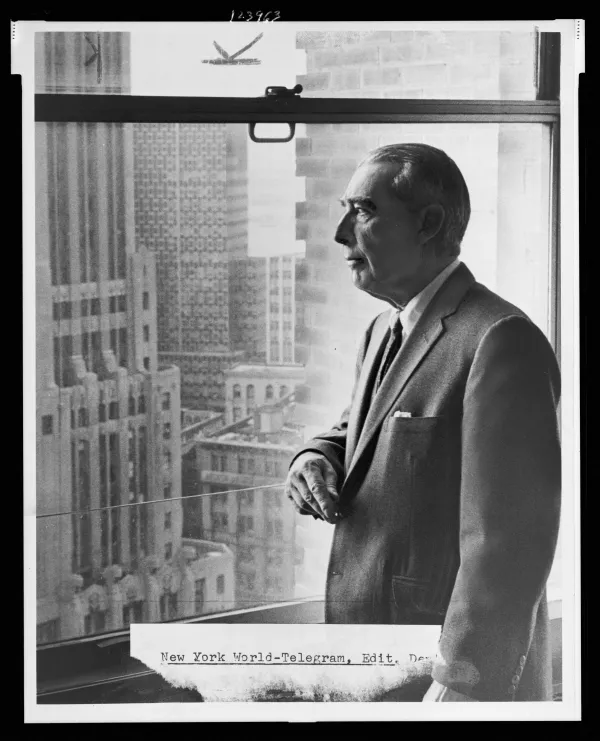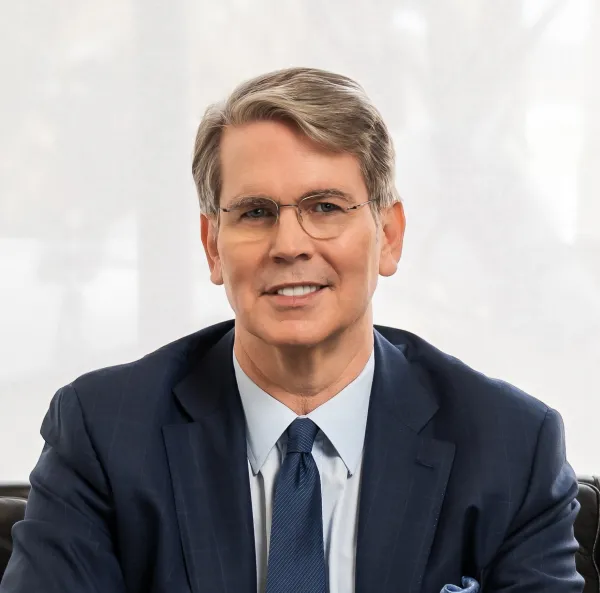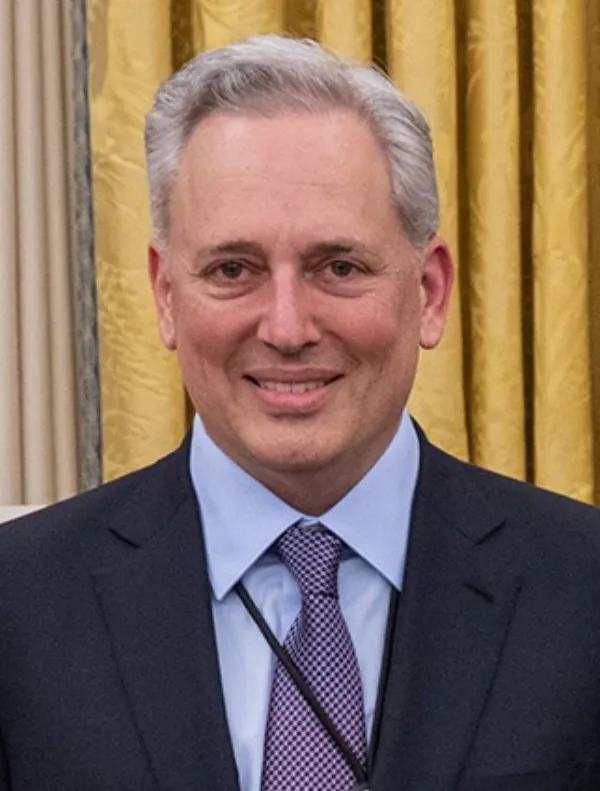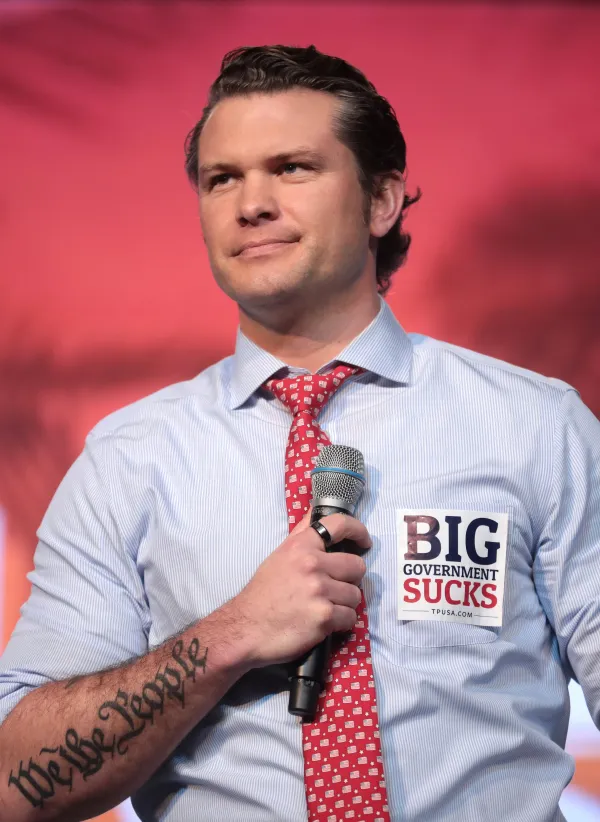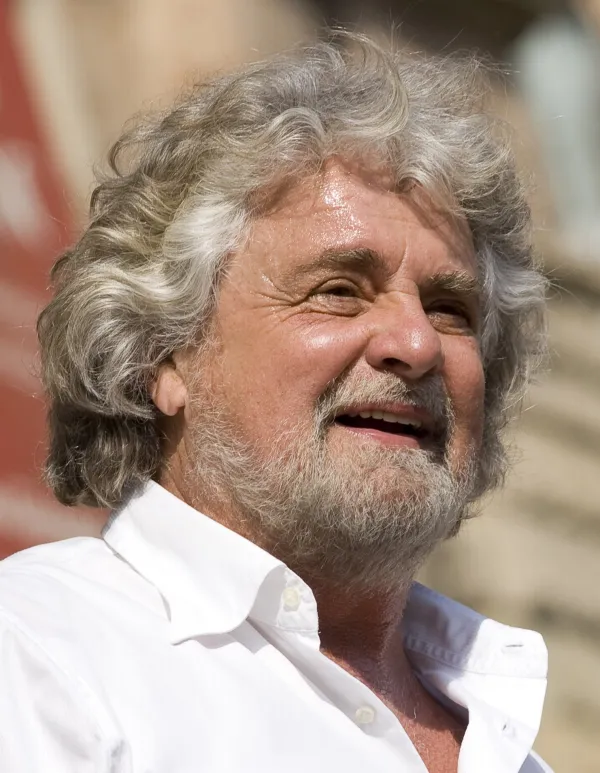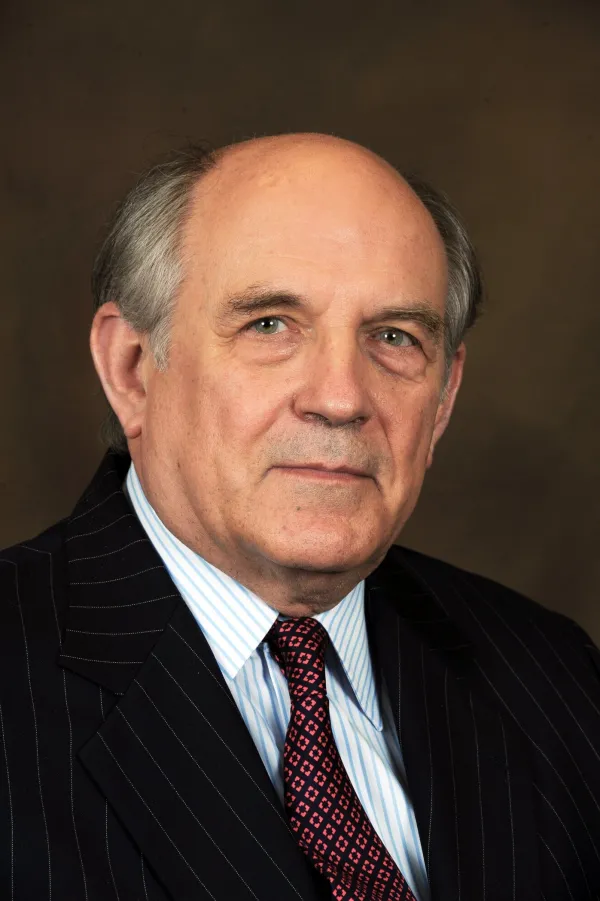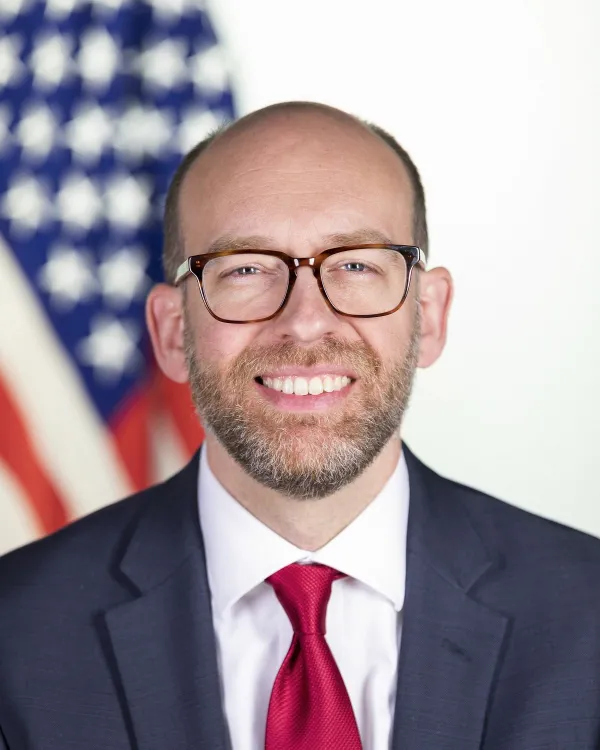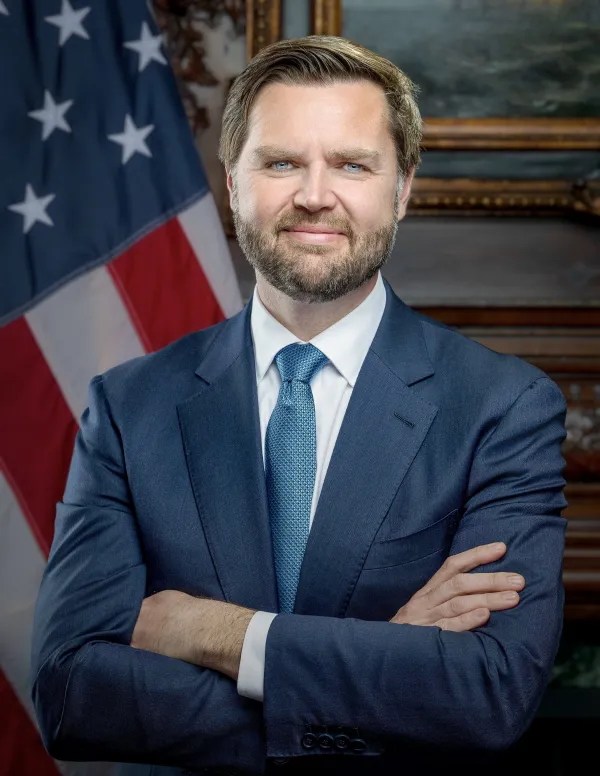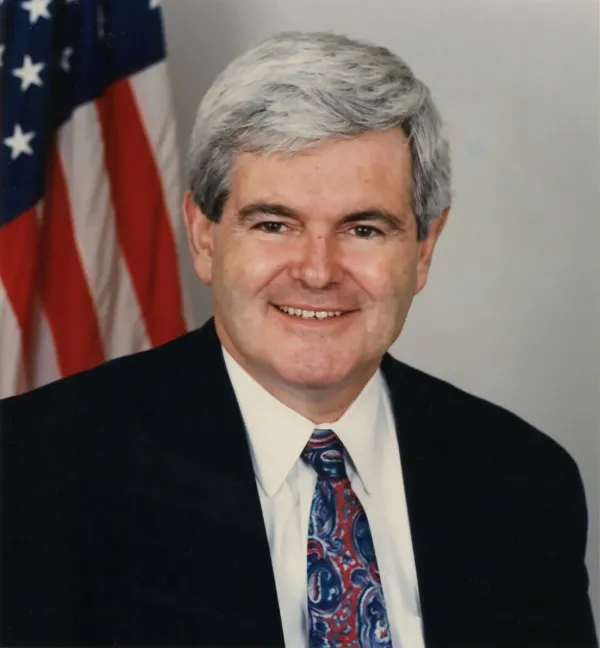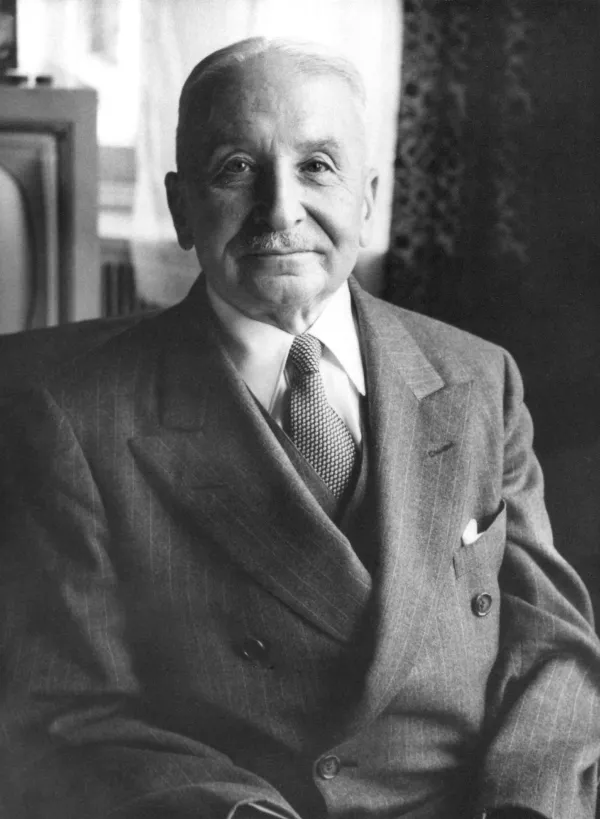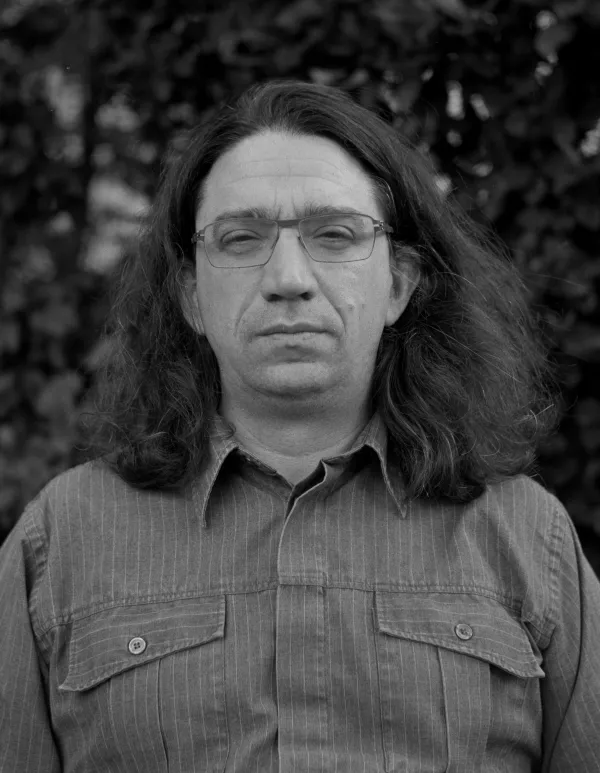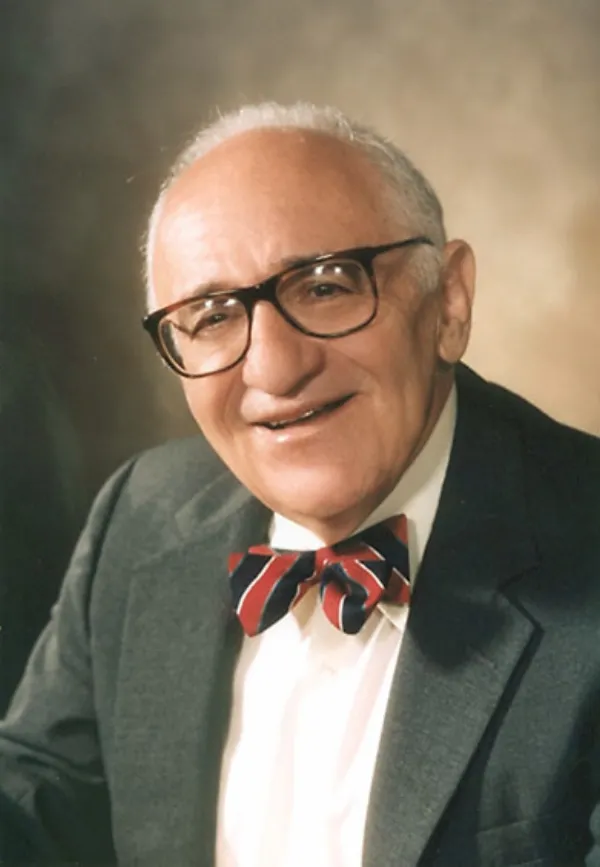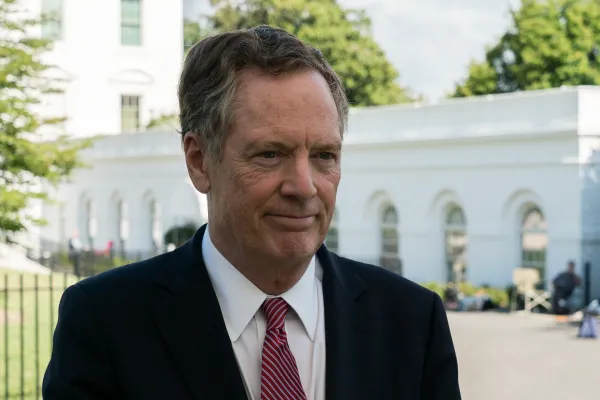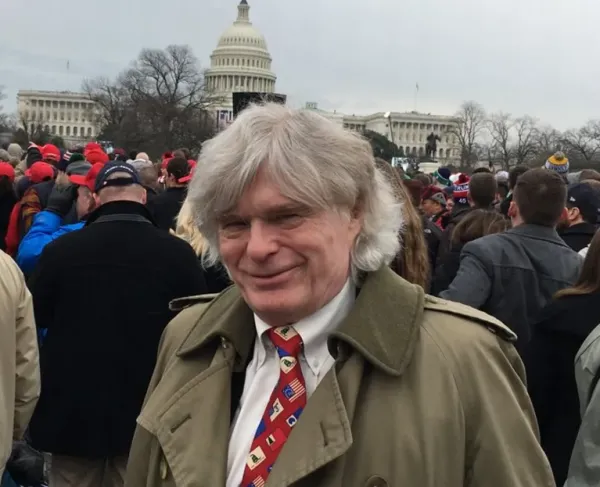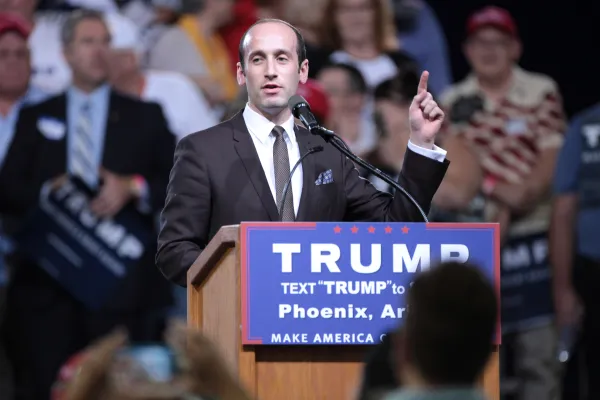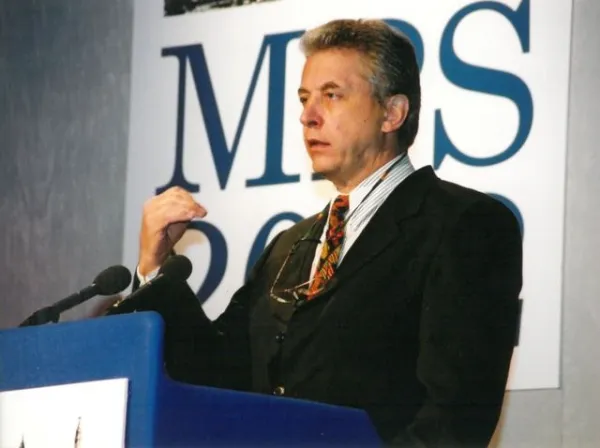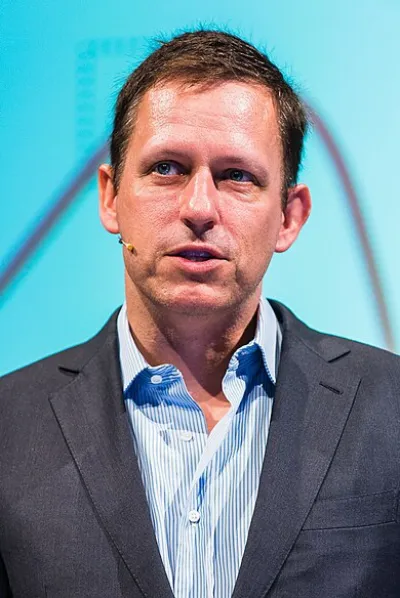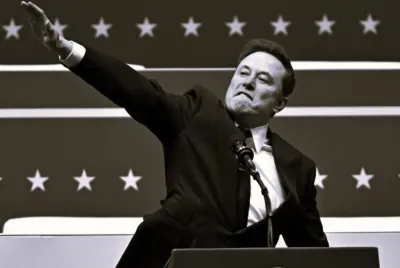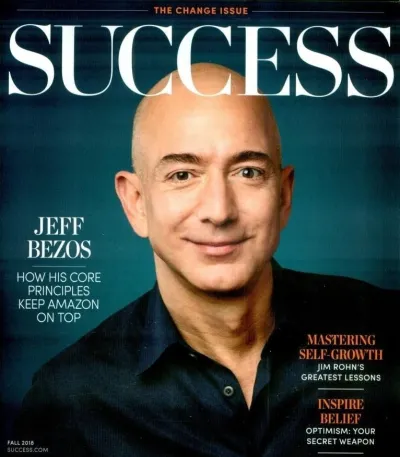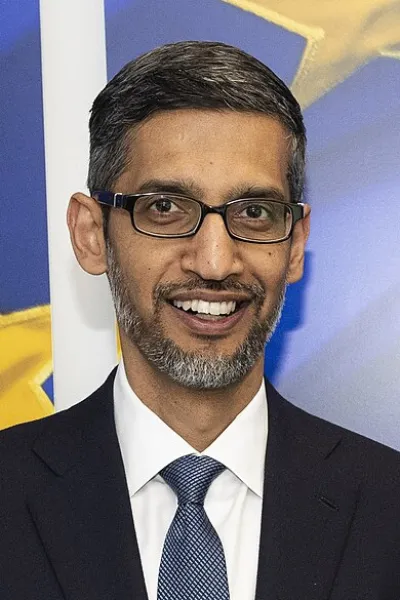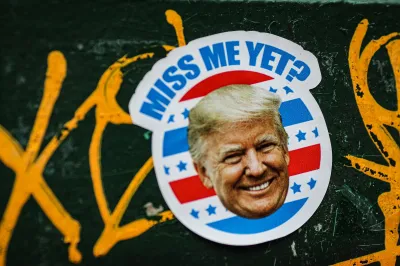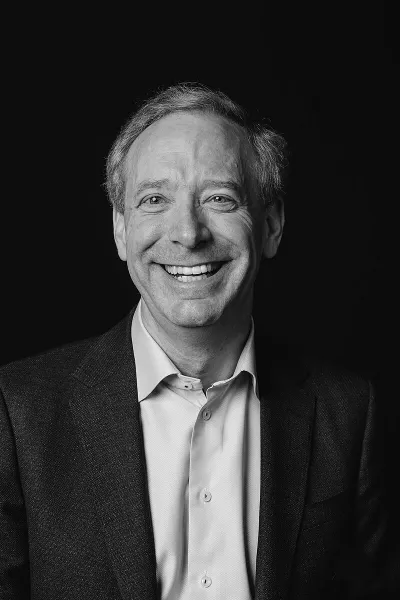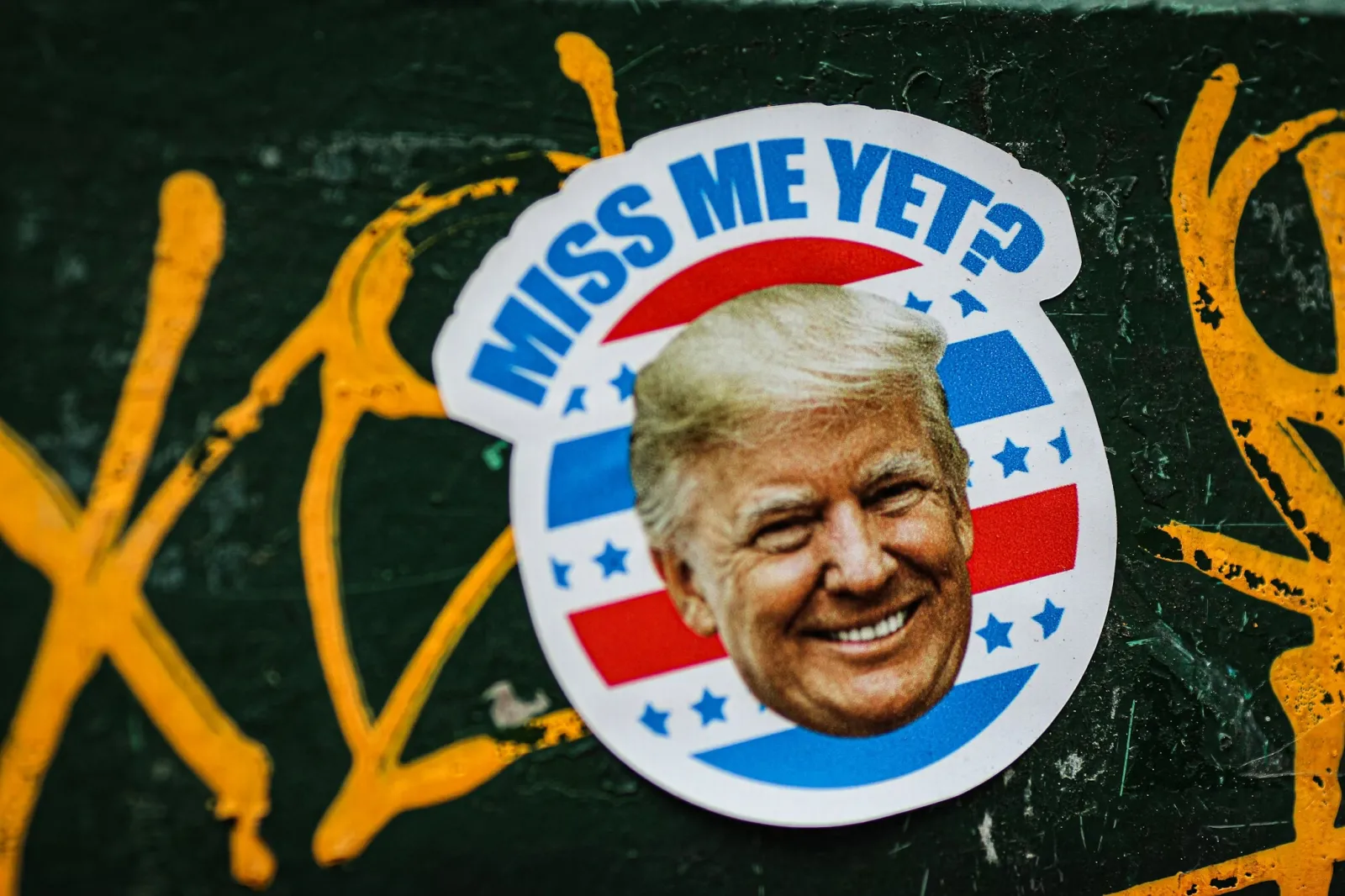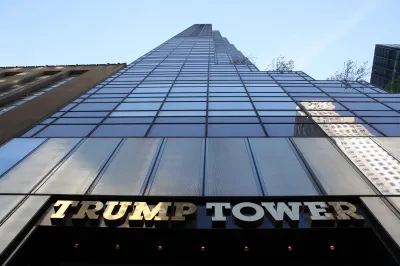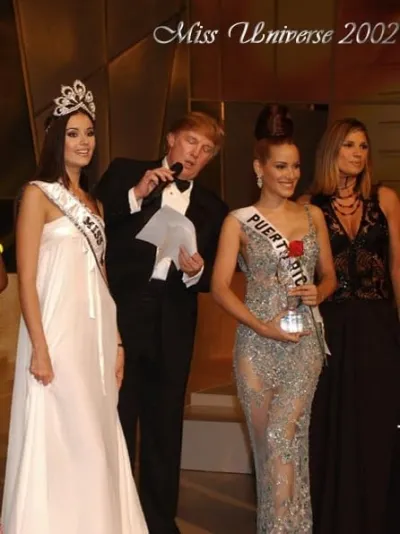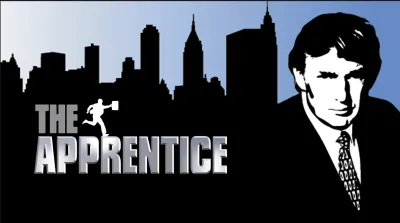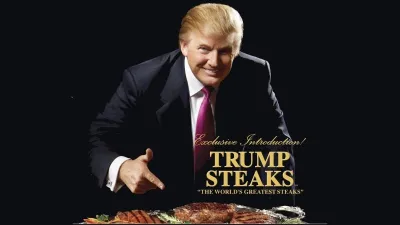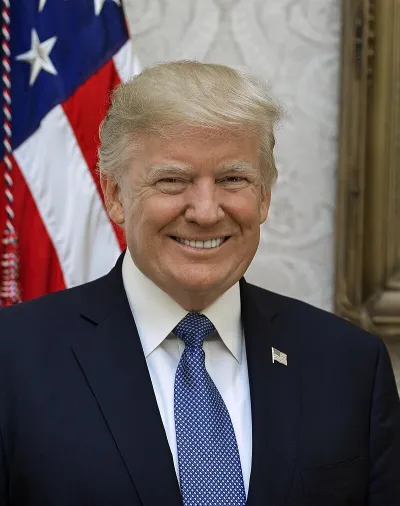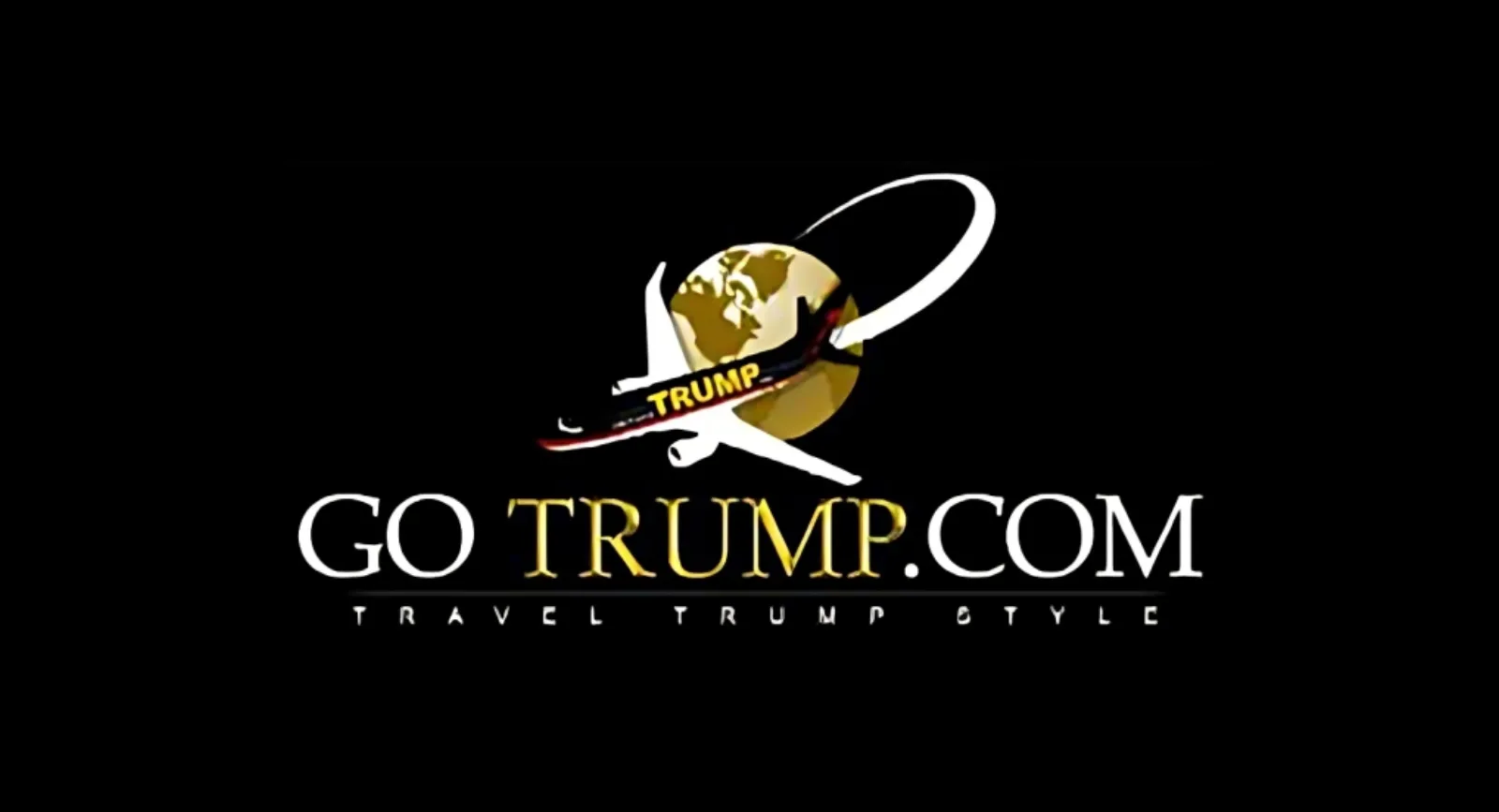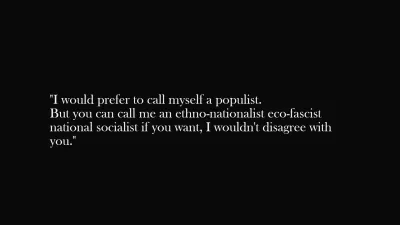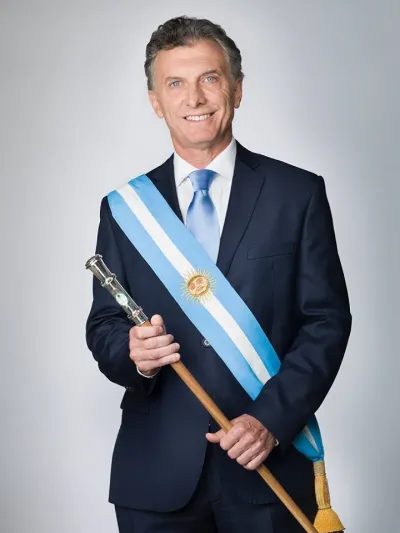Varieties of Far Rights
The global surge of far-right political parties and social movements has brought about a “reactionary international” with its own organic intellectuals. At its regular gatherings, participants have the opportunity to share their experiences, hone their rhetoric, borrow from each other’s programs, and define common causes. Solidarity and emulation notwithstanding, differences between the various strands of illiberalism should not be overlooked. While often compelled to cohabitate, promoters of a nativist welfare state financed by customs tariffs and purged of its non-native beneficiaries do not see eye to eye with libertarian slashers of state agencies. Similarly, nostalgia for traditional hierarchies does not necessarily mesh with a defense of the “little guy” subjected to the yoke of arrogant technocratic elites
The promise of national regeneration through sorting and cleansing undoubtedly serves as a powerful glue for all the formations occupying the far-right of the political spectrum. However, the criteria for selecting parasitical groups tend to vary from one country to another, and also from one political sensibility to another. Foreign-born minorities may not all be treated equally - as shown by the Spanish far right's preference for immigrants from the former colonial empire. Sometimes, xenophobia may even conflict with racism - as illustrated in the US by the dispute between MAGA's nativist wing and IQ-obsessed tech oligarchs over whether to offer visas to ‘highly qualified’ internationals.
Far-right imaginaries also vary according to the importance they attach to the religious legitimization of their programs and the phobic obsession with matters of gender and sexuality. In France, for example, the National Rally seeks to legitimize Islamophobia by trumpeting its allegiance to secularism and castigating Muslims for their alleged mistreatment of women and homosexuality. In Italy, by contrast, the damage supposedly caused to masculinity and the traditional family by feminism and LGTBQI+ activism features prominently in the moral panics stirred up by so-called post-fascists.
Equally worthy of attention is the conquest of state power by the far right, which follows different paths according to the institutional and national context. Where a two-party system is the norm, as in the United States, the takeover is necessarily premised on the capture of one of the traditional parties. In countries where the political field is more fragmented, as is generally the case within the European Union, forming a coalition with traditional neoliberal parties, whether conservative or centrist, is typically how their illiberal counterparts manage to access governmental responsibilities.
Despite their acute awareness of belonging to a large family and their willingness to pool their resources, the members of the reactionary international are not all cut from the same cloth. It is therefore important to stress and analyze their distinctive features, for at least two reasons: to figure out how they adapt their strategies and doctrines to the constraints of their specific environment; and to understand how their mode of managing commonalities and differences contributes to their overall growth.
How Italy Lost its Antifascist Compass
Interview conducted on 13 October 2025
“The movements we're dealing with today in Italy, the cradle of fascism, never disappeared. There is no point in talking about the return of fascism; it has always been there.”
The Manufacture of Denial
Interview conducted on 24 September 2025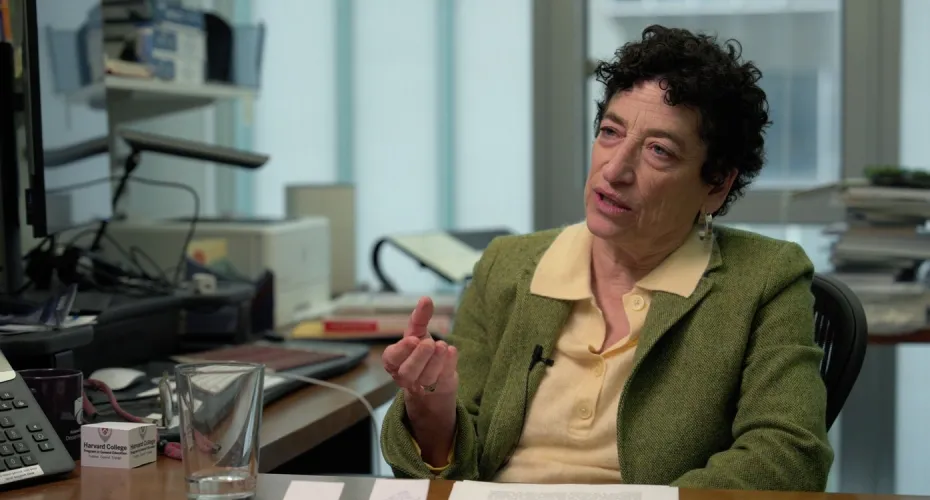
“If you take away the agencies that play a crucial role in measuring climate change, you don't even have to deny science anymore. You just destroy it. There is something particularly aggressive and tragic about all this. It's really moving into Orwellian territory.”
THE ARGENTINIAN LABORATORY
Interview conducted on 01 April 2025
"Milei presented himself as the final outcome of the representational crisis of the system."
REVOLUTIONARY CONSERVATISM
Interview conducted on 14 March 2025
"There has always been a kind of anti-capitalism of the far right. That's true of all far right. What's distinctive about the American version is that there's a current within it that is deeply libertarian, deeply attached to the idea of free markets. And this produces a particular kind of anti-capitalism or pseudo anti-capitalism, because they're attacking one faction of capitalism to elevate another, which is their own."
POSTDEMOCRACY IN AMERICA
Interview conducted on 23 February 2025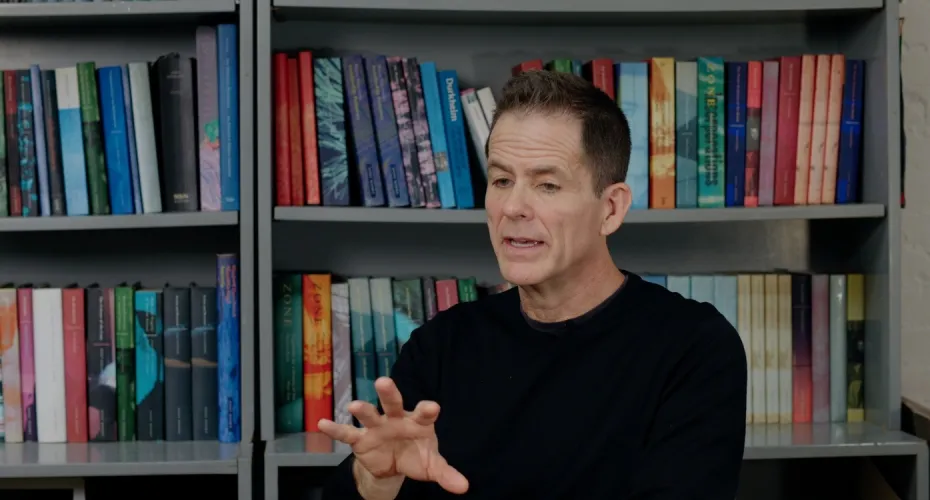
“Race has always been used, in American politics, as a battering ram against every public good, any redistributive impulse, any idea of collective freedom or social freedom. If you go in there with race, saying that what you’re doing is protecting white people from black people, then you end up protecting capitalists from social provision.”
LATE NEOLIBERALISM
Interview conducted on 01 February 2025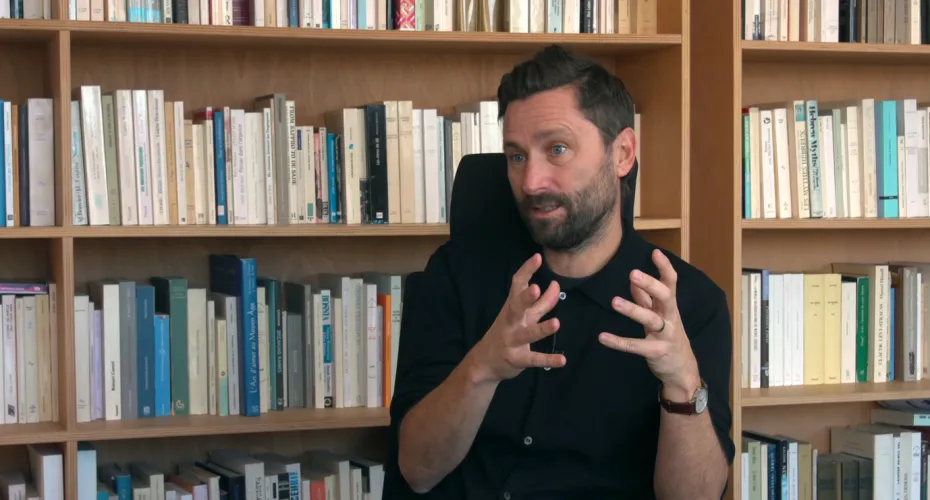
"If you think about neoliberalism as a kind of ongoing project to protect capitalism from democracy, then the enemies and the threats to capitalism transform from decade to decade."
Portraits
Giorgio Almirante
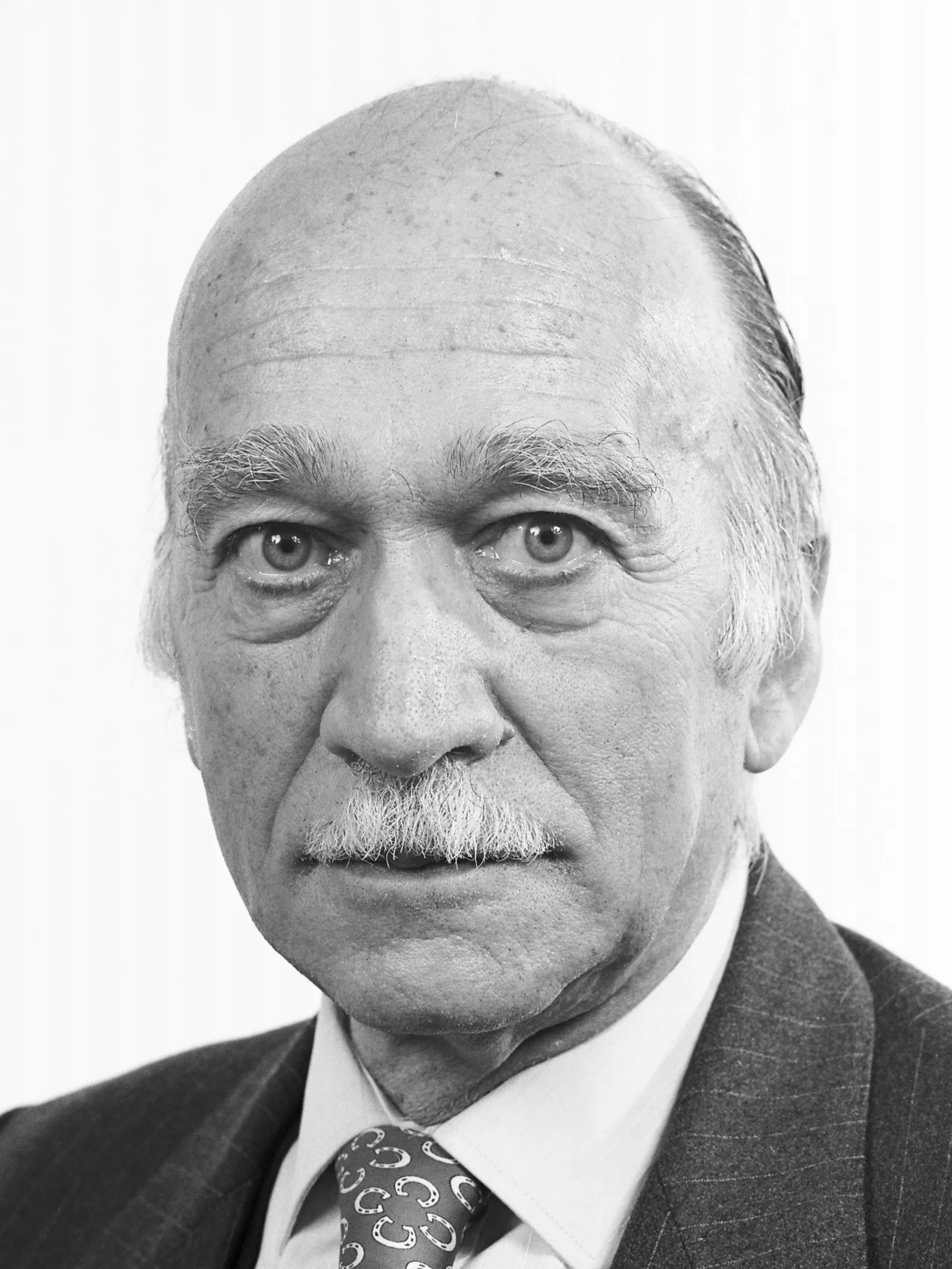
In 1946, when supporters and associates of Benito Mussolini founded the neofascist party Movimento Sociale Italiano (MSI), they chose a tricolor flame as an emblem. While the most significant symbols of fascism had, until then, been the fasces or the imperial eagle, Giorgio Almirante, one of the co-founders who would become MSI’s long-time president, saw the flame as a powerful image: Mussolini’s spirit escaping from his coffin. He succeeded in imposing the symbol to galvanize his troops and engrave in their minds the idea that fascism should remain “the ultimate goal” (‘il traguardo’) he had helped to launch.
During the war, Almirante had been a theorist of racism and a propagandist of anti-Semitic “racial laws”. Throughout his entire parliamentary career, and until his death in 1988, he shamelessly asserted that his Movimento Sociale Italiano had been conceived as a party of "fascists within a democracy”. His ambition was simply to adapt an old cause to the realities of the new era. Responding in 1982 to an exhortation by the founder of the Italian Radical Party, Marco Pannella, to clarify his party’s relationship to the fascist legacy, Almirante stated: “[The MSI] represents fascism as freedom, not as a regime—that is, as a movement, as a social tradition, as a synthesis of values”.
Under Almirante, the MSI was fiercely anticommunist and dedicated to an alliance with the monarchist right, which was unwilling to compromise with the “Constitutional Arc”. The party remained implicated in a range of conspiracy to overthrow the State and instigated terrorist acts until the 1980s. Throughout the 1970s and 1980s, Giorgio Almirante also activated his international neo-fascist networks. In particular, he was behind the creation of the National Front in France in 1972, advising members of the far-right Ordre Nouveau (New Order) movement on how to establish a party of “fascism with a smiling face”.
Initially a film critic and voice actor, Almirante later became involved in political journalism. He soon became editor of the newspaper Difesa della Razza (“Defense of the Race”) and in 1938 signed the Manifesto della razza (“Manifesto on Race”), which set out the racist measures implemented by Mussolini. The scribe then rose through the ranks in Sardinia and Libya, where he took part in the North African Campaign. When the Italian Social Republic was established in 1943, a puppet state and vassal of the Third Reich, Almirante followed the Duce to Salò. This earned him the position of chief of staff of the “Ministry of Popular Culture” headed by Fernando Mezzasoma during the last two years of the war. It was then that he demanded that his followers prepare for a “physical confrontation” with the partisans and that he himself became actively involved in this counter-resistance, on the side of the Lepontine Alps and in Tuscany.
When the MSI was founded in 1946, Almirante established the party headquarters at Via della Scrofa 39, which would later become a legendary address for the Italian right, just like Via delle Botteghe Oscure for the communists, Piazza del Gesù for the Christian Democrats, and Via del Corso for the socialists. In addition to the management office, it also housed the editorial office of the newspaper Il Secolo, a sort of central organ for the neo-fascists. Silvio Berlusconi with Forza Italia and then Giorgia Meloni and her Fratelli d’Italia later took up residence there. A leading figure of the Italian far right during the First Republic, Almirante has enjoyed a posthumous revival since the turn of the century as an idol of transalpine neo-fascists. Under Berlusconi’s leadership, when the restoration of fascist heritage and monuments began in Italy, some municipalities even went so far as to rename streets in honor of Giorgio Almirante and other prominent figures of historical fascism. More recently, Almirante was also celebrated by Meloni, who claimed in her autobiography Io sono Giorgia (“I am Giorgia”), published in 2021, to have “taken over from Giorgio Almirante,” her long-time political idol.
Marc Andreessen
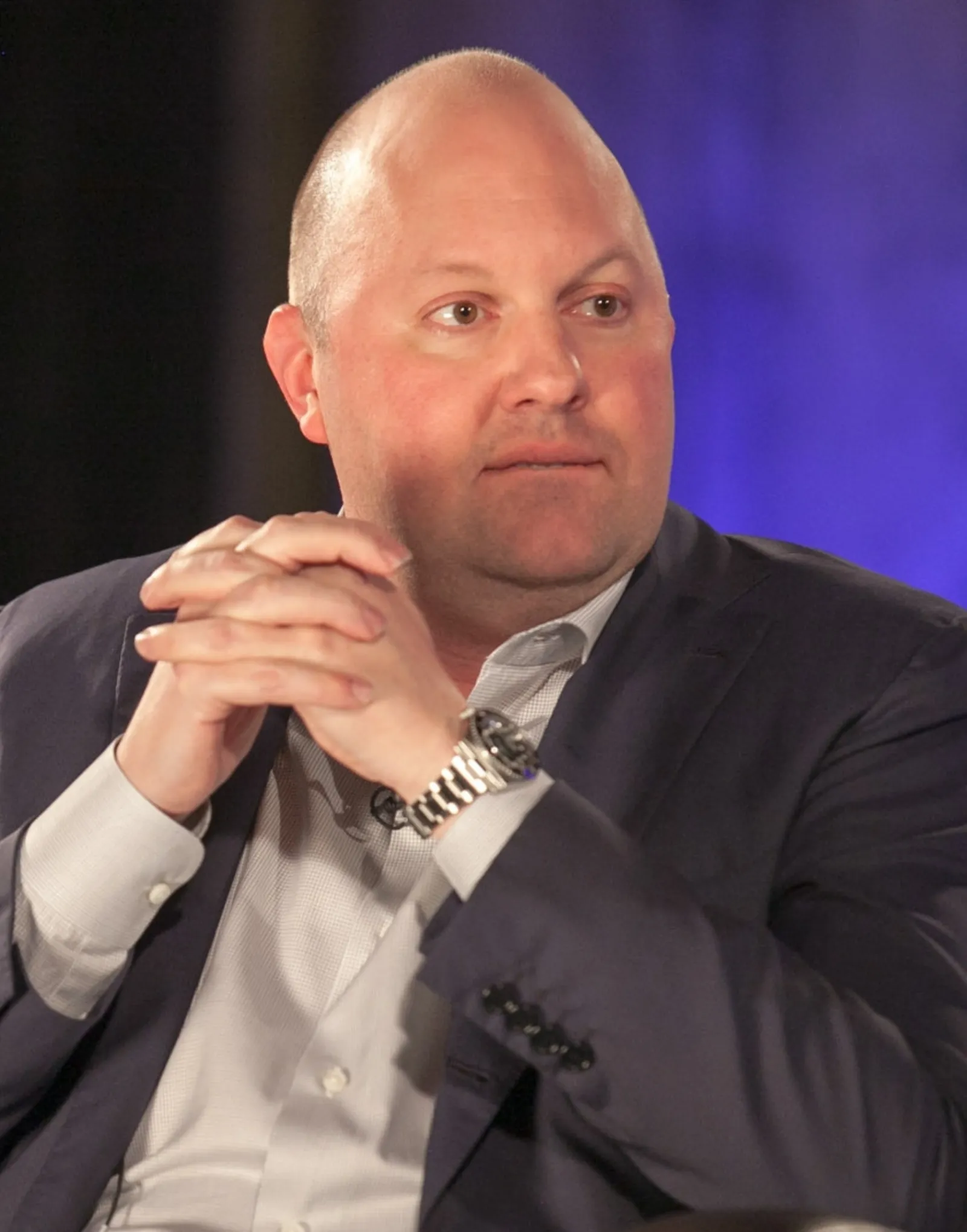
Born in 1971, Marc Andreessen is a software engineer and a Silicon Valley investor. In 1993, he and Eric Bina programmed NCSA Mosaic, the first widely used web browser with a graphical user interface, which would later become the software of Netscape Communications. In 2009, after creating and working with a number of successful software companies, Andreesen co-founded the Silicon Valley venture capital firm Andreessen Horowitz, commonly referred to as a16z, with Ben Horowitz. Through a $4.5 billion fund launched in 2022, a16z is currently the largest backer of the crypto industry.
Andreessen is a self-described libertarian and “techno-optimist”. In October 2023, he published the “Techno-Optimist Manifesto” on the a16z website, in which he presents his vision of the future that technology will make possible. Inclusive statements notwithstanding - “We believe technology is universalist. Technology doesn’t care about your ethnicity, race, religion, national origin, gender, sexuality, political views, height, weight, hair or lack thereof” - Andreessen’s manifesto celebrates the advent of a world in which technology and unregulated markets will provide opportunities for everyone.
A great promoter of the democracy-free zones that Quinn Slobodian writes about in Crack-Up Capitalism, Andreessen made his libertarian dream come true when he co-founded Próspera with Peter Thiel and OpenAI CEO Sam Altman. Próspera is a private city in Honduras where unregulated businesses can thrive.
Andreessen and Horowitz have been key players in Silicon Valley’s gradual shift of political allegiance to the Republican Party. Although he does not hold a title in the Trump administration, Andreessen has been instrumental in the framing of Trump 2.0. In particular, he has been deeply involved in the selection of candidates seeking to implement the program-slashing and personnel-firing mission of the Department of Government Efficiency (DOGE). Prior to the 2024 presidential election, Andreessen was one of Trump’s top campaign donors to the Right for America Super PAC, contributing $4.5 million personally and $7 million through a16z.
Howard Lutnick
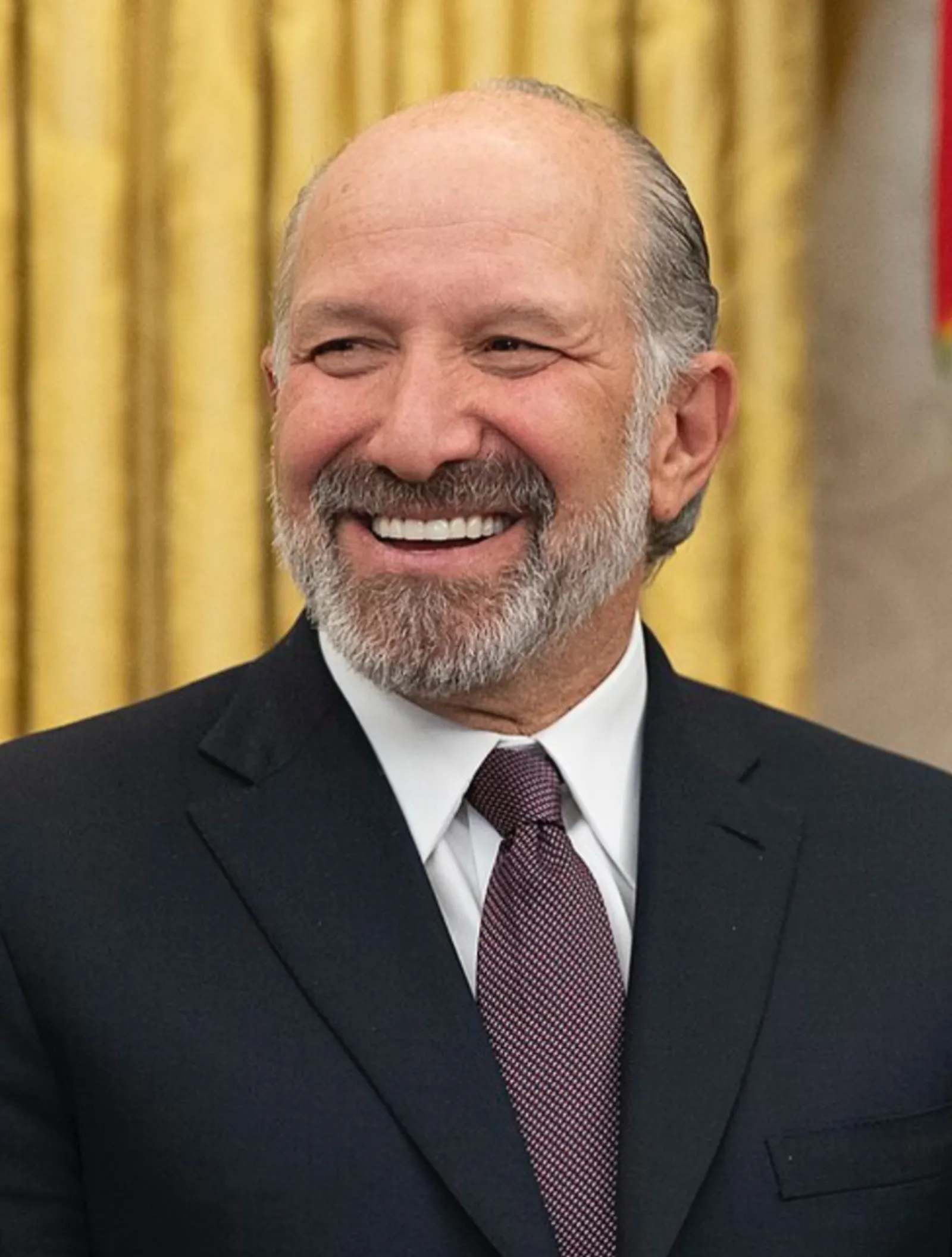
Howard Lutnick is Trump’s Secretary of Commerce. Following his confirmation, he stepped down as chairman and CEO of Cantor Fitzgerald and the BGC Group, an investment banking and financial services firm. Lutnick himself is a fervent crypto advocate and Cantor Fitzgerald is the bank of Tether, the world’s most important stablecoin.
A major contributor to Trump’s campaign, the Secretary of Commerce has known the U.S. president for many years - even appearing on a 2008 season of The Celebrity Apprentice. He calls his long-standing relationship with Donald Trump his “superpower” and is known for his staunch loyalty to his boss but also for being the inspiration behind some of Trump’s wildest ideas – including the takeover of the Panama Canal and the introduction of a “Gold Card” visa that would confer legal residency to foreigners – even if they are not Afrikaners – at a cost of $5 million.
As Secretary of Commerce, Lutnick, who resents Scott Bessent for getting the job he really wanted, has been the main champion of liberational tariffs – alongside Peter Navarro. How he has defended Donald Trump’s quest for what he sees as fair trade, however, is reminiscent of Sigmund Freud’s “kettle story” – i.e., a man accused by his neighbor of having returned a kettle in a damaged condition claims first that it was undamaged when he returned it, second that it was already damaged when he borrowed it, and third that he had never borrowed it in the first place. Likewise, Lutnick has successively (1) denied that tariffs would raise prices for US consumers, (2) argued that a period of inflation and even a recession were unavoidable sacrifices, and (3) that most if not all US partners would soon make a deal with the Trump administration, making tariffs unnecessary.
Adolf Berle
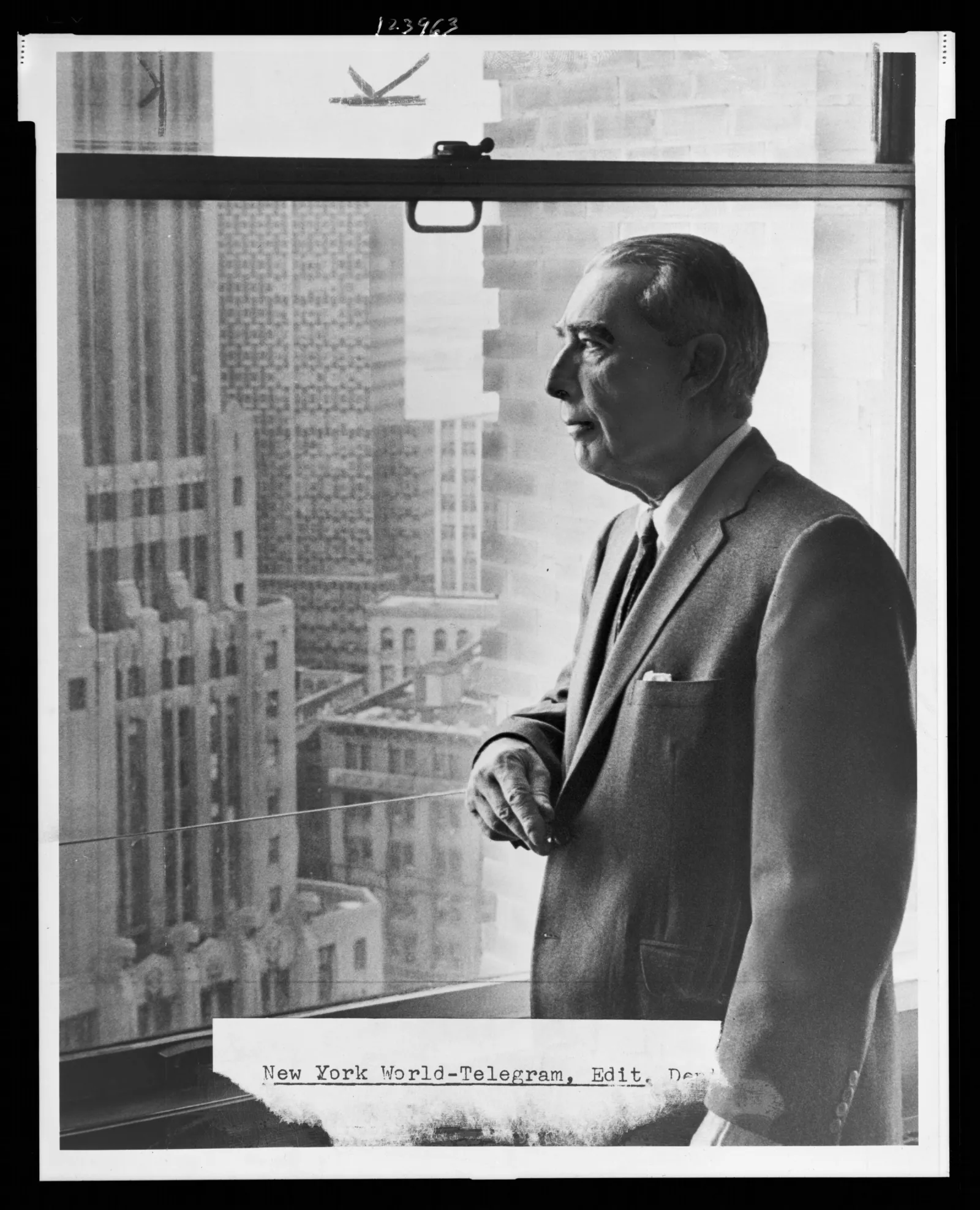
In 1943, a New Yorker profile of Adolf Berle ended with the following statement: “It is a big job to plot the future of the world, but Berle gives many onlookers the impression that he is up to it.”1 Born in Boston in 1895, the future member of Franklin Roosevelt’s first “Brain Trust” started off as a child prodigy. He entered Harvard College at the age of 14 and graduated from the Law School at 21. After the end of World War I, Berle joined the American Delegation to the Paris Peace Conference – where he met John Maynard Keynes. Like the British economist, he was appalled by the terms of the resulting Treaties and made his disappointment public. Back in the US, he became a corporate lawyer, contributed regularly to liberal magazines such as The Nation and The New Republic, and started teaching corporate law at Columbia University in 1927.
In the wake of the 1929 financial crash, Berle embarked on what would be his major intellectual endeavor: The Modern Corporation and Private Property, coauthored with the economist Gardiner Means and published in 1932. In this epochal book, Berle and Means addressed the transformation of US capitalism that they were then witnessing. They showed how the rule of the “robber barons” – Andrew Carnegie, Thomas Edison, John D. Rockefeller, J.P. Mellon – had given way to the dominance of publicly traded corporations. These firms were as big as the so-called trusts of yore, but they were no longer in the grip of their almighty founders or, for that matter, of any owner. Each of them had myriads of shareholders – more than half a million in the case of American Telephone and Telegraph – which meant that the people in charge of these huge companies were their salaried managers and directors. Property and power were thus dissociated, a first in the history of capitalism according to Berle and Means.
For the authors of The Modern Corporation and Private Property, the fact that the fate of the American economy rested upon largely unaccountable managers was certainly a cause for alarm. At the same time, Berle and his coauthor were not inclined to turn back the clock: they shared neither the economist Joseph Schumpeter’s nostalgia for the era of autocratic captains of industry nor justice Louis Brandeis’s conviction that the only way to ward off the hegemony of corporations consisted of using antitrust legislation to break them up. The task at hand, Berle and Means argued, was not to restore the privileges of private capital, whether owned by tycoons or small entrepreneurs, but to harness the power of publicly traded companies for the public good. Rather than empowering shareholders or dismantling huge corporations, the way to treat excessive managerial power was to regulate it. In other words, both the danger to democracy and the potential for prosperity represented by big business called for a bigger government to intervene on behalf of workers, consumers and other stakeholders of the largest firms.
Soon, Berle would be in a position not only to advocate for State regulations but to implement them. After meeting Franklin Roosevelt in 1932, he actively took part in the Governor’s presidential campaign – writing his famous “Commonwealth Club Address”, which delineated the economic program of the first New Deal. Once his candidate was in the White House, however, Berle declined the offer to take a cabinet post, choosing instead to remain an informal advisor in what would be called the president’s “Brain Trust”. His influence on the administration’s agenda rapidly translated into three major economic reforms: the separation between commercial and investment banking (the Glass-Steagall Legislation of 1932), the federal insurance of wage earners’ bank deposits and the regulation of corporate stock and bond offerings. Like Keynes albeit with different tools, Berle’s purpose was to tame capitalism and the early years of the New Deal certainly advanced that goal.
However, after the Supreme Court declared the National Recovery Administration unconstitutional, Berle lost some of his clout. Still, he remained influential enough to be appointed as Assistant Secretary of State for Latin American Affairs in 1939 and to draft Roosevelt’s declaration of war message to Congress in 1941. After losing his cabinet post in 1944, Berle was made US ambassador to Brazil before leaving government service altogether in 1946. He remained an informal advisor to several politicians, however – from Adlai Stevenson to Nelson Rockefeller and John Kennedy – as well as a tireless publicist both for the New Deal compact that he had contributed to shaping and, because of its success, for the beneficent role of the US in the world. Hence Berle’s unflinching support for American imperial interventions, from Latin America to Vietnam.
Five years after his death, in 1971, Berle’s vision of the corporation came under a fatal attack. In an article entitled “Theory of the Firm”, Michael Jensen and William Meckling echoed the worry raised The Modern Corporation and Private Property that the separation of ownership and control distinctive of modern corporate governance licensed salaried directors to run large companies as they pleased. How the two disciples of Milton Friedman dealt with that problem, however, ran against the taming of capitalism advocated by Berle and Means: instead of taking the artificial personhood of the public corporation for granted and checking managerial power with federal regulations, Jensen and Meckling claimed that managers were nothing more than agents hired to do the bidding of the firm’s shareholders. In their view, ceasing to recognize the corporation as an autonomous entity was a decisive step toward reconciling ownership and control. As decisive as The Modern Corporation had been for the New Deal, the publication of “Theory of the Firm” can be perceived as a turning point leading to our current “gilded age” and its new “robber barons”.
1 Quoted by Nicholas Lemann in “Institution Man”, the first chapter of his book Transaction Man: The Rise of the Deal and the Decline of the American Dream (New York, Farrar Straus and Giroux), 2019. https://business.columbia.edu/...
Robert Mercer
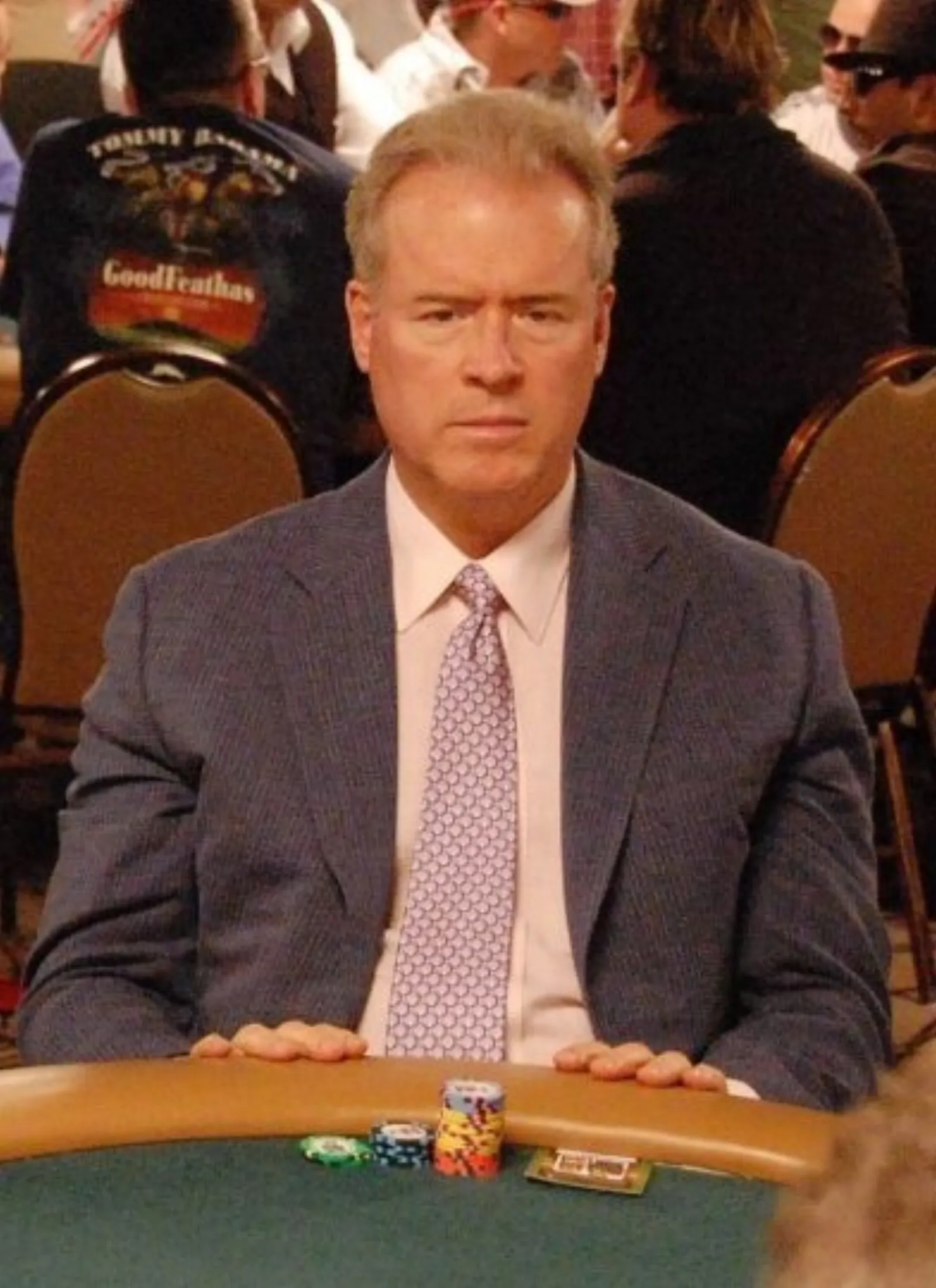
Born in 1946, Robert Mercer is a computer scientist who made his fortune working as a financial analyst for the very successful hedge fund Renaissance Technologies. In 2009, he became its co-CEO, but had to step down from this role and renounce his board seat in 2017, after the backlash over his involvement in the Cambridge Analytica scandal.
In 2013, the billionaire bought SCL Group, a company that specialized in analyzing Internet data. While renaming the company “Cambridge Analytica” to give it the appearance of a legitimate business, he completely redefined its activity. Through the analysis of Facebook profile data obtained without the informed consent of the 87 million targeted individuals, Cambridge Analytica deployed a large-scale covert advertising strategy adapted to the different psychologies and socio-economic factors of voters, to sway them to vote “Leave” in the Brexit referendum and to vote for Ted Cruz and Donald Trump in the 2016 U.S. election cycle. Because he was funding a private company, Mercer was able to circumvent campaign laws, avoid political fallout and potential legal action related to data acquisition, while having a major impact on these political votes, that is until the story broke out in May 2017.
Mercer has also influenced politics through donations to conservative and libertarian organizations and PACs. He and his daughter, Rebekah Mercer, coordinate their political contributions through the Mercer Family Foundation, which they established in 2004 and which she runs. They have given millions to the Heritage Foundation – Rebekah has been on its board of trustees since 2014 –, the Federalist Society, the Citizens United Foundation (from 2011 to 2015), the conservative anti-Left Media Research Center and the libertarian and climate-skeptic Heartland Institute, among others.
They have also co-founded and invested at least $10 million in Breitbart News, a major far-right media outlet. They have promoted the ideas and career of Steve Bannon since the beginning of the 2010s – Trump met his political adviser through the Mercers. Their donations allow them to push their views on multiple levels – in the political sphere, in the media, but also at the grassroots level with their watchdog organization Reclaim New York, which encourages New Yorkers to signal excessive public spending. Their duo dynamic and the similarity of the recipients of their donations have earned them comparisons to the Koch brothers.
Scott Bessent
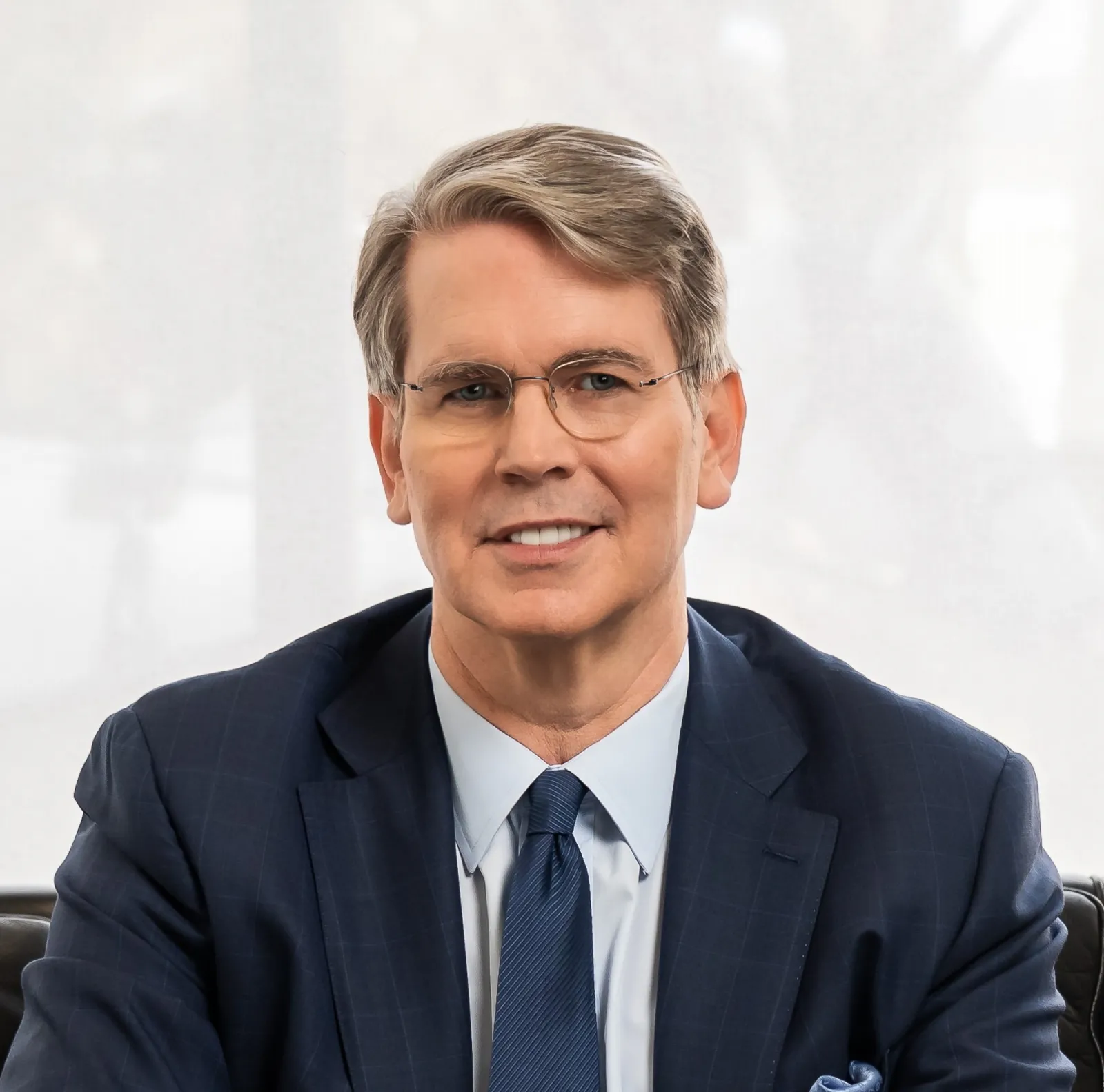
Scott Bessent, who currently serves as Donald Trump’s U.S. Secretary of the Treasury, has no other background in government than the fundraiser he organized for Al Gore in 2000. As a hedge fund manager, however, Bessent definitely has some experience with governments, since he can be credited with “breaking” the Bank of England, by betting against the British pound, back in 1992. At the time, the man who is now Trump’s appointee was a partner at the Soros Management Fund and thus an associate of George Soros, whose philanthropic endeavors figure among the main targets of MAGA’s anti-woke campaigns and whose name is arguably the main code-word for MAGA’s anti-semitic sentiment.
After leaving the Soros management Fund, Bessent co-founded the Key Square Group in 2015 and started embracing the libertarian causes dear to the hedge fund community more wholeheartedly. By 2024, he was one of Donald Trump’s biggest financial backers, donating $1 million to the MAGA Super PAC and another $100,000 to Right for America, another Trumpist Super PAC. He also hosted two fundraisers for Trump, one at his home in Greenville, South Carolina, which raised nearly $7 million and one in Palm Beach, Florida, which raised $50 million.
At his nomination hearing, Bessent praised the fiscal policy that he was appointed to implement and, despite not being cut out for the part, tried his best to give it a populist ring: “If we do not renew these tax cuts,” he warned, “we will be facing an economic calamity, and as always with financial instability that falls on the middle and working class people.”
Though visibly uncomfortable with Donald Trump’s tariff frenzy on “Liberation Day”, Bessent has quietly worked at reconciling his boss’s mercantilist views with Wall Street’s preferences. Hence his carefully crafted speech at the IMF Spring meeting on April 23, 2025, where he sought to reassure US partners by telling them that the administration’s purpose was to reform rather than destroy international institutions like the IMF and the World Bank: “America First does not mean America alone,” he asserted.
At the same time, however, Bessent made sure to remind his audience that the time had come for the IMF and the World Bank to “step back from their sprawling and unfocused agendas, which have stifled their ability to deliver on their core mandates.” What he meant was that the IMF should stop spending “disproportionate time and resources to work on climate change, gender, and social issues”, while “the World Bank must respond to countries’ energy priorities and needs and focus on dependable technologies that can sustain economic growth rather than seek to meet distortionary climate finance targets.”
Patrick Buchanan
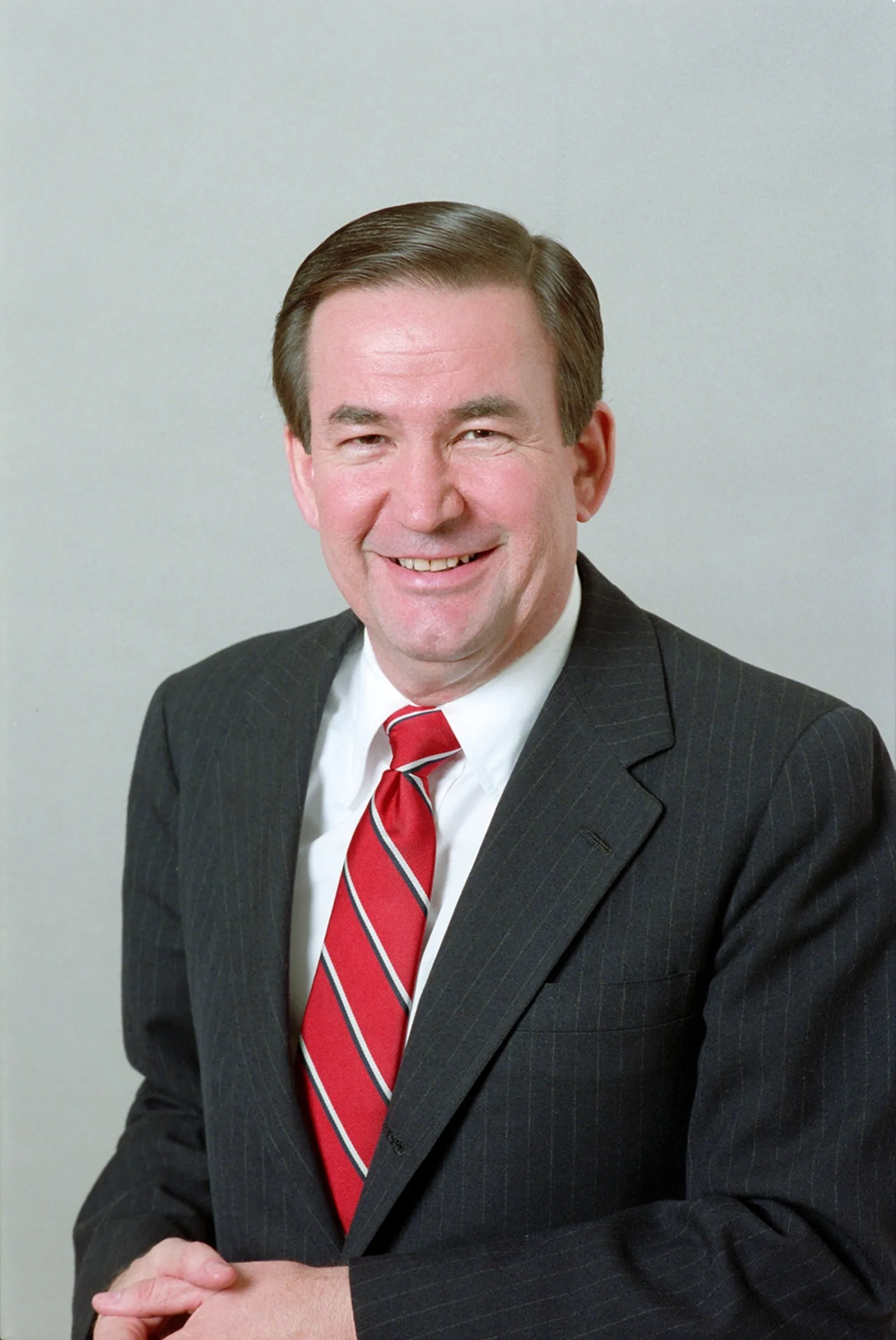
According to his apologists, Patrick Buchanan is neither a racist nor an antisemite. He merely says racist and antisemitic things. As a former speechwriter and pundit, Buchanan has certainly resorted to words in order to make a living. Yet it would be unfair to suggest that, instead of being a true bigot, Buchanan was only playing one on TV.
Regarding race relations in the US, Richard Nixon, who employed him at the time, summarized his press secretary’s position as “segregation forever”. As for Jews, Buchanan’s statement on Treblinka not being an extermination camp squarely falls under the rubric of Holocaust denial – not to mention his kind words about Hitler. As fellow conservative commentator Charles Krauthammer once remarked, “(t)he interesting thing (about Buchanan) is how he can say these things and still be considered a national figure.”
One should add that even his most fervent advocates never tried to argue that Buchanan’s homophobic, xenophobic and sexist rants did not reflect his true self. At best, they might have claimed that the views he proffered on the AIDS epidemic – nature’s revenge on homosexual practices – immigration – an existential threat – and the role of women – “building the nest”, like “Momma Bird” – were less his own than those of the God he worships.
Born in Washington in 1938, Patrick Buchanan was raised as a traditionalist Catholic. His great-grandfather fought under General Robert E. Lee, and he remains a proud member of the Sons of Confederate Veterans. A streetfighter and a bully in his youth – his family’s Jewish neighbors were his favorite target – “Pat” eventually matured, attending the Graduate School of Journalism at Columbia University and starting his journalistic career at the Saint-Louis Globe-Democrat.
In 1966, Buchanan was hired by Richard Nixon’s campaign team to write the speeches meant for the candidate’s conservative base. Among other accomplishments, he coined the phrase “Silent Majority”. After the election, he worked as White House assistant and speechwriter, kept his job during Nixon’s unfinished second term and remained faithful to his boss until the bitter end – he even urged the President to burn the Watergate tapes in order to stay in power.
When Gerald Ford took office, the new administration briefly considered making Buchanan the US ambassador to apartheid South Africa. However, because of his segregationist inclinations and his excessive enthusiasm about getting the job, the State Department eventually rescinded the offer. Temporarily retired from politics, Buchanan embarked on a long and successful career as a news commentator, first at NBC radio then on cable TV – where he successively joined NBC’s The McLaughlin Group and CNN’s Crossfire and The Capital Gang. In these popular shows, Buchanan was typically cast as the conservative voice pitted against a liberal counterpart.
The renowned pundit came back to the White House in 1985 as Ronald Reagan’s Communications Director. During his two-year tenure, Buchanan was instrumental in the organization of the President’s visit to the German cemetery of Bitburg, where 48 Waffen SS members were buried. While busy defending the Administration’s decision – in the face of widespread outrage – the Communications Director used his spare time fighting the deportation of suspected Nazi war criminals to countries of the Eastern bloc. For Buchanan, honoring the Wehrmacht’s sacrifice and frustrating the plans of “revenge-obsessed Nazi hunters” were two sides of the same mission – one that his great-grandfather would have surely condoned.
After leaving the Reagan administration and returning to punditry, Buchanan felt freer to embrace his favorite causes. In 1989, for instance, he paid yet another tribute to his Confederate ancestor by writing a column about the so-called Central Park Five case: in his article, he called for the public hanging of at least one of the Black teenagers falsely accused of having raped a white jogger.
At about the same time, Pat started encouraging his sister Bay, who had also worked for the Reagan administration, to pursue her “Buchanan for President” initiative. The siblings’ platform was two-pronged.
On the domestic front, Buchanan lambasted the open border policy promoted by the globalist wing of the Republican party – or at least by the contributors to the editorial pages of the Wall Street Journal: mass immigration from non-European countries, he warned, would fatally imperil the cultural and moral fabric of the United States.
With respect to foreign affairs, the former speechwriter argued that the closing of the Cold War should also mark the end of US military involvement throughout the world. Hence his staunch opposition to the Gulf War in 1990, which prompted his decision to run against George H.W. Bush two years later.
In the Republican primaries of 1992, Buchanan ran as the paleoconservative candidate: he challenged the incumbent President, whom he accused of harboring both a liberal and an imperialist agenda. Bush, Buchanan complained, had not only reneged on his “no new taxes” pledge: even more importantly, his administration had failed to curb immigration, to hinder women’s access to abortion and to suppress gay rights. Meanwhile, he added, the Jewish lobby and its neoconservative proxies were allowed to dictate the terms of America’s foreign policy.
Buchanan failed to win the nomination but still received almost a quarter of the votes. He also delivered his famous “culture war” speech at the Republican convention, where he claimed that America was in the grips of a decisive struggle for its own soul: the choice was between remaining “God’s country” or descending further down the liberal and multicultural path of moral decline. Though some commentators blamed the Republican defeat in the presidential election on the chilling effect of Buchanan’s oratory, the paleoconservative tribune persisted. After returning to Crossfire, he created a foundation called the American Cause to prepare himself for his next bid. He ran against Bob Dole, in the 1996 primaries, and was defeated once again.
After his second attempt, Buchanan began to despair of the Republican party, which he left in 1999. The following year, he ran as the candidate of the Reform party. While his campaign failed miserably, he inadvertently played a decisive role in George W. Bush’s controversial victory. In Palm Beach, Florida, about 2,000 ballots meant for Al Gore, the Democratic candidate, were mistakenly credited to him. Because the conservative Supreme Court rejected Gore’s request for a recount, his opponent was declared the winner in Florida, which gave him enough delegates to become President.
After 2000, Buchanan gave up on presidential politics and left CNN for MSNBC, where he was one of the few pundits who opposed Bush’s decision to invade Iraq. He also became even more overt in the defense of his other pet causes: one of his columns stated that the UK should not have declared war on Nazi Germany and his book entitled Suicide of a Superpower explicitly lamented the waning of white supremacy in America. Yet it was not until 2011 that MSNBC decided to end his contract.
Five years later, Donald Trump won the presidential election on a platform that largely echoed Buchanan’s. The latter had endorsed the MAGA candidate of course, though Trump’s success must have been bittersweet for the culture war veteran – who continued to write articles, mostly for Peter Brimelow’s white supremacist site VDARE, until 2023.
Similarities between their outlooks notwithstanding, the extent of Buchanan’s actual influence on the 47th President is open to debate. What his charmed professional life reveals, however, is the fact that long before Trump, Washington’s mainstream media and political establishment would already welcome an unapologetic segregationist and Hitler sympathizer as one of their own.
The Koch brothers
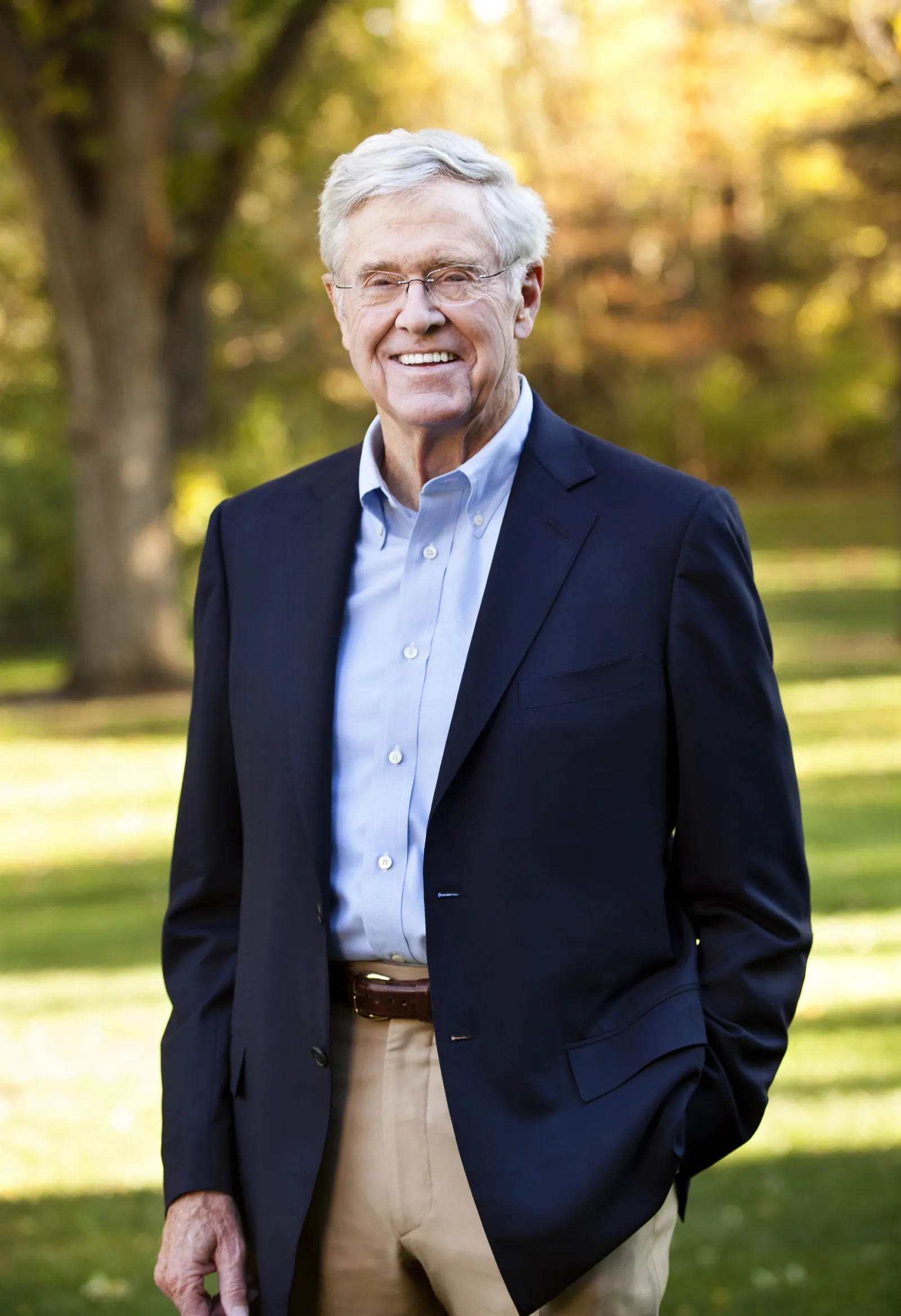
Charles (born 1935) and David (1940–2019) Koch, usually referred to as the “Koch brothers”, are the heirs of their parents’ company, Koch Industries, the second largest privately held company in the United States. Charles is the chairman of the board and has been the co-CEO since 1967, while David was the executive vice-president.
Drawing their immense wealth from this petroleum empire – their father invented a new process for transforming crude oil into gasoline – the Koch brothers have devoted their time and personal capital to promoting libertarian ideas in politics. Over the years, their strategy has shifted from supporting existing libertarian institutions towards deploying their own political network to innerve conservative politics with libertarianism.
Their political involvement started with their economic support and personal participation to the Libertarian Party – David ran for Vice-President for the party’s candidate in the 1980 presidential elections. In the 1980s, they also started funding libertarian think tanks such as the Cato Institute and the Mercatus Center, and began sponsoring university programs and grants through the Charles G. Koch Foundation, for university scholars to research free-market ideas and policy, and to encourage research aimed at documenting the negative impact of any social, collectivist or redistributive measure on the market economy. In 1984, they founded their own organization, Citizens for a Sound Economy, to directly lobby for tax cuts and deregulation on behalf of corporate clients.
During Bush senior and Obama’s presidencies, they massively supported the 60 Plus Association to campaign against their social security and health programs policies. Starting in 2003, the brothers also fostered networking among wealthy donors by holding bi-annual seminars with conferences about free-market theory and political strategies to implement libertarianism, as well as “one-on-one” sessions with Koch organization leaders and donors. By inviting Republican Party candidates and members to these seminars, the Koch brothers began their operation of libertarian influence on the Great Old Party, which they pursued with the creation of the network Americans for Prosperity (AFP) in 2004.
The organization is present in 36 states, and combines advertising, lobbying and grassroots agitation during and between election cycles – their website claims they have more than 4 million members in all 50 states. In the last 20 years, AFP has grown in importance and has pulled the Republican agenda to the right mostly because, as scholars Skocpol and Hertel-Fernandez have shown, a large part of AFP state directors and employees have previously held positions in the Republican party staffs or in election campaigns, or leave AFP to return to the party ranks, where they will pursue the libertarian AFP agenda1. These revolving doors allow AFP to know how to leverage the party, like obtaining legislative victories, for example.
While the Koch brothers have relentlessly sought to influence U.S. elections for nearly 50 years, their impact on the political process began to take on both a sprawling and decisive scale in the 2010s, through their massive funding of the Tea Party in an effort to undo the ‘socialist’ Barack Obama. Early champions of libertarianism, staunch climate change deniers, and outspoken opponents of democracy, Charles and David Koch have over the years invested hundreds of millions of dollars in the radical rightward shift of the American political landscape—until they achieved the return on investment we now see today.
1 Skocpol T, Hertel-Fernandez A. The Koch Network and Republican Party Extremism. Perspectives on Politics. 2016 ;14(3):681-699. doi:10.1017/S1537592716001122
David Sacks
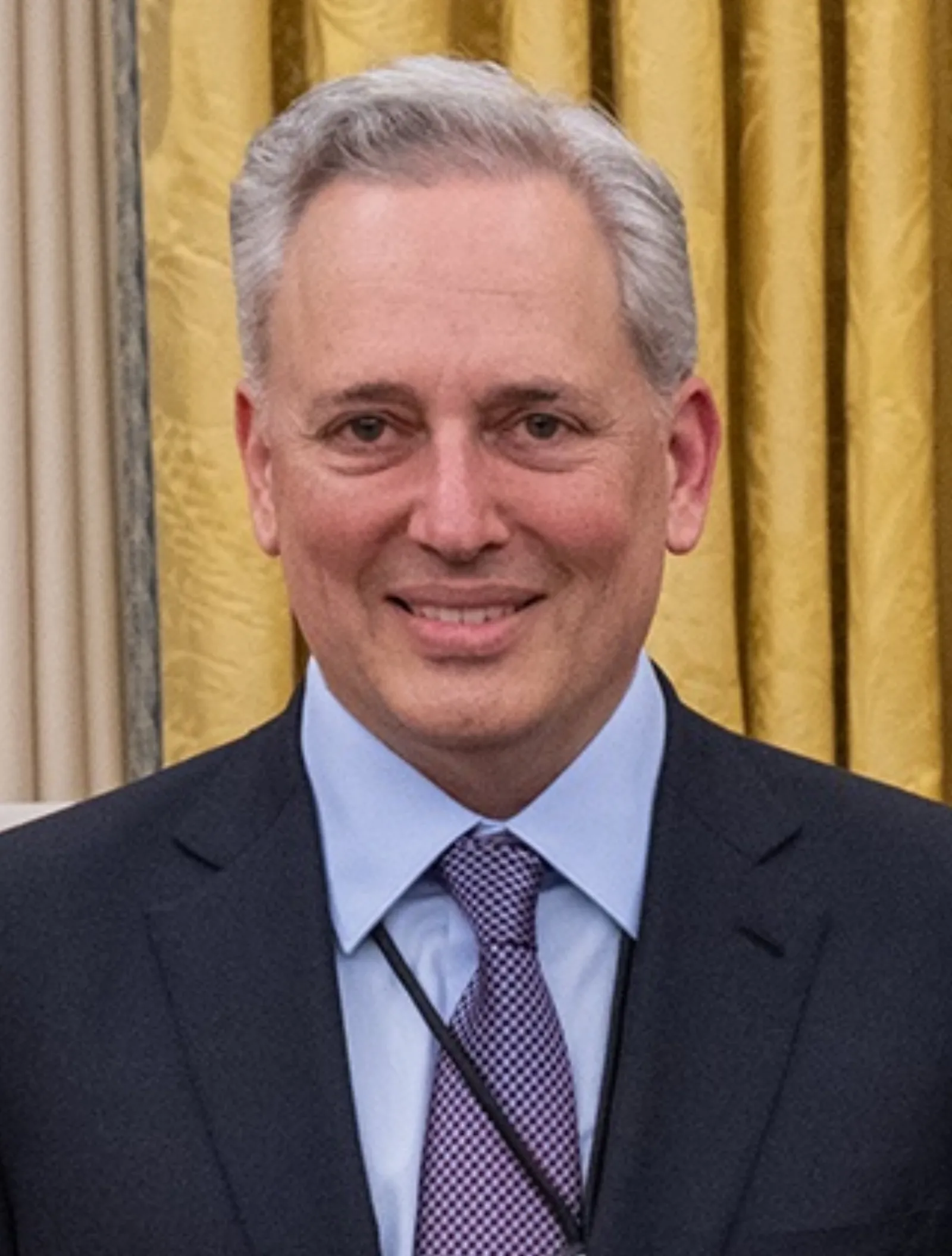
Named “White House AI and Crypto Czar” by Donald Trump in December 2024, David Sacks is a Silicon Valley entrepreneur and investor with no prior government experience. An early member of the PayPal mafia – he was Chief Operating Officer when eBay purchased PayPal in 2002 – he has remained an associate of Elon Musk and Peter Thiel who, like him, were born in Apartheid South Africa.
A long-time paleolibertarian – he co-authored The Diversity Myth: Multiculturalism and the Politics of Intolerance with Peter Thiel back in 1995 – Sacks has recently played a notable role in Silicon Valley’s rightward drift thanks to his influential business and technology podcast All-In –- 766k subscribers on YouTube - which he co-hosts with three other venture capitalists, Jason Calacanis, Chamath Palihapitiya and David Friedberg.
After his friendship with J.D. Vance brought him close to Donald Trump, Sacks hosted a fund raiser for the Republican candidate in June 2024, raising $12 million for the campaign. His duties as AI and Crypto Czar have not been made clear by the POTUS, but the general idea is to lift all forms of burdensome regulations, in order to “MAKE AMERICA GREAT in these two critical technologies”. Sacks serves as a “special government employee,” a status that allows him to work for the government without undergoing confirmation hearings and disclosing his financial statements. Consequently, he will remain a general partner at Craft Ventures, a venture capital fund he co-founded.
Michael Jensen
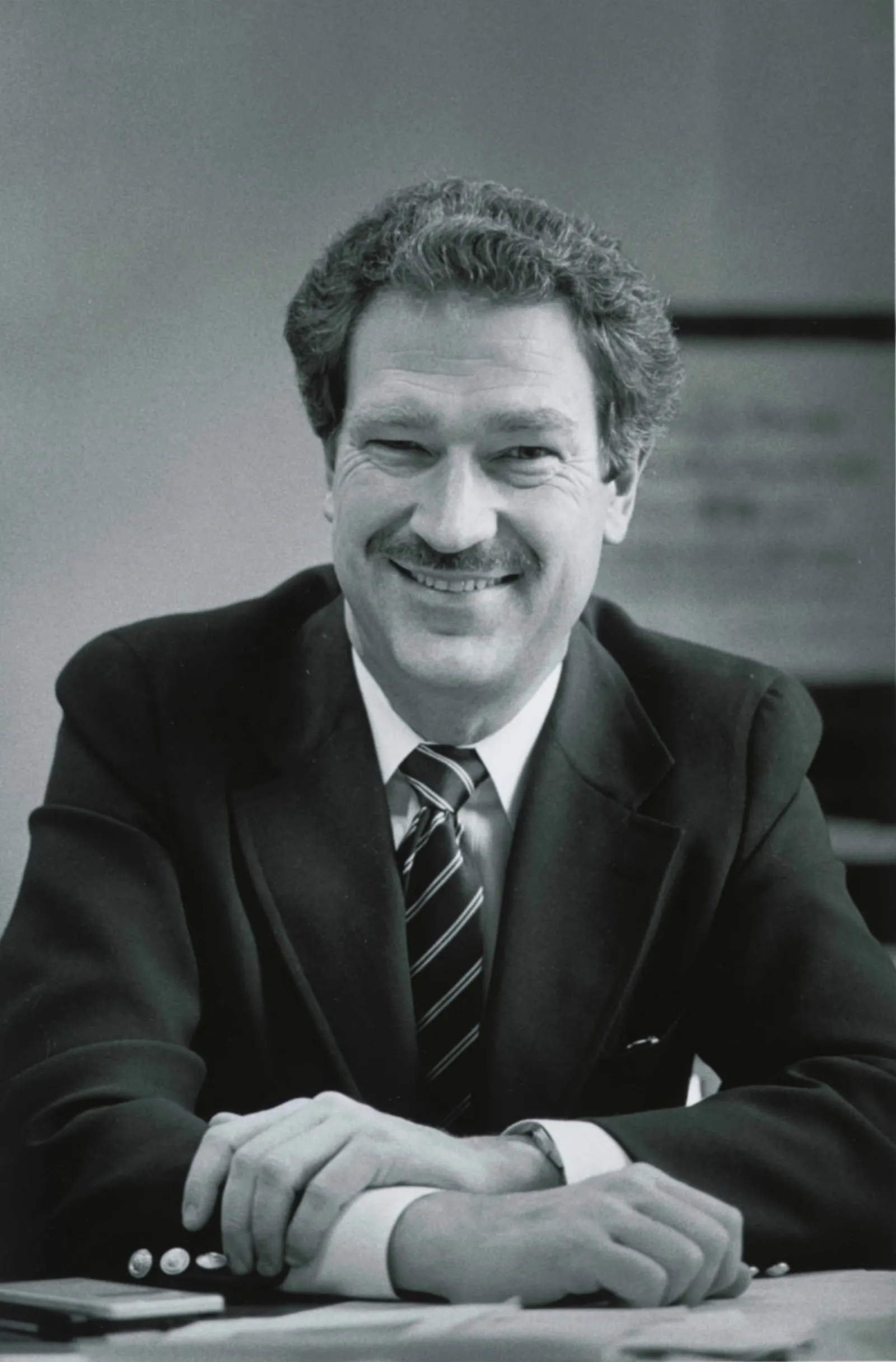
In their article about the influence of agency theory on the practices of boards, analysts and fund managers, the sociologists Jiwook Jung and Frank Dobbin write that “economic theories function as prescriptions for behavior as much as they function as descriptions. Economists and management theorists’” they add, “often act as prophets rather than scientists, describing the world not as it is, but as it could be.”1 Michael Jensen certainly illustrates that statement: more than for describing the workings of a corporation or even for anticipating a change in corporate governance, he can be credited for having contributed to the fulfillment of his own prophecies.
Born in Minnesota in 1939, “Mike” Jensen, who died in 2024, was trained at the University of Chicago School of Business, where he received an MBA in 1964 and a PHD in 1968. Two years later, Milton Friedman published his famous New York Times Magazine op-ed entitled “The Social Responsibility of Business Is to Increase Its Profits.” Railing against corporate social responsibility, which he saw as a sure path toward “pure and unadulterated socialism”, Friedman rejected the notion that corporate managers were accountable to all the stakeholders of the firm that employed them. The only purpose of their jobs, the economist asserted, was to make as much profit as legally possible, not for the company itself but for the people employing them, namely the shareholders of the corporation.
Jensen converted Friedman’s provocation into a doctrine of corporate management in 1976, when he and William Meckling wrote “Theory of the Firm: Managerial Behavior, Agency Costs and Ownership Structure.” The starting point of this hugely influential article was a problem that Adolf Berle and Gardiner Means had identified back in 1932: the separation of ownership and control in modern US corporations. Because publicly traded companies typically had myriads of shareholders, Berle and Means had explained, corporate power was in the hands of salaried managers. These CEOs confidently invoked their loyalty to the firm – as opposed to the special interests pursued by capital owners, employees and consumers – in order to legitimize their rule.
Whereas Berle and Means saw the “modern corporation” as a fait accompli, and thus called upon the government to check and regulate managerial power, Jensen and Meckling, following Friedman’s lead, thought that ownership and control could be once again reconciled. All it would take, they believed, was to challenge the notion that the corporation was an artificial person whose interests were distinct from those of the people holding its stock. In Jensen’s own words, “this was the beginning of breaking open the black box of the firm.” According to Jensen and Meckling’s “agency theory”, a corporation was no more than a bundle of contractual relations between a “principal” – i.e., the owners of the capital – and a wide variety of “agents”. The latter were thus contractually bound to do the bidding of the former.
“Theory of the Firm” purported to delegitimize managerial authority in the name of shareholder democracy: its authors eagerly presented themselves as the vindicators of disempowered stock owners fighting the good fight against unaccountable technocrats. Their true purpose, however, was to ward off the prospect of a stakeholder democracy, whereby the corporation would be accountable to all the people affected by its operations. Heeding Friedman’s warning, Jensen and Meckling reckoned that when “a business takes seriously its responsibilities for providing employment, eliminating discrimination (and) avoiding pollution,” socialism is just around the corner.
While “Theory of the Firm” made a powerful case against “corporate social responsibility” – at least for the readership of the Journal of Financial Economics – a practical question remained: how could managers be either compelled or convinced to serve the interests of their “principal”? Jensen’s answer involved a mix of carrots and sticks:
On the one hand, in an article called “CEO Incentives: It Is not How Much You Pay but How”, he and Kevin Murphy argued that once CEOs were compensated in stock options and other performance-based incentives, they would inevitably see eye to eye with capital owners.
On the other hand, to further dissuade corporate managers from neglecting the pursuit of shareholder value, Jensen advocated threatening them with leveraged buyouts (LBOs): the fear of having financial raiders take over the firm with borrowed money, he wrote in "Agency Costs of Free Cash Flow, Corporate Finance, and Takeovers,” would go a long way toward disciplining recalcitrant agents.
After teaching at the University of Rochester from 1967 to 1986, and founding the Journal of Financial Economics in 1974, Jensen joined the Harvard Business School as a full professor in 1988. The course he taught on “Coordination, Control and the Management of Organizations,” proved immensely popular both with the students who wanted to be hired by Wall Street Firms and with the partners of these firms, who showed their gratitude by amply funding the Harvard Business School. Jensen was then recognized as the indefatigable champion of shareholder value, leveraged buyouts, stock options and golden parachutes.
By the mid-2000s, however, as Wall Street got increasingly mired in scandals and fraudulent bankruptcies – from Enron to Lehmann Brothers – Jensen had a change of heart, of sorts. While still wedded to his conception of the firm, he complained that the business world was riddled with moral flaws: “stock options”, he lamented in a New Yorker interview, have become “managerial heroin.” After retiring from Harvard, Jensen met Werner Erhard, the self-improvement guru and founder of EST. Together, they launched a so-called Erhard/Jensen ontological/Phenomenological Initiative in 2012, the purpose of which was to give weeklong seminars about “integrity”, mostly at beach resorts.
Pete Hegseth
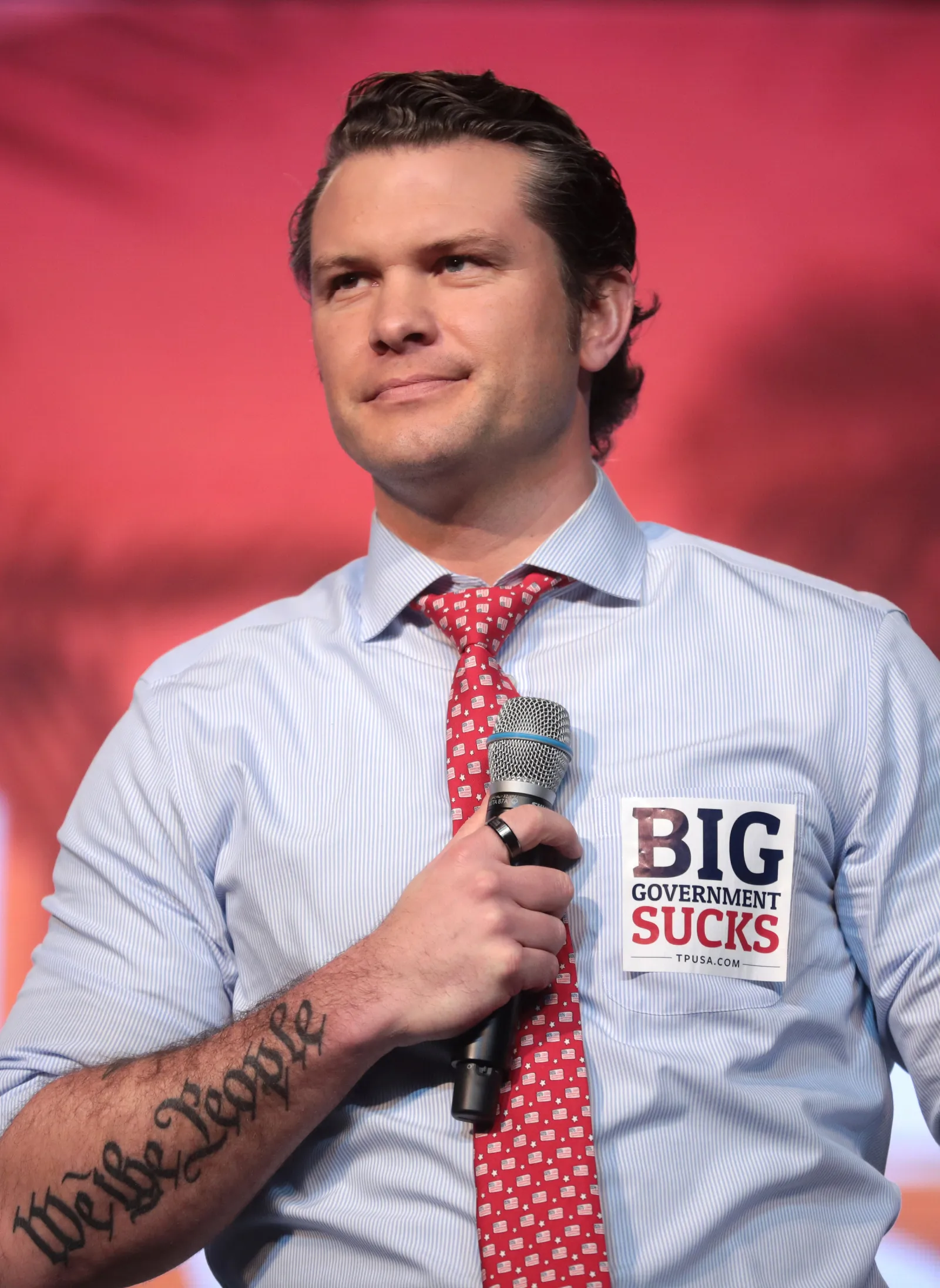
Pete Hegseth has been appointed Secretary of Defense by Donald Trump for good reasons: during his long tenure as a co-host on Fox and Friends, one of Trump’s favorite TV shows, he not only played a key role in persuading the then 45th President to pardon three US soldiers indicted for war crimes in Afghanistan and Iraq (in 2019) but also emulated his current boss by purchasing the silence of a woman who had accused him of rape (in 2017). More broadly, Hegseth matches the new administration’s view of a Secretary of Defense in pretty much all respects.
First, after serving in the military three times (2003-2006, 2010-2014, 2019-2021), including as a national guardsman at the Guantanamo Bay prison and as a volunteer in Iraq and in Afghanistan, he resigned from what he would later call a woke army when he was barred from attending Joe Biden’s inauguration on account of his Deus vulttattoo – a reference to the Crusades that is a notorious sign of allegiance to the Christian nationalist far right.
Second, a Christian nationalist is precisely how Hegseth defines himself: as such, he blames the declining “glory” of the US army on DEI (Diversity, Equity, Inclusion) policies and is staking its restoration on the firing of transgender soldiers, the exclusion of women from combat positions, and the drastic reduction of the number of non-white and non-Christian officers. Lately, if only to make his intentions clearer, he decided to introduce a “Secretary of Defense Christian Prayer & Worship Service” in the Pentagon’s auditorium - a monthly event meant to praise God but also Donald Trump as a divinely appointed leader.
Third, Pete Hegseth’s approach to management is also inspired by or least congruent with that of the man he serves. Indeed, back in the mid-2010 – before becoming a full-time Fox News host – the Secretary of Defense was forced to resign from “the two nonprofit advocacy groups that he ran—Veterans for Freedom and Concerned Veterans for America—in the face of serious allegations of financial mismanagement, sexual impropriety, and personal misconduct1.”
Finally, since his appointment at the head of the Department of Defense, Hegseth has displayed a sense of boundaries – between the private and the professional – that is also resonant with Trumpworld practices. In particular, he has failed to resist the urge to share sensitive information about an impending bombing operation in Yemen with a journalist of The Atlantic– over a chat on Signal – and to invite his wife to several confidential meetings. More than his irresponsible behavior, however, what is most remarkable in this episode is Hegesth’s eagerness to brag about the imminent killing of Yemeni civilians.
1. Jane Mayer, “Pete Hegseth’s secret history”, The New Yorker, December 1, 2024.
Philip Hamburger
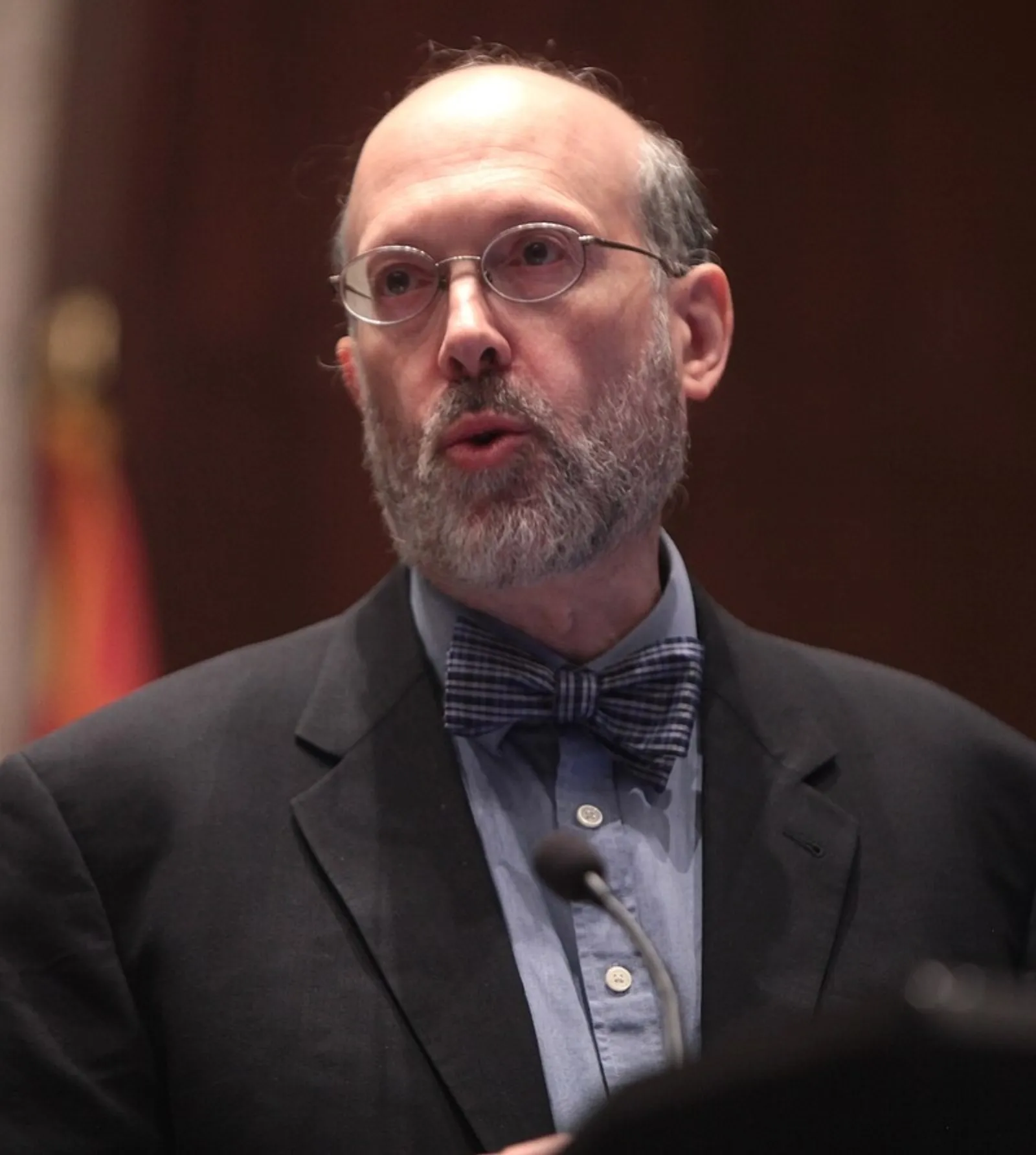
A professor of constitutional law and of legal history at Columbia University, Philip Hamburger is one of the chief crusaders against the “tyranny” of the American administrative State. In 2014, he established the Columbia Law School’s Center for Law and Liberty, which focuses on what paleolibertarians like himself identify as the major threats to freedom – from Universities’ Institutional Review Boards establishing criteria for sound research to Big Tech’s allegedly censorious monitoring of content and liberal biases against religious discourse.
Three years later, as Donald Trump was taking office, Hamburger founded and became the CEO of the New Civil Liberties Alliance (NCLA), a nonprofit and ostensibly nonpartisan organization largely funded by Charles Koch and Leonard Leo. As the names of its sponsors convey, the NCLA is designed to “protect constitutional freedoms from violations by the administrative state.” Its lawyers typically bring cases against the Securities and Exchange Commission (SEC) and the Environmental Protection Agency (EPA), which they accuse of usurping the power of the government’s executive branch. In his activist endeavors as well as in his books and articles, Hamburger has been an intellectual architect of the Trump coalition’s approach to freedom fighting.
One of the main causes he champions – first in his 2002 book Separation of Church and State, then in its 2018 sequel Liberal Suppression – involves what he considers to be an abusive interpretation of the First Amendment. According to him, invoking the constitutional protection of free speech as a justification for the separation of Church and State is a wrongheaded reading of the American Constitution predicated on a longstanding anticatholic tradition. Instead of protecting religious freedom from governmental overreach, Hamburger complains, judges have increasingly enabled the State to police the expression of religious speech and confine it to the private sphere. In Liberal Suppression – subtitled: Section 501(c)(3) and the Taxation of Speech – the originalist legal scholar further argues that threatening to deprive charities of their non-profit fiscal status if they refuse to renounce practices that post-civil rights norms deem discriminatory represents an infringement on religious freedom typical of a police State – especially considering that the framers of the Constitution wanted religious freedom to be unconditionally protected.
Yet what arguably constitutes Hamburger’s main contribution to the advancement of the far-right agenda is the maximalist case he makes for the Unitary Executive Theory (UET). The latter, which is now embraced by a majority of Justices in the Roberts Supreme Court, states that the President possesses sole authority over the executive branch. Supporters of the theory, like the late Justice Antonin Scalia, claim that, as the “only person who alone composes a branch of government”, the President has been vested with “not some of the executive power, but all of the executive power”1. The main implication of the UET is that presidents can remove at will any subordinate officials of the Executive branch, whether appointed by their predecessors or by themselves.
In a 2014 book called Is Administrative Law Unlawful? Hamburger takes on the unanimous 1935 opinion in Humphrey’s Executor v. United States, which endows administrative agencies with “quasi-legislative” and “quasi-judicial” powers inside the purview of the missions assigned to them by Congress – be it the protection of the environment or the enforcement of civil rights. According to the Columbia law professor, congressional delegation of rulemaking and adjudicational responsibilities is the very process through which a “deep state” takes control of the citizenry – under the guise of protecting its liberties and securing its welfare. To fight the entrenchment of administrative despotism, therefore – which he compares to early modern monarchical power – Hamburger paradoxically advocates for the subordination of these agencies to the sole authority of the White House. Public administration employees, in other words, should be perceived as agents hired and paid to execute the decisions of the President.
Hamburger’s perspective on the UET has been recently vindicated by two Court decisions, Loper Bright Enterprises v. Raimondo and the Relentless, Inc. v. Department of Commerce, which have canceled the so-called Chevron deference, a doctrine that compelled courts to defer to the interpretation of federal statutes by administrative agencies. Altogether, his work is paradigmatic of the libertarian weaponization of freedom, whether to foster the interests of religious organizations, curtail the public oversight of private companies or legitimize the advent of an authoritarian presidency.
1 See Antonin Scalia’s dissenting opinion in Morrison, Independent Counsel vs. Olson et al., 1987: https://tile.loc.gov/storage-s...
James M. Buchanan
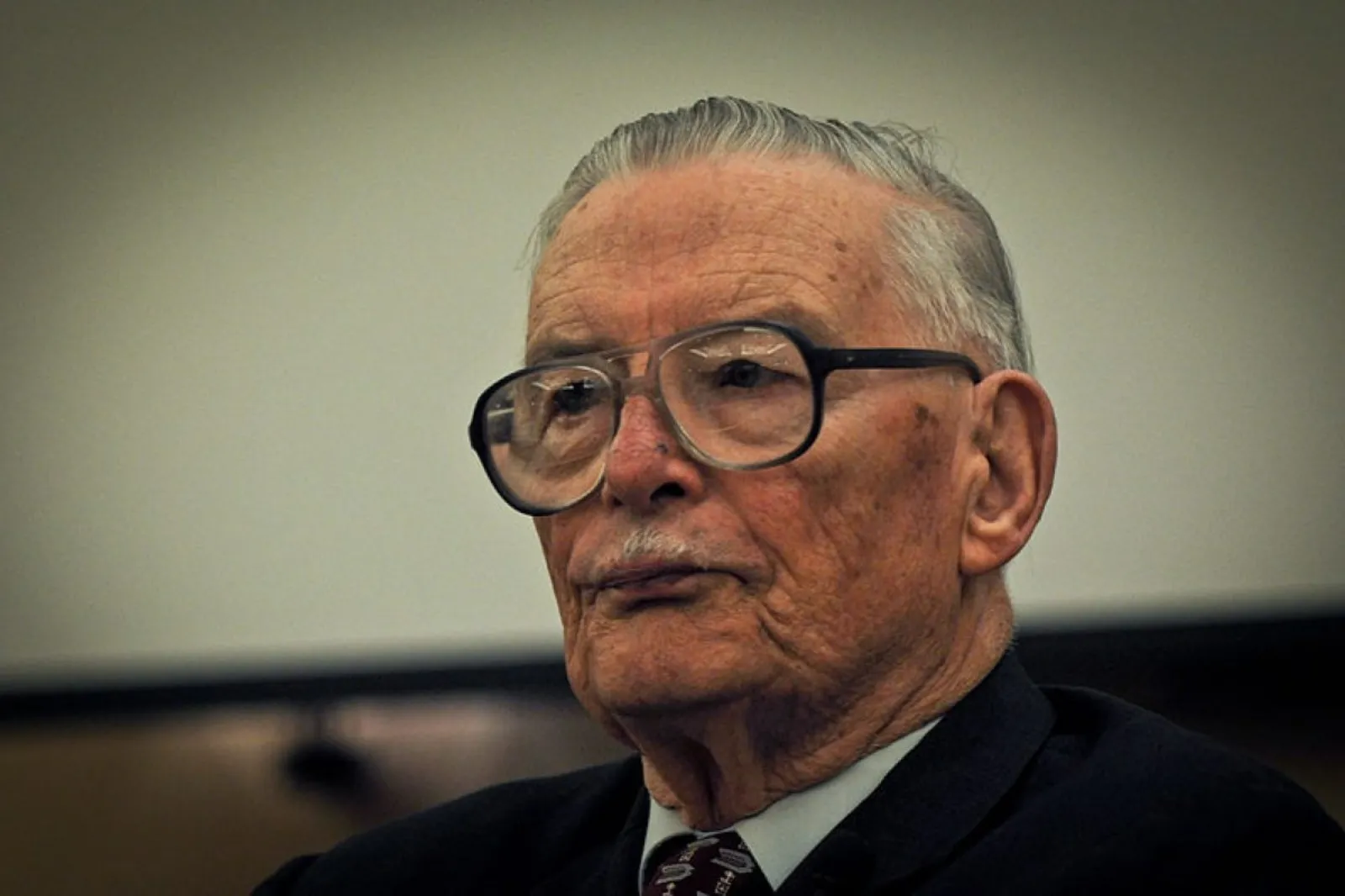
Born in 1919, James McGill Buchanan was raised in rural Tennessee. His grandfather had been a governor of the state, elected on the Farmers’ Alliance platform, but by the time James came along, the family had lost both its political clout and its economic resources. Encouraged to redeem the Buchanan name and reputation, the future leading figure of the Virginia School of Economics did so by way of a successful academic career, which started when he was accepted at the University of Chicago for a PHD in economics.
Still informed by his grandfather’s populism when he entered the program, Buchanan quickly converted from what he called socialism to the pro-free market mindset of his teachers – Frank Knight but also the younger faculties, Milton Friedman and Friedrich Hayek. The latter quickly recognized the newcomer’s potential and made him a member of the Mont Pelerin Society. After completing his PHD, Buchanan taught in Tennessee and in Florida before joining the University of Virginia in 1957, where he cofounded the Jefferson Center for Studies in Political Economy and Social Philosophy.
The Center was bankrolled by the very conservative Volker Fund and soon became one of the main laboratories of neoliberal thought in the US. As eager as his comrades to discipline democracy and curtail the ability of elected officials to tax and spend, Buchanan decided to do his part by extending the Chicago School’s perspective on human conduct to the field of politics. His theory of Public Choice – for which he received the Nobel Memorial Prize in Economic Sciences in 1986 – sought to legitimize the neoliberal agenda by showing that politicians and civil servants behaved like everybody else. Notwithstanding their pretense to work for the public good, they were nothing but rational, self-interested and forward-looking utility maximizers.
What distinguished democratically elected leaders and public sector employees from ordinary people, Buchanan argued, was both the widespread misconception about their motives and the unchecked power they wielded – whether justified by the popular mandate they claimed or predicated on their civil servant status. To undermine what he saw as the rent-seeking propensities of government officials, Buchanan advocated two kinds of political measures. The first kind was designed to curb the authority vested in popular sovereignty. It consisted of imposing constitutional restrictions on a government’s right to run a deficit and of multiplying the cases where a congressional super-majority would be required in order to pass a bill. The second kind of reforms aimed to change the behavior of public employees. The way to proceed was to make their jobs as incumbent on performance and as subjected to competition as those of their private sector counterparts.
Outlined in The Calculus of Consent – a book co-authored with Gordon Tullock and published in 1962 – Public Choice Theory proved successful enough to endow Buchanan with ample academic recognition and funding. By the mid-60s, however, the administration of the University of Virginia began to worry about the rigid political orientation of the Jefferson Center. Buchanan reacted by disbanding the Center and leaving the University altogether. In 1968, he joined the economics department of UCLA, but only to be both deeply traumatized and further radicalized by the student activism he encountered on campus.
Hitherto convinced that, in the US at least, a vast majority of voting citizens were sufficiently attached to property rights, family values and genuine federalism to limit the growth of the welfare state, Buchanan suddenly grew more pessimistic but also more resolute. On the one hand, the year he spent at UCLA persuaded him that the preservation of the liberal political order called for the imposition of stricter constitutional limitations on majority rule. Otherwise, he argued in The Limits of Liberty, the electoral system would inevitably favor the enfranchised beneficiaries of welfare provisions, affirmative action programs and labor union privileges at the expense of hard-working homeowners and entrepreneurs. But on the other hand, Buchanan also came to the realization that the required reforms could only be implemented if a powerful social movement demanded them. Hence his pivotal involvement, as an organic intellectual, in the Californian tax revolt of the late 1970s.
After leaving UCLA in 1969, Buchanan came back to Virginia and, with Tullock, established a Center for Study of Public Choice at the Virginia Polytechnic Institute. He was hardly done with California, however. In 1972, he joined the Tax Reduction Task Force convened by Ronald Reagan, who was then the governor of the state. If “someone of the national scale of Governor Reagan could take the lead”, Buchanan wrote upon joining the Task Force, one could finally hope “to get a taxpayer revolution off the ground.”
The rationale behind this revolutionary prospect was that the never-ending expansion of progressive taxes and deficit-financed programs was eventually bound to cause more resentment than relief. Rather than enjoying the social benefits and public services provided by the state, an increasing portion of the voting population would feel that the tax-dollars collected from the product of their labor were being spent on rent-seekers – whether idle welfare recipients, lazy and overprotected functionaries, privileged union members, or out-of-touch yet patronizing public school teachers and intellectuals. Once properly mobilized against the federal state’s bias towards these allegedly parasitical groups, Buchanan believed that taxpayers could be turned into the kind of revolutionaries that had brought his grandfather to power, but also that they would demand neoliberal reforms purposed to protect the makers from the takers.
Buchanan’s vision was vindicated by the success of the referendums on proposition 13 in 1976 and proposition 4 one year later, which not only drastically restricted property taxes and local government appropriations but also required a two third super-majority in both state house and senate to make any change in California’s fiscal policy. Then, in 1980, the possibility of extending the Californian trend to the national level became very real with the landslide election of Ronald Reagan to the presidency. Having relocated his Center for Study of Public Choice at George Mason University in 1983, Buchanan could now count on the generous support of the Koch brothers. At the helm of what the Wall Street Journal called “the Pentagon of conservative academia”, he remained, until his death in 2014, an indefatigable promoter of neoliberal constitutional reforms – from the balanced budget amendment to the abolition of social security, which he compared to a Ponzi scheme. Though both initiatives kept failing at the federal level, Buchanan’s relentless assaults on government’s profligacy continue to inform the legislation of a vast majority of states: to this day, 44 of them require their legislature to pass a balanced budget.
Palmiro Togliatti
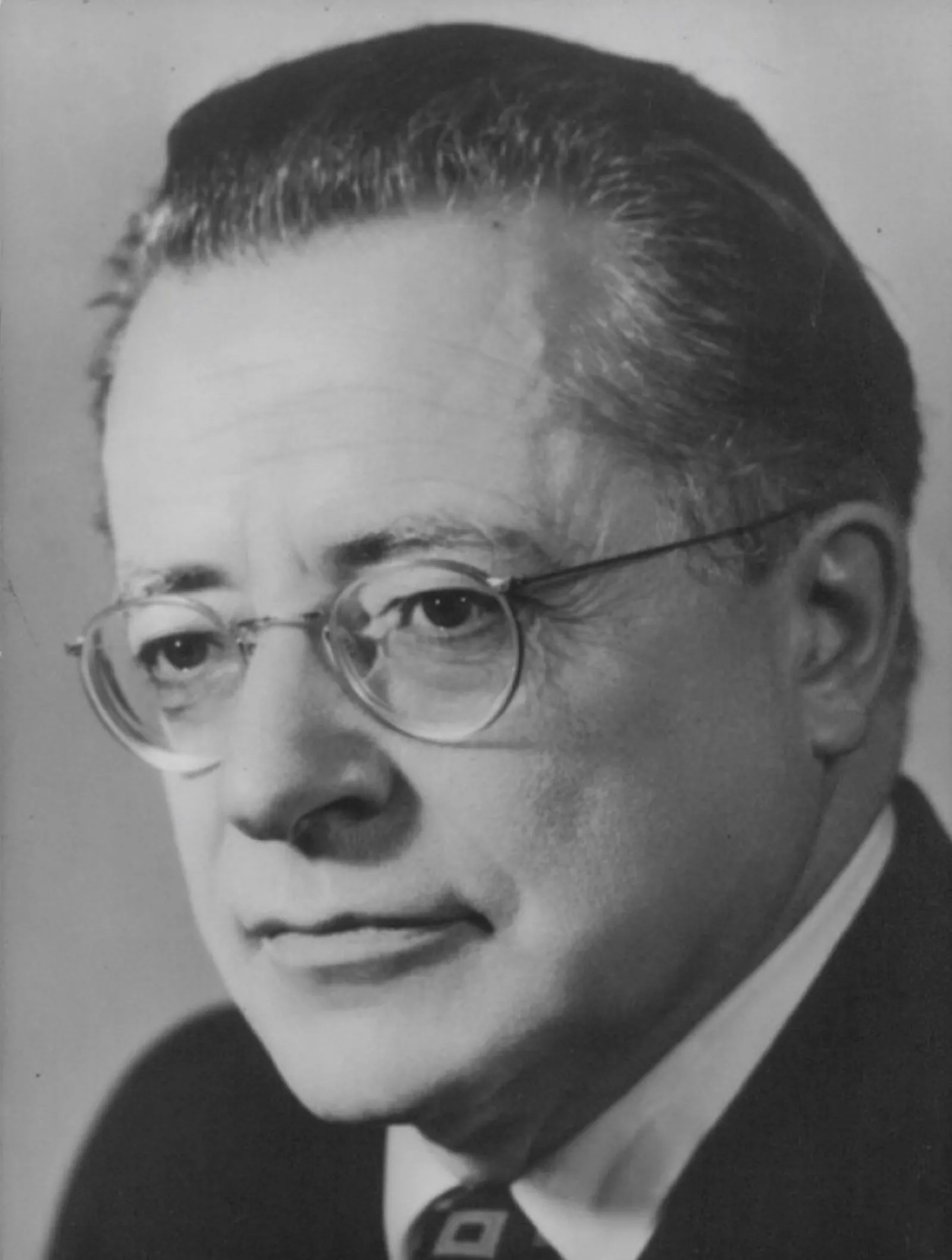
Palmiro Togliatti occupies a singular place in the history of the Italian left. As the founder of the Italian Communist Party (PCI) and an outspoken opponent of fascism, he was also a man of compromise who gave up on his revolutionary hopes after the resistance war.
A friend of Gramsci, he joined the Italian Communist Party (PCI) in 1914 and campaigned on its far left for its transformation into a revolutionary party. Faced with the PSI’s reformism during the factory occupations of the biennio rosso, he broke away and participated in the founding of the PCI at the Livorno Congress. In the 1920s, Togliatti took on increasing responsibilities within the party and distinguished himself as a privileged intermediary between Moscow and Europe. After Gramsci’s arrest, who had become secretary general of the PCI, Togliatti also faced repression. Fortunately, he was in Moscow when the main Communist leaders were arrested. Appointed to the party leadership, he worked from abroad to organize the PCI clandestinely and develop a strategy to defeat fascism, which gradually took the form of the “popular front policy”. His analysis of fascism as a “reactionary mass regime” is recorded in the “Course on Adversaries” he gave in Moscow in the spring of 1935.
During the war, the anti-fascist struggle was closely tied to the fight against capitalism (see text on the Action Party in chapter 2). It was in this sense that the various resistance parties (the PCI, PSI, and Partito d'Azione) agreed on a principle of non-compromise with the monarchy. The anti-fascists demanded the king’s abdication and Marshal Badoglio’s resignation, both of whom were accomplices of Mussolini’s regime, in order to prevent the popular resistance effort from being hijacked by the monarchist elite.
Yet, when he returned to Italy in March 1944, Togliatti broke with the anti-fascist line and called for the formation of a government with the king and Badoglio. This break, known as the “Svolta di Salerno”, can be explained by directives he received from Stalin on the night of March 3-4, 1944. These directives prioritized the geopolitical interests of the USSR, (i.e., the consolidation of Italy’s power vis-à-vis Germany and England), rather than the interests of the Italian working class. Where anti-fascism could have led to the construction of a new political order, the Salerno turning point neutralized its aspirations and replaced it with diplomatic anti-fascism, under the leadership of the Communist Party.
After Italy’s Liberation, Togliatti found himself at the head of the largest communist party in the West, and seemed determined to do everything in his power to integrate it into liberal democracy. The amnesty he signed on June 22, 1946, as Minister of Justice, was intended to promote Italian reconciliation after the civil war and stabilize the Republic’s institutions. In concrete terms, it absolved thousands of fascists of their war crimes and allowed them to remain in their positions in the administration, the army, and large companies. Although aggravated crimes were theoretically excluded from the amnesty, these exceptions were rarely applied by the Italian judiciary, 90% of whom were still from the fascist administration. On the other hand, partisans were prosecuted by the courts, which fueled deep resentment among former resistance fighters. While this gesture helps us understand how Italy’s transition from fascism to democracy took place, it also explains the survival of fascism in democracy. Indeed, the amnesty allowed for the rapid rebirth of legal political fascism, with the founding of the Italian Social Movement in 1946. By prioritizing institutional and state reconstruction, Togliatti and the PCI participated in a process of erasing the memory of fascist crimes, which has long benefited the Italian far right.
The trajectory traced by Togliatti, who remained at the forefront of the PCi until his death in 1964, demonstrates the ways in which anti-fascism was overtaken by heterogenous logics (Soviet, conservative, and liberal), and thus diverted from its initial goal.
Beppe Grillo
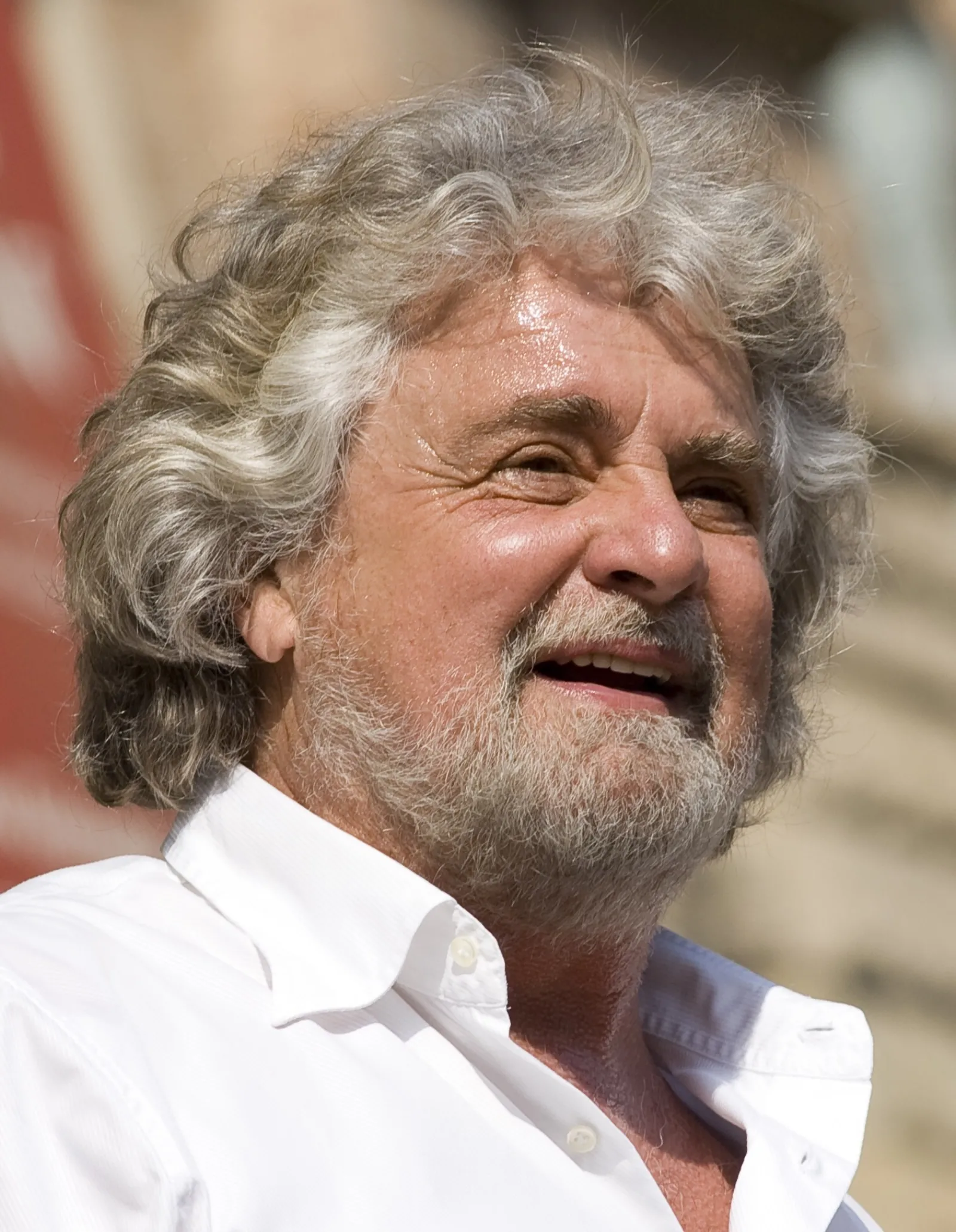
An accountant by training who later became a comedian and then a populist leader, Beppe Grillo is a key figure for understanding the transformations of Italy’s political landscape in the 2010s. He gained nationwide fame through his satirical stage shows and television appearances, where he filled stadiums and drew laughter by relentlessly castigating Italian politicians, whom he accused of widespread corruption. Critical of the operations of major industries, Grillo often relied on experts to grasp the technical dimensions of the issues he addressed, incorporating this detailed knowledge into his performances. When Telecom Italia was privatized, for instance, he purchased shares in the company in order to secure an invitation to its annual general meeting, where he publicly denounced the privatization in front of its investors.
Beppe Grillo’s career took a decisive turn in the early 2000s, following his meeting with Gianroberto Casaleggio. After encountering Casaleggio, a specialist in digital communications, at the end of one of his shows, Grillo was encouraged to create a website through which he could disseminate his views on current affairs and politics. Launched in 2004, Beppe Grillo’s blog quickly became a must-read platform in Italy. He used it to denounce politicians’ spending practices and the lack of generational renewal within the political class, which he described as a “gerontocracy.” The blog also served as a space to criticize the privatization of public services and the corruption that accompanied these processes. In 2007, drawing on his growing influence, Grillo called for the organization of a “Vaffanculo Day”, held on September 8. Thousands of people gathered across the Italian peninsula to collect signatures in support of a proposed bill titled Clean Parliament, an explicit reference to the Mani pulite investigations. The bill sought to bar individuals with criminal convictions from entering Parliament and to limit parliamentary careers to two consecutive terms. Although only 50,000 signatures were required, the Grillini collected more than 300,000.
In October 2009, Grillo founded the Movimento Cinque Stelle (Five Star Movement). Claiming to be “neither right nor left,” the party adopted a populist orientation, both in its methods and in the substance of its demands. Its five core themes echoed the topics developed on Grillo’s blog and were designed to appeal to a broad constituency by addressing issues that directly affected people’s material conditions while articulating a shared critique of governmental mismanagement: the return to public control of water services, a zero-waste policy, the expansion of sustainable public transport, a transition to renewable energy, and free access to Wi-Fi. Corruption remained a pervasive concern throughout the movement’s discourse, while free Internet access was framed as a means of circumventing the political propaganda disseminated through television.
Grillo and Casaleggio devised an organizational structure that they believed would guard against the corruption they denounced in other political parties. Their so-called “transparency strategy” stipulated that both party policies and electoral candidates would be selected through online voting. The movement was almost entirely digitized: it had no physical headquarters, and the Internet—still only partially embraced by its political rivals—served as the primary infrastructure for what they presented as a form of direct democracy. All of the movement’s statutes, press releases, and policy proposals were made publicly available online. Communication took place almost exclusively through social media. Viewing the press as hostile, the movement avoided making major announcements through newspapers and sharply limited its presence on television. The party also claimed to operate without a hierarchical structure. Candidates were expected to embody the moral integrity that the movement accused other politicians of lacking: elected representatives were required to have clean criminal records and to commit themselves to opposing public funding for political parties. Because Beppe Grillo had been convicted in 1980 of involuntary manslaughter following a car accident that resulted in three deaths, he was therefore ineligible to stand for election. Rather than weakening his authority within the movement, this restriction paradoxically reinforced his popularity, as it was interpreted by supporters as a guarantee of his sincerity. At the same time, Grillo retained the power to exclude activists who challenged him.
Despite this emphasis on direct democracy, criticism of the established order, and interest in environmental issues and certain public services, Beppe Grillo did not defend workers’ rights. A precursor to Javier Milei and Donald Trump, he mobilized his critique of the political system to attack specific aspects of the state, particularly social welfare. Echoing the anti-state rhetoric of Berlusconi’s right wing, he denounced “welfare dependency” and criticized the power of trade unions. The model of society he promoted was environmentally oriented but rested above all on individual responsibility. Through this combination, Beppe Grillo and the Five Star Movement succeeded in attracting voters from both the right and the left. The movement quickly achieved electoral success. In the February 2013 legislative elections, Grillo’s party upended the political landscape by winning 25.6% of the vote in the Chamber of Deputies and 23.8% in the Senate. It thus sent 109 deputies to the Chamber and 54 senators to the upper house. All were politically inexperienced, and their arrival initially disrupted established parliamentary routines. Enrico Letta, Prime Minister from 2013 to 2014, acknowledged that “it woke us up. And it is largely thanks to them that we chose new figures to lead the assemblies: a former anti-Mafia magistrate in the Senate [Pietro Grasso] and a former official of the United Nations High Commissioner for Refugees in the Chamber [Laura Boldrini]” (1). In 2014, seventeen Grillini were elected to the European Parliament, even though the movement had long embraced the anti-EU stance of its founder, who viewed Italy’s representation in the European Union as excessively costly. In the June 2016 municipal elections, the Five Star Movement won mayoral races in Rome and Turin. Beppe Grillo’s party benefited significantly from the crisis of the Italian right, particularly the conflict that had been ongoing since 2010 between Silvio Berlusconi and his former ally Gianfranco Fini. In 2014, the exposure of a scandal involving rigged public contracts for the organization of the 2015 Milan World Expo—implicating both Berlusconi and the Democratic Party—further boosted the Five Star Movement’s popularity. In the 2018 legislative elections, it emerged as Italy’s leading party with 32% of the vote and formed a coalition government with Matteo Salvini’s League, led by Giuseppe Conte, who was close to the movement.
However, the arrival of the Five Star Movement in government marked the beginning of its decline. Indeed, inconsistencies soon became apparent: once in power, the movement did not overthrow the traditional elites. Its anti-establishment promises seemed hollow. The universal basic income promised by Beppe Grillo was implemented, but on a much smaller scale than had been claimed. As the movement’s election results declined and Conte’s government collapsed due to conflicts within the coalition, Beppe Grillo was disavowed by his base. In November 2024, his role as “guarantor” of the party was removed by a vote of the movement’s constituent assembly. Nevertheless, he continues to preach to the converted by updating his blog.
Sources
(1) "L’irrésistible ascension d’un ovni politique", Jérôme Gautheret, Le Monde, 13 mars 2017
"En Italie, la normalisation politique du Mouvement 5 étoiles", Jérôme Gautheret, Le Monde, 17 novembre 2020
"Le temps des frondeurs", Raffaele Laudani, Manière de voir, 1e avril 2021
"L’homme de la semaine : élections législatives en Italie", Philippe Ridet, Le Monde, 7 janvier 2013
"Beppe Grillo navigue sur l’impuissance de la politique", Gaël de Santis, L’Humanité, 21 mai 2014
Gianfranco Fini
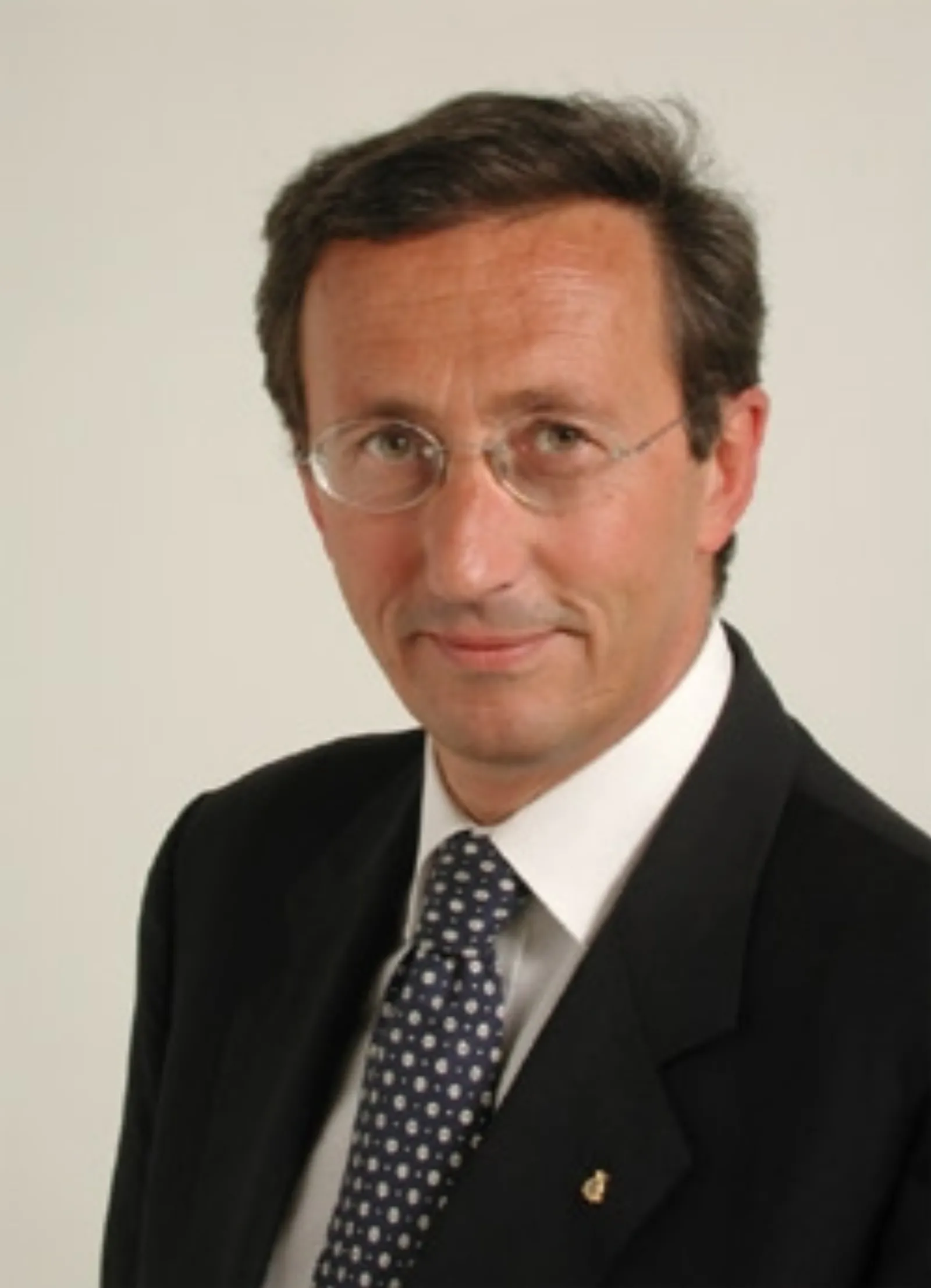
Born in 1952, Gianfranco Fini kept Mussolini’s fascist legacy alive until the end of the 20th century. A journalist by training, he cut his teeth in the Youth Front, the youth wing of the Italian Social Movement (MSI), a neo-fascist party founded in 1946 by ex-leaders of the Republic of Salò, among others, and attended by former members and nostalgics of the fascist regime. The Youth Front enjoyed a certain degree of autonomy from the MSI and did not function solely as an institutional organization. Like many far-right movements, especially those made up of young people, the Youth Front used violence as a means of political action. During the Years of Lead, Youth Front militants and anti-fascist activists regularly clashed in violent and sometimes deadly encounters.
A protégé of MSI leader Giorgio Almirante, Fini rose rapidly through the Youth Front’s ranks, being appointed president by Almirante in 1977, a position he held until 1988. He was then elected secretary general of the MSI. Since 1947, the Italian Social Movement had been excluded from the “Constitutional Arc”: to keep fascism, which the MSI claimed to represent, at bay, all parties had agreed never to include it in an electoral alliance and never to allow any of its members to join the government. To come to power, the MSI had no choice but to try to expand its electorate by its own means. Convinced that, for the party to gain popularity, it needed to focus on winning over part of the Christian Democracy electorate (rather than trying to recruit communists, as some within the MSI suggested) Gianfranco Fini reoriented the party’s political line toward the center-right. This strategy proved successful a few years later, when the Christian Democrats were severely shaken by the Tangentopoli scandal, while no MSI members were targeted by corruption investigations. At the polls, the MSI gained in popularity. But the party’s allegiance to fascism and Fini’s sometimes colorful rhetoric prevented the MSI from becoming truly popular with the public. In 1989, Fini declared that he “still believed in fascism”; in 1990, he claimed that “Mussolini was the greatest statesman of the 20th century”; and, in 1994, that “Mussolini was not a criminal”. In 1993, he lost the Rome municipal elections in the second round. After this electoral defeat, Fini decided to adopt a new discursive strategy to give the MSI greater respectability. Neither fascist nor neo-fascist, he started posturing as a “post-fascist”.
Although the strategy to soften the party’s image was underway, it was not yet sufficient to completely alter public opinion. It was by collaborating with Silvio Berlusconi’s party, Forza Italia, that Fini managed to bring his party into government in 1994. At last, the “constitutional arc” was broken. Five ministers, including the vice-president of the Council of Ministers, were members of the MSI. To further reposition the party, particularly on the international stage, Fini decided in 1995 to transform the MSI into the “National Alliance”, while remaining at its head. The re-founded party removed all “archaic” fascist elements from the MSI’s political program, notably by swapping the corporatist vision of the state for market capitalism. Fini asserted that from then on, fascism would be nothing more than a historical reference and no longer the party’s ideology or objective. Under Fini’s leadership, the former MSI thus became a supposedly moderate right-wing party. A skilled tactician, he even made public appearances during which he denounced fascism, notably during a visit to Auschwitz in 1999—which did not prevent Polish anarchists from pelting him with eggs. During a diplomatic trip to Israel in 2003, he went so far as to say that Mussolini’s regime was “a shameful chapter in the history of our people” and that fascism was “absolute evil”. At the time, Fini was seeking Berlusconi’s position: with prosecutors closing in on Berlusconi, he hoped to replace him as head of the Council of Ministers if he were to resign. In the meantime, he held important positions in the Italian government and parliament. From 2001 to 2006, he was Deputy Prime Minister, a role he combined with that of Minister of Foreign Affairs from 2004 to 2006. From 2008 to 2013, he was President of the Chamber of Deputies.
In 2009, Fini and Berlusconi decided to merge the National Alliance and Forza Italia. But from 2010 onwards, Fini disapproved of Berlusconi’s policies, which he considered too closely aligned with those of the Northern League, and repeatedly called for the Prime Minister’s resignation before founding the parliamentary group Future and Freedom for Italy. However, he failed to win a seat in the 2013 elections, the first time since 1983, and withdrew from political life. In 2024, Fini was sentenced to two years and eight months in prison, a sentence he will surely not serve, after a media outlet owned by Berlusconi revealed that he had authorized the fraudulent sale of a Monegasque apartment belonging to the National Alliance to his partner’s family.
Enrico Berlinguer
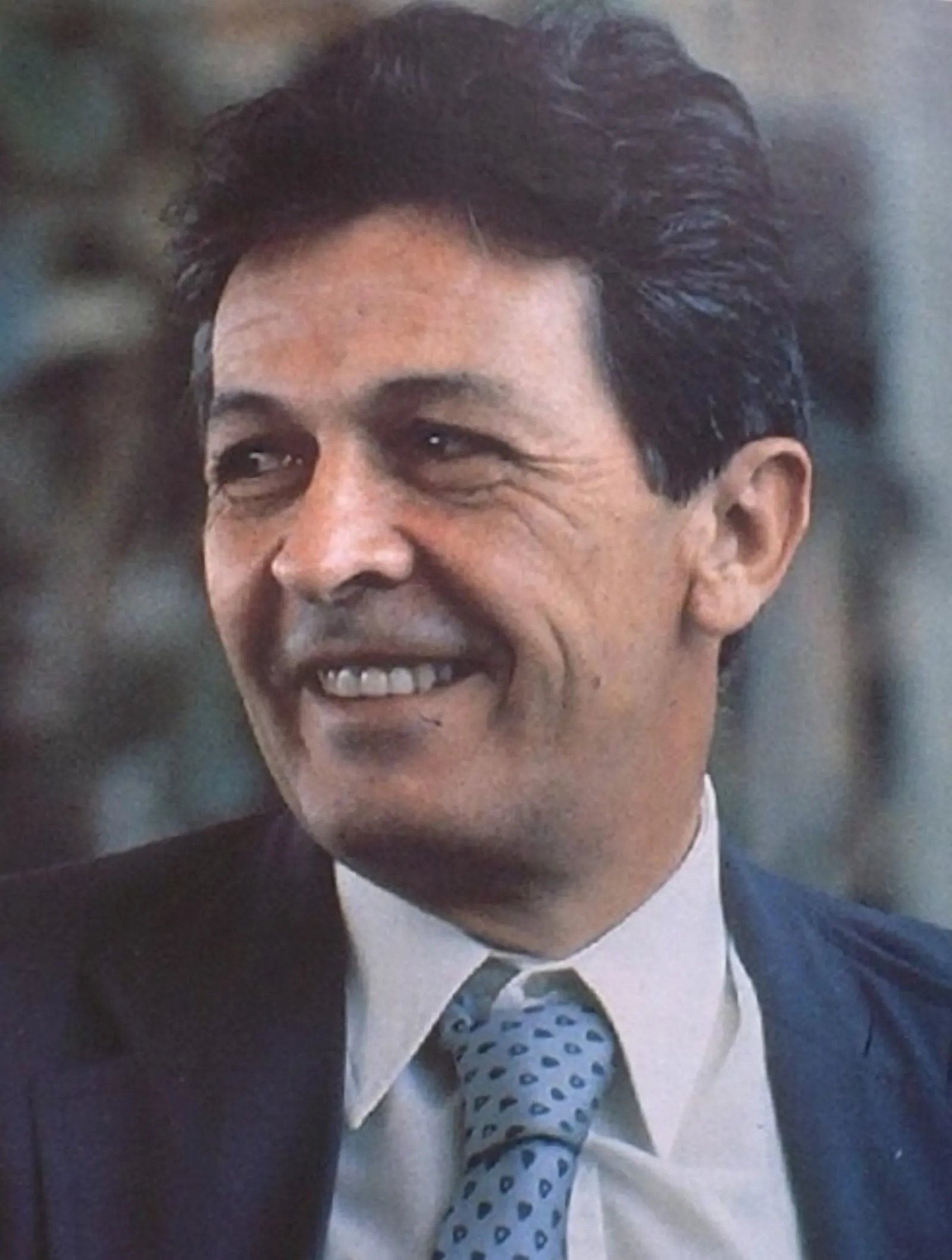
Born in Sardinia on May 25, 1922, into a family of intellectuals, Enrico Berlinguer rose rapidly through the ranks of the Italian Communist Party, which he joined in 1944. In 1949, he became secretary general of the Communist Youth Federation, a position he held until 1956. He also served as president of the World Federation of Democratic Youth from 1950 to 1953. In 1956, the party’s secretary general, Palmiro Togliatti, invited him to join the PCI’s leadership group. When Luigi Longo died, he took his place at the head of the PCI in 1972.
Enrico Berlinguer is best remembered for the “historic compromise” he attempted to organize with the Christian Democrats in the 1970s. In an article published in the magazine Rinascita on September 28, 1973, entitled “Reflections on Italy after the events in Chile”, he drew the following conclusion from the assassination of Salvador Allende in Chile in 1973 and Pinochet’s coup d'état: in a world divided into two blocs, that of liberal democracy led by the United States and that of the Soviet Union, a union of the left could never come to power in Europe without being overthrown by a fascist coup organized by the CIA and networks of the Atlantic. He called on the Christian Democratic Party to “transcend partisan divisions” and form a coalition government to represent the majority of the Italian population.
Berlinguer was right to be concerned about US interference. On the one hand, there are plenty of examples of American interventionism after the war. On the other hand, Frédéric Heurtebize’s work traces the CIA’s surveillance of the PCI since the beginning of the republic, which intensified in the 1970s.
At the 14th PCI congress in Rome in March 1975, Berlinguer therefore made a formal proposal to establish an “historic compromise” with the Christian Democrats. For Aldo Moro, head of the DC, this was not without interest. While the PCI had won 27.2% of the vote in the May 1972 legislative elections, this figure rose to 34.4% in the June 1976 legislative elections. The DC would benefit greatly from the support of a party representing a third of the electorate and whose popularity was on the rise in order to remain in power. The DC had also just suffered a setback: although it had supported the repeal of the divorce law, almost 60% of the Italian population voted to retain it in the referendum of May 12, 1974, dealing a blow to the Christian Democrats’ symbolic stranglehold on political life.
On all sides, such a historic compromise was difficult to accept. DC voters feared communists’ arrival in government. Far-right movements were outraged, arguing that it was a plan by the PCI to seize power. The communist base felt betrayed, arguing that Berlinguer was abandoning his electorate to defend bourgeois democracy. As for the Americans, it is an understatement to say that they were not reassured by the possibility of communists joining a NATO government, even though Berlinguer had claimed to be distancing himself from Moscow’s policies and felt “safer” west of the Iron Curtain. Washington feared that, despite Berlinguer’s comforting words, the compromise was a Soviet Trojan horse designed not only to impose communist policies but also to gain access to NATO military secrets. During a meeting with Aldo Moro, Gerald Ford and Henry Kissinger threatened to withdraw from NATO if communists joined the Italian government.
Despite these intimidation tactics, Berlinguer and Moro worked to establish the compromise. Starting in the summer of 1976, communists in the Chamber of Deputies and the Senate stopped opposing the laws proposed by the government in order to allow them to be passed. In July 1977, a programmatic agreement signed by both parties authorized the PCI’s active participation in the development of policies defended by the DC government, except in matters of foreign policy. In January 1978, Berlinguer, strengthened by his party’s influence and aware of the DC’s dependence on the PCI, requested the appointment of Communist ministers. After his request was rejected, the party organized thousands of mass rallies to demand the entry of communists into the government. On March 9, Berlinguer secured the communists’ entry into the parliamentary majority in exchange for increased decision-making powers.
However, an event disrupted the DC and the PCI’s collaboration. On March 16, 1978, the day on which members of the PCI were to enter the government for the first time, five members of Aldo Moro’s escort were assassinated by a group of Red Brigades and the leader of the DC was held captive for 54 days. While the Red Brigades proposed negotiating a prisoner exchange for his release, the DC and the PCI chose to take a firm stance. For Berlinguer, the situation was delicate: even though the Red Brigades had no links to the PCI, their ideological affiliation with the far left led a section of public opinion to conflate the two organizations. As leader of the PCI, negotiating would be tantamount to legitimizing the violence of the Red Brigades. For their part, the DC’s representatives feared that negotiations would undermine the authority of the state—which did not prevent them, three years later, from paying a ransom to free Ciro Cirillo, another party member kidnapped by the Red Brigades in 1981. In reality, Aldo Moro’s kidnapping suited those who feared the arrival of communists in government. Indeed, this affair would put an end to the historic compromise. On May 9, 1978, Aldo Moro was found dead in the trunk of a car. The DC refused Berlinguer’s request to include communist ministers in the government.
For the first time since the beginning of the republic, the PCI lost votes in the local by-elections of May 14, 1978, winning only 26.5% of the vote. In January 1979, under pressure from metalworkers who wanted to organize a general strike, the PCI withdrew its support for the Andreotti government in both houses and once again became the leading opposition party. At this point, Berlinguer felt that the government was not consulting the party sufficiently. In its reports, the CIA welcomed the decline of his party in the 1979 legislative elections and the 1980 regional elections. Faced with the hostility of Bettino Craxi’s Socialist Party to an alliance with the PCI, Berlinguer reinvested in his working-class electorate by supporting the strikes at the Fiat factories.
For Berlinguer, the historic compromise was part of a broader political movement that he had initiated: Eurocommunism. According to historian Frédéric Heurtebize, this “political phenomenon, largely forgotten today”, nevertheless constituted a major development for the Italian and, to a lesser extent, French communist parties because it marked a distancing from the Soviet Union and an effort to reconcile communist principles, democratic principles, and capitalist societies. This was not the first time that the PCI had asserted its autonomy from Moscow. In 1956, Palmiro Togliatti, Berlinguer’s predecessor as party leader, called for the development of an “Italian path to socialism”, and in 1968, the PCI denounced the repression of the Prague Spring by communist tanks.
But under Berlinguer’s leadership, the PCI moved closer to other communist parties west of the Iron Curtain. In July 1975, he met with the national secretary of the PCE, Santiago Carrillo, and in September of the same year, with the national secretary of the PCF, Georges Marchais. In March 1977, the three men met in Madrid to reaffirm their autonomy from Soviet communism. But differences of opinion between the PCF and the PCI, particularly on economic and foreign policy (unlike the PCF, the PCI was in favor of European integration) and their differences in political weight (the PCI was more influential) in addition to the failure of the historic compromise that was the spearhead of Eurocommunist policy, contributed to the failure of Eurocommunist sentiment.
Despite the interruption of the historic compromise and the failure of Western communism to integrate at the European level, Berlinguer profoundly changed communist political practice by reconciling it with the operations of Italian democracy. Under his leadership, the PCI won numerous electoral victories and thus represented about one-third of the population. While campaigning for the 1984 European elections, he died of a cerebral hemorrhage during a public speech on June 11, 1984. Tragically, he did not live to see the PCI win 34% of the vote just a few days later. His death marked the beginning of the party’s decline: his successors found it increasingly difficult to avoid the general crisis of communism in Europe.
Sources
"Enrico Berlinguer", Encyclopédie Universalis, Geneviève Bibes.
Les Transitions italiennes. De Mussolini à Berlusconi, Philippe Foro, L’Harmattan, 2004.
"Washington face à la participation des communistes au gouvernement en Italie (1973-1979)", Frédéric Heurtebize, Vingtième siècle. Revue d’histoire, 2014/1 n°121, 95-111.
Le péril rouge. Washington face à l’eurocommunisme, Frédéric Heurtebize, Presses Universitaires de France, 2014.
Charles Murray
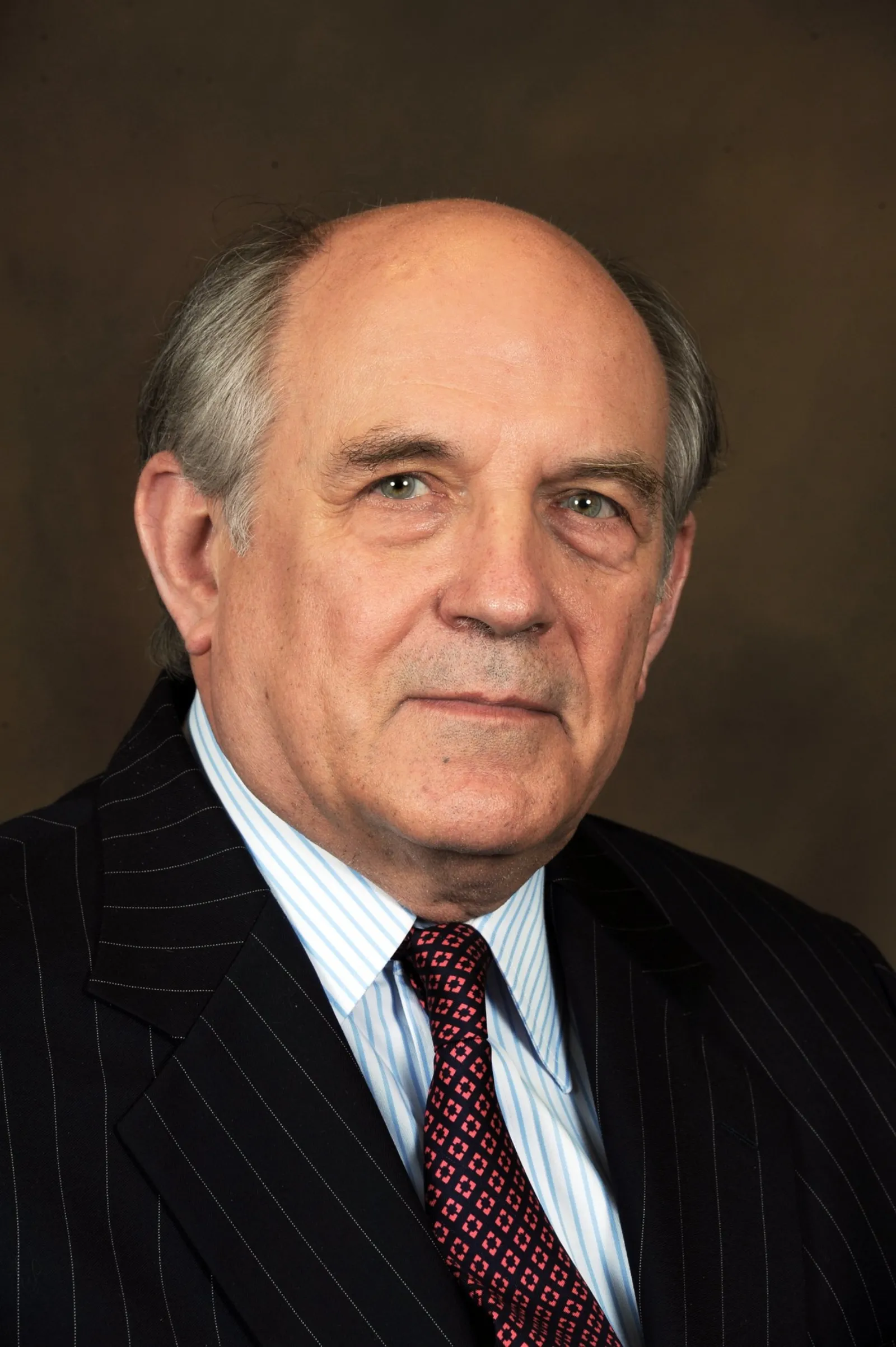
“He will never be the country's most famous conservative, but he may well be the most dangerous.”1 That's how the New York Times described political scientist Charles Murray in a long profile published at the time of the release of The Bell Curve in 1994. Co-authored with psychologist Richard J. Herrnstein, the book sold over 1.3 million copies and “is perhaps the most controversial book published in the United States since the end of the Cold War,”2 according to Quinn Slobodian. Its thesis is firmly rooted in the eugenicist tradition: if Black people are disproportionately poor, incarcerated, and dependent on government assistance, it is because they have a lower IQs than white people. There’s nothing they can do about it, say Murray and Herrnstein; it's in the genes they inherited.
To substantiate this relationship between race, social class, genetics, and intelligence, the authors filled the book with graphs, tables, and statistics, lending a scientific aura to their racialist manifesto. What they fail to mention, however, is that many of the references and sources they cite were developed by advocates of racial purity whose research was funded by the white supremacist organization Pioneer Fund.
In his writings, Charles Murray often presents himself as a beleaguered researcher who arrives at troubling conclusions with deep regret. It’s not him speaking, he insists—it’s science. “I really don't think I'm a racist,”3 he claims, noting that he uses the cautious verb “think” only because he’s wary of categorical statements.
Not all of Murray's books follow the racialist vein of The Bell Curve. His first, Losing Ground, published in 1984, mainly targeted social programs and their recipients, whether Black or white. Single mothers, in particular, have been one of his favorite targets for more than 40 years. In Losing Ground, the libertarian essayist was already resorting to the same method: filling his pages with pseudo-scientific data to lend an air of rationality to his anti-welfare theses. According to the doctrine he promotes, social programs cause more problems than they solve, so they might as well be abolished. Responsible for the emergence of a white underclass, they are so dangerous that in the near future, they might even force the cognitive elite to resort to military repression to contain the feeble-minded hordes. And there’s no point in relying on public education, which will remain forever powerless in the face of their intellectual limitations, so it might as well be abolished too. “For many people, there is nothing they can learn that will repay the cost of teaching,” Murray believes.
In the last chapter of The Bell Curve, Herrnstein and Murray express their hope that the book will spark a debate on how to ‘manipulate the fertility of people with high and low IQs.’ Thirty years later, it is in libertarian Silicon Valley that his ideas have taken root most deeply. Companies such as Genomic Prediction now offer prospective parents tests on embryos to calculate their “polygenic scores” and give birth to a generation of genetically optimized children. These practices, which Nature magazine describes as experiencing an “alarming rise”, delight the tech world. Malcolm and Simone Collins, enthusiastic Trump admirers and champions of pro-natalism, proudly claim to have brought to the world “the first baby selected for its intelligence.”4 As for Elon Musk, he is encouraging his wealthy white friends to emulate his pro-procreation activism—he is the father of 14 children—by advising them to watch “Idiocracy.” The plot of this dystopian film sends shivers down the spine of the owner of X: the intelligent elite stops procreating, leaving the world to be overrun by idiots.
1 Jason Deparle, “Daring Research or ‘Social Science Pornography’?”, The New York Times, October 9, 1994.
2 Quinn Slobodian, “The Unequal Mind: How Charles Murray and Neoliberal Think Tanks Revived IQ”, in Capitalism: A Journal of History and Economics, University of Pennsylvania Press, vol.4, N°1, Winter 2023.
3 Jason Deparle, ibid.
4 Raphaëlle Besse Demoulière, “Ces Américains en croisade pour faire le plus d’enfants possible, et sauver l’humanité”, Le Monde, 29 octobre 2023.
Lee Raymond
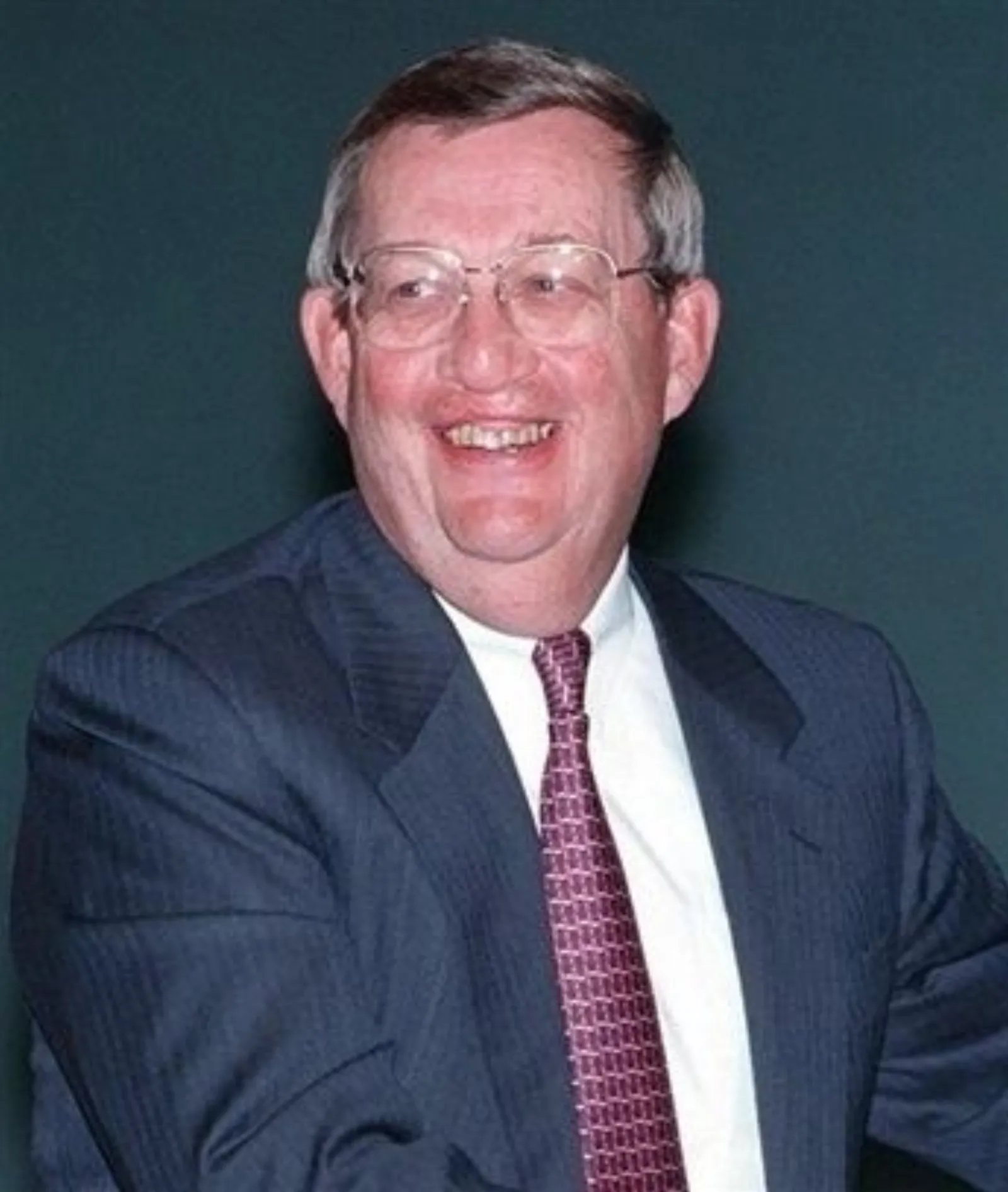
Lee R. Raymond (born 1938) led Exxon and later ExxonMobil from 1993 to 2005, overseeing the company during a decisive period in the global climate debate. Although Exxon’s own scientists had confirmed by the early 1980s that fossil fuel combustion would cause significant warming, Raymond publicly questioned these findings once he became CEO. Internal reports from as early as 1982 warned of major climatic changes, yet under Raymond’s leadership, ExxonMobil adopted a markedly skeptical stance toward human-caused climate change.
Throughout the 1990s, Raymond was one of the most outspoken corporate opponents of emerging climate policy. At the 1997 World Petroleum Congress in Beijing, just before the Kyoto Protocol negotiations, he claimed “the case for so-called global warming is far from air-tight,” arguing that natural variability explained observed temperature changes and that emissions cuts would defy “common sense.” As chair of the American Petroleum Institute, he advanced messaging that emphasized scientific uncertainty. Exxon under his direction funded think tanks and advocacy groups—spending nearly $20 million between 1997 and 2005—that promoted climate skepticism and delayed policy action.
In a 2005 Charlie Rose interview, Raymond reiterated his central arguments: that Earth’s climate has always changed naturally, that science had not proven human influence, and that consensus does not equal truth—famously comparing belief in global warming to “when 90 percent of people thought the world was flat.” He maintained that acting on incomplete science would harm the economy and that there was still “time to understand the issue better.”
Raymond’s ExxonMobil became emblematic of corporate obstruction of climate action. While competitors like BP began acknowledging climate risks in the late 1990s, Exxon doubled down on skepticism. Following Raymond’s retirement, the Royal Society and others condemned ExxonMobil’s misleading communications, and by 2008 the firm quietly ended funding for some denial groups.
Historians now regard Raymond as a pivotal figure in shaping late-20th-century climate discourse. His leadership strengthened industry opposition to emissions policy, amplified public doubt, and helped delay global action for a decade or more. The “Raymond era” stands as a cautionary example of how corporate strategy and persuasive rhetoric can obstruct scientific consensus and policy progress.
William A. Nordhaus
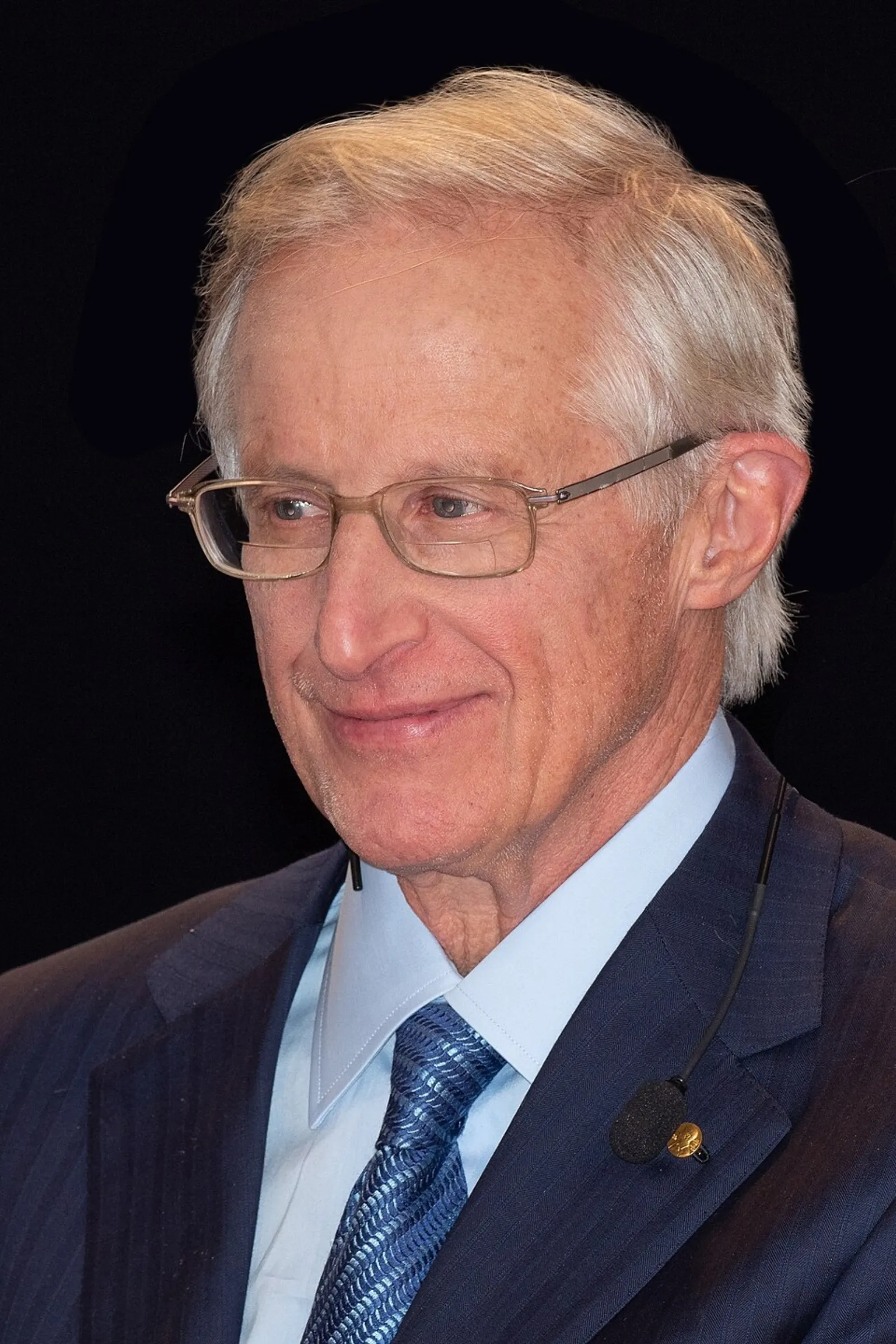
According to the French economist Antonin Pottier, William Nordhaus’s intellectual trajectory begins paradoxically with his critique of the Club of Rome report The Limits to Growth, published in 1972. The report questioned the sustainability of economic growth, arguing that resource depletion and pollution would eventually constrain global development. At the time, Nordhaus was a young professor at Yale University and already a proponent of mainstream economics. He analyzed the report critically, emphasizing its lack of empirical grounding. Among the various problems identified as potential causes of collapse, Nordhaus singled out climate change as the only one likely to produce serious macroeconomic consequences within the coming century.
From 1974 onward, Nordhaus turned his attention specifically to the economics of climate change. His first quantitative contribution came in 1977, when he proposed an early cost-effectiveness analysis. Using an energy system model and a carbon-cycle model, he estimated the costs associated with different targets for stabilizing atmospheric CO₂ concentrations. Since no established benchmark existed, he relied on his own judgment to select these targets, considering a doubling of CO₂ concentration (around 550 ppm) a prudent upper limit that should not be exceeded.
Nordhaus, however, grew dissatisfied with what he regarded as the arbitrariness of this approach. He believed that climate objectives could not rest on subjective preferences or moral principles but had to be determined “scientifically,” through calculation itself. This conviction led him, during the 1980s, to move from cost-effectiveness to cost-benefit analysis, an approach aimed at identifying the optimal level of emissions reduction that maximizes net social welfare by balancing mitigation costs against the benefits of avoided damages.
His new intellectual outlook led him to develop the DICE model (Dynamic Integrated Model of Climate and the Economy), finalized in the early 1990s. DICE became the canonical integrated assessment model of climate economics. Built as a simplified extension of the neoclassical model of optimal growth, it conceives emissions reductions as investments in the future that should yield the same rate of return as other productive investments. The goal is to determine the optimal investment path, which leads to the calculation of an “optimal level of global warming,” the amount of climate change that a rational economic agent should be willing to accept.
Because of Nordhaus’s central position within the discipline and the model’s simplicity, derived from well-known optimal growth frameworks, DICE spread rapidly and became the dominant analytical tool for climate policy among economists. By situating climate evaluation within the framework of intertemporal consumption optimization, Nordhaus placed the economist at the heart of the climate problem, turning him into both the arbiter of intergenerational wealth transmission and a judge balancing two imperatives: minimizing economic costs and limiting global warming.
As Naomi Oreskes and Erik M. Conway have shown, however, the legacy of William A. Nordhaus is also part of the history of the organized delay affecting climate action. Nordhaus notably co-authored, with Jesse Ausubel and Gary Yohe, the first chapter of the third climate report issued by the National Academy of Sciences in 1983, chaired by William Nierenberg. Their contribution on Energy Use and Carbon Dioxide Emissions began by acknowledging the “widespread agreement that anthropogenic carbon dioxide emissions have been rising steadily, primarily driven by the combustion of fossil fuels.” Their focus, however, was not on what was known, but on what was not known: the “enormous uncertainty beyond 2000, and the even greater uncertainty about the social and economic impacts of possible future trajectories of carbon dioxide.”
Using probabilistic scenario analysis, they projected atmospheric CO₂ levels to 2100 under varying assumptions regarding energy use, costs, and economic efficiency. The range of possible outcomes was large, but they considered the most likely scenario to be CO₂ doubling by 2065. The economists acknowledged the “substantial probability that doubling will occur much more quickly,” including a 27 percent chance that it would occur by 2050, and admitted that “it was unwise to dismiss the possibility that a doubling may occur in the first half of the twenty first century.” Yet, as Oreskes and Conway note, they effectively did just that.
What could be done to stop climate change? According to Nordhaus, not much. “The most effective action would be to impose a large permanent carbon tax,” he wrote, “but that would be hard to implement and enforce.” As the report continued:
“A significant reduction in the concentration of CO₂ will require very stringent policies, such as hefty taxes on fossil fuels... The strategies suggested later in the report by Schelling, climate modification or simply adaptation to a high CO₂ and high temperature world, are likely to be more economical ways of adjusting... Whether the imponderable side effects on society, on coastlines and agriculture, on life in high latitudes, on human health, and simply the unforeseen, will in the end prove more costly than a stringent abatement of greenhouse gases, we do not now know.”
In this way, Nordhaus’s contribution to the 1983 NAS report exemplified a broader tendency within United States climate policy discourse: to acknowledge scientific consensus while simultaneously emphasizing uncertainty, advocating delayed action, and framing adaptation and technological innovation as preferable to immediate mitigation.
Building on this critique, Jean Baptiste Fressoz situates Nordhaus within a broader history of modernist economic optimism that merges the economics of innovation with the techno political imagination of the atomic age. In Sans transition (2024), Fressoz describes Nordhaus as “one of the atomic futurologists of the 1970s,” whose confidence in technological progress, especially nuclear energy and the breeder reactor, underpinned the very concept of energy transition. In a 1973 paper, Nordhaus even argued that conservation efforts might be excessive, since “technological progress would soon solve the energy crisis.” He predicted that by the end of the twenty first century, the global economy would run on hydrogen and electricity derived from infinite resources, the “final stage of transition.” The breeder reactor, he wrote, would serve as a “backstop technology,” a technological safety net later reinterpreted in his climate models.
During his stay at the International Institute for Applied Systems Analysis between 1974 and 1975, Nordhaus encountered the Italian engineer Cesare Marchetti, who introduced him to climate modeling. Together, they imagined a world of inexhaustible energy and geoengineering possibilities. Nordhaus developed a simple mathematical model to maximize global GDP while avoiding CO₂ doubling, concluding that humanity had “comfortable time” to act. As Fressoz notes, “the optimal trajectory did not initially differ from the uncontrolled one,” a result that became central to his later economic reasoning.
Fressoz further points out that Nordhaus’s influence extended far beyond academia. Exxon, for instance, drew directly on Nordhaus’s claim that there was “sufficient time” for an “orderly transition” to justify continued fossil fuel extraction. In the 1990s, Nordhaus’s DICE model came to dominate Working Group III of the Intergovernmental Panel on Climate Change, institutionalizing a logic of procrastination. DICE’s purpose was to calculate the economically optimal temperature of the Earth, which Nordhaus estimated at 3.5 degrees Celsius, a level he deemed compatible with continued prosperity for “a technological and nomadic species” (Homo adaptus).
For Fressoz, Nordhaus thus represents the culmination of a modernist faith in innovation and market mechanisms that has systematically underestimated material constraints and the inertia of the energy system. By confounding technology with innovation, Nordhaus and his followers have sustained the belief that economic growth and decarbonization can progress hand in hand. In Fressoz’s words, such reasoning “provided the intellectual tools for procrastination,” legitimizing political delay while introducing “fantastical technological options,” such as geoengineering, into mainstream climate scenarios.
Sources :
Antonin Pottier, Comment les économistes réchauffent la planète, Seuil, 2016.
Naomi Oreskes et Erik M. Conway, Merchants of Doubt, Bloomsbury Press, 2010.
Jean-Baptiste Fressoz, Sans transition, Seuil, 2024.
Thomas C. Schelling
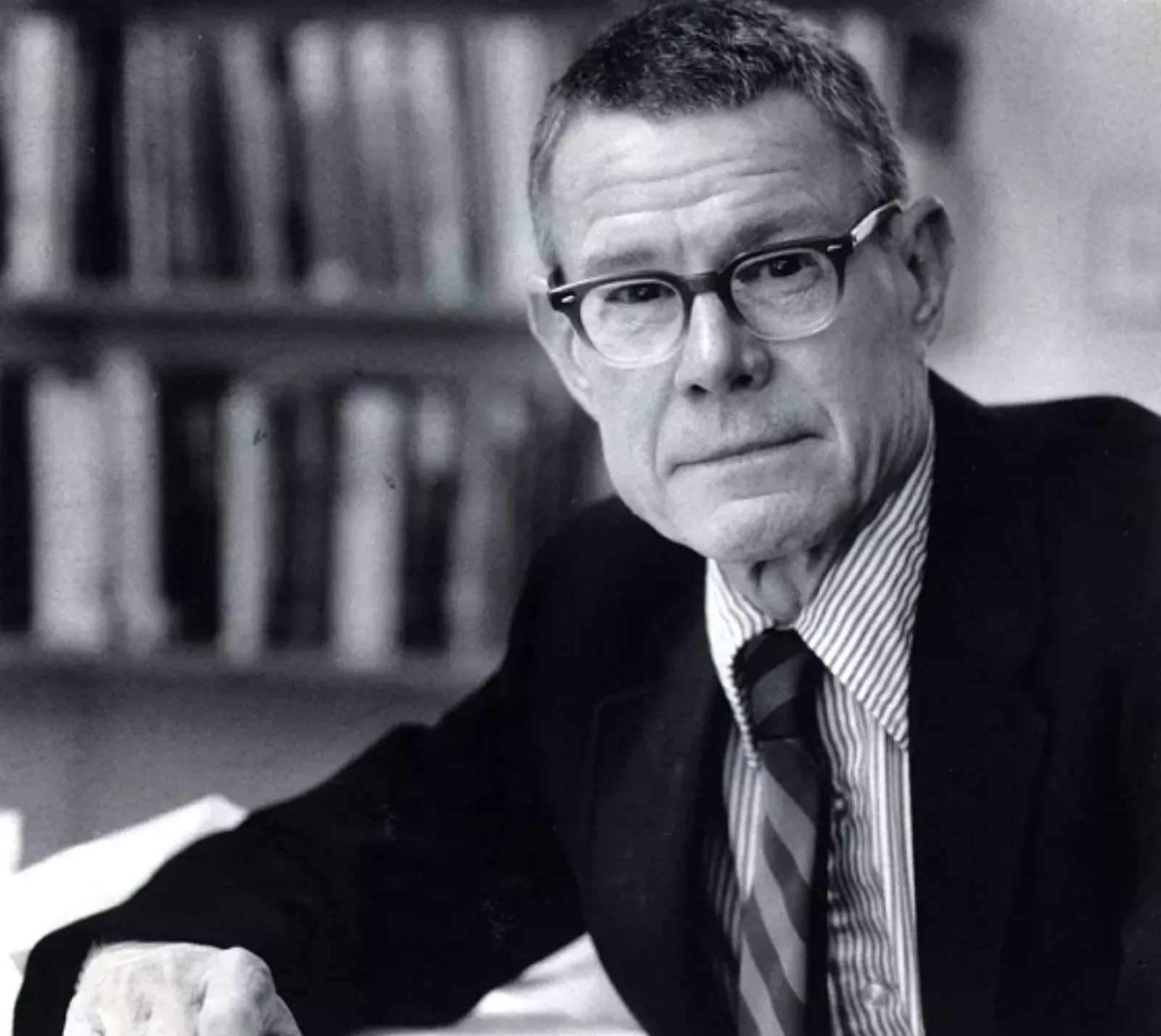
Thomas C. Schelling (1921–2016) was a prominent economist and strategist best known for his contributions to game theory and the economics of conflict and cooperation. A central architect of Cold War rationality, he helped develop the doctrine of nuclear deterrence through his seminal work The Strategy of Conflict (1960), which analyzed bargaining as a process of gaining advantage through threats rather than direct force. He also introduced the notion of the “focal point,” the tacit equilibrium that adversaries agree to respect to avoid mutually assured destruction.
In the late 1970s and early 1980s, Schelling transposed this logic of strategic rationality to the emerging issue of anthropogenic climate change. He chaired the National Academy of Sciences’ 1980 study on the social and political dimensions of global warming and later served on the 1983 Carbon Dioxide Assessment Committee, which produced the report Changing Climate: Report of the Carbon Dioxide Assessment Committee, under the supervision of William A. Nierenberg. Contrary to National Academy conventions, this report was not collectively signed due to internal disagreements and, in effect, consisted of two reports: five chapters, written by natural scientists, addressed the likelihood of anthropogenic climate change, while two chapters on emissions and impacts were authored by economists, including William Nordhaus and Thomas Schelling.
This new report largely responded to what Naomi Oreskes and Erik Conway describe as the “seminal year for climate,” 1979. That year, MIT meteorologist Jule Charney—one of the founders of modern numerical atmospheric modeling—assembled a panel of eight other scientists at the Academy’s summer study facility in Woods Hole, Massachusetts. He invited Syukuro Manabe from the Geophysical Fluid Dynamics Laboratory and James E. Hansen from the Goddard Institute for Space Studies to present the results of their new three-dimensional climate models. The key question in climate modeling was “sensitivity”: how sensitive the climate is to changing levels of CO₂. If you double, triple, or even quadruple CO₂, what average global temperature change should you expect? The state-of-the-art answer, for the convenient case of doubling CO₂, was “near 3°C with a probable error of 1.5°C.” That meant total warming might be as little as 1.5°C or as much as 4°C, but either way, there would be warming—and the most likely value was about 3°C. The Charney Report concluded: “If carbon dioxide continues to increase, the study group finds no reason to doubt that climate changes will result and no reason to believe that these changes will be negligible.”
Verner E. Suomi, chairman of the National Academy’s Climate Research Board, underscored this crucial point in his foreword: “The ocean, the great and ponderous flywheel of the global climate system, may be expected to slow the course of observable climatic change. A wait-and-see policy may mean waiting until it is too late.” Suomi realized that this conclusion might be “disturbing to policymakers.”
Indeed, this proved correct, since even before the report was published, the White House Office of Science and Technology had already begun requesting further information from the National Academy. The second Academy study, sent as a letter to the White House in April 1980, was chaired by Schelling.
Arguing that there were enormous uncertainties about both climate change and its potential costs, Schelling advised that policymakers should refrain from taking immediate action and instead fund further research. He was not convinced that all the effects of warming would be harmful. “The credible range of effects is extremely broad,” he wrote. “By the middle of the next century, we may have a climate almost as different from today’s as today’s is from the peak of the last major glaciation. At the other extreme, we may only experience noticeable but not necessarily unfavorable effects around mid-century or later.”
Schelling maintained that climate change would not produce new types of climate but would simply shift the distribution of climatic zones across the Earth. This idea foreshadowed a recurring argument of later climate skeptics: that humanity could continue to burn fossil fuels without restriction and deal with the consequences through migration and adaptation. Schelling noted that past human migrations “to and throughout the New World subjected large numbers of people—together with their livestock, food crops, and culture—to drastically changed climate.” Although he acknowledged that these migrations occurred in eras without modern political boundaries, he nevertheless suggested that adaptation would be the best response.
He argued that there was sufficient time to prepare and that during this interval, the rising cost of fossil fuels would naturally curb their consumption. “The slowing rate of fossil fuel use,” he wrote, “will make adaptation to climate change easier and may permit more absorption of carbon into non-atmospheric sinks. It will also permit conversion to alternative energy sources at a lower cumulative carbon dioxide concentration, and it is likely that the sooner we begin the transition from fossil fuels the easier the transition will be.” All of this, Schelling believed, would occur spontaneously as market forces took effect, making regulation unnecessary.
Given the numerous uncertainties he emphasized, Schelling’s faith in market self-correction was striking. Fossil fuel use has, in fact, risen dramatically over the past four decades, even as global warming has accelerated. Yet had his prediction been correct, there would indeed have been no need for government intervention. Consequently, the panel did not recommend any program of emissions reductions, despite acknowledging that “the sooner we begin the transition, the easier it will be.” Instead, they concluded:
“In view of the uncertainties, controversies, and complex linkages surrounding the carbon dioxide issue, and the possibility that some of the greatest uncertainties will be reduced within the decade, it seems to most of us that the near-term emphasis should be research, with as low a political profile as possible... We do not know enough to address most of these questions right now. We believe that we can learn faster than the problem can develop.”
Following this debate, meteorologist John Perry published a response in Climatic Change with the programmatic title “Energy and Climate: Today’s Problem, Not Tomorrow’s,” arguing that delay carried its own risks.
The third Academy assessment was the 1983 report Changing Climate. Whereas the chapters written by natural scientists—addressing topics such as climate dynamics, water availability, and marine ecosystems, and including Roger Revelle’s warning about sea-level rise from the potential disintegration of the West Antarctic Ice Sheet—emphasized the serious consequences of unmitigated warming (while acknowledging the need for continued research to reduce uncertainties), the chapters authored by economists, as well as the report’s synthesis, adopted a cautious “wait-and-see” approach. The first chapter, written by William Nordhaus, Jesse Ausubel, and Gary Yohe, acknowledged the “widespread agreement that anthropogenic carbon dioxide emissions have been rising steadily, primarily driven by the combustion of fossil fuels.” However, the authors emphasized the “enormous uncertainty” beyond 2000 and the “even greater uncertainty” regarding the “social and economic impacts of possible future trajectories of carbon dioxide.” The economists assumed that serious changes could be discounted into the future. Nordhaus thus called for the implementation of a permanent carbon tax as a market-based solution to rising emissions.
This argument was echoed by the final chapter, written by Schelling. His logic of climate discounting stipulated that climate change was “beyond the lifetimes of contemporary decision-makers.” Schelling argued against isolating CO₂ emissions from other variables such as dust, land-use changes, and natural variability, maintaining that it would be mistaken to assume a “preference for ... dealing with causes rather than symptoms... It would be wrong to commit ourselves to the principle that if fossil fuels and carbon dioxide are where the problem arises, that must also be where the solution lies.”
The synthesis of the report, written by Nierenberg, followed the economists’ line: “Viewed in terms of energy, global pollution, and worldwide environmental damage, the CO₂ problem appears intractable,” it stated, but “viewed as a problem of changes in local environmental factors—rainfall, river flow, sea level—the myriad of individual incremental problems take their place among the other stresses to which nations and individuals adapt.” Nierenberg argued that the potential uninhabitability of certain regions due to rising sea levels could be offset by migration: “Not only have people moved,” he observed, “but they have taken with them their horses, dogs, children, technologies, crops, livestock, and hobbies. It is extraordinary how adaptable people can be.”
Nierenberg’s report aligned perfectly with the expectations of the White House. It downplayed scientific disagreements, suggested broad consensus between scientists and economists, and argued that technological innovation would solve future problems. Finally, it concluded that no immediate regulatory action was necessary beyond funding additional research.
The White House subsequently deployed Nierenberg’s report to undermine the Environmental Protection Agency’s emerging climate assessments. The EPA had issued two reports concluding that global warming posed a serious threat and that immediate action was required to reduce coal consumption. In response, Presidential Science Advisor George Keyworth invoked the Nierenberg panel’s findings to discredit the EPA’s conclusions, reporting that “the Science Advisor has discredited the EPA reports … and cited the NAS (National Academy of Sciences) report as the best current assessment of the CO₂ issue,” adding that the press had largely dismissed “EPA alarmism” in favor of “the conservative NAS position.”
The environmental philosopher Pierre Charbonnier’s reading of Thomas C. Schelling departs from the line developed by Naomi Oreskes and Erik Conway in the history of organized climate denial. For Oreskes, Schelling can be listed among those experts who lent intellectual cover to a strategy of delaying action by stressing uncertainty and national interest. Charbonnier does not dispute this, but he argues that this is only half the story: Schelling was influential not simply because he minimized risk, but because he succeeded in translating climate change into the language of power, security, and strategic bargaining — a language state elites were already using. In other words, even without fossil-fuel lobbying, his framework would have been attractive to governments.
Charbonnier reconstructs Schelling’s climate paradigm around three principles. First, risk is subordinate to adaptive capacity: climate change is real but slower than technological progress and therefore manageable in the long run, mainly through future innovation; its effects will be uneven and will track global inequalities. Second, fully binding, universal carbon agreements are structurally unlikely, because climate change is entangled with energy security and geopolitical rivalry; states will not sacrifice sovereignty for what is framed as a secondary risk. Third, climate policy becomes a permanent negotiation, analogous to arms-control talks, aimed at finding an “optimal” level of warming. This is the climatic equivalent of Schelling’s nuclear “focal point”, beyond which emissions turn from economically positive to strategically dangerous.
To name this fusion of deterrence thinking, cost–benefit reasoning, and fossil developmentalism, Charbonnier speaks of “Strangelove ecology”: an ecology that does not challenge the strategic premises of the Cold War state but uses them to make climate governable. Its power, he stresses, lies in offering a ready-made geo-economic synthesis to decision-makers, something most normative environmentalism has failed to do.
Sources : Naomi Oreskes et Erik M. Conway, Merchants of Doubt, Bloomsbury Press, 2010, chap. 6; Pierre Charbonnier, Vers l’écologie de guerre, La Découverte, 2024, chap. 5.
Roger Revelle
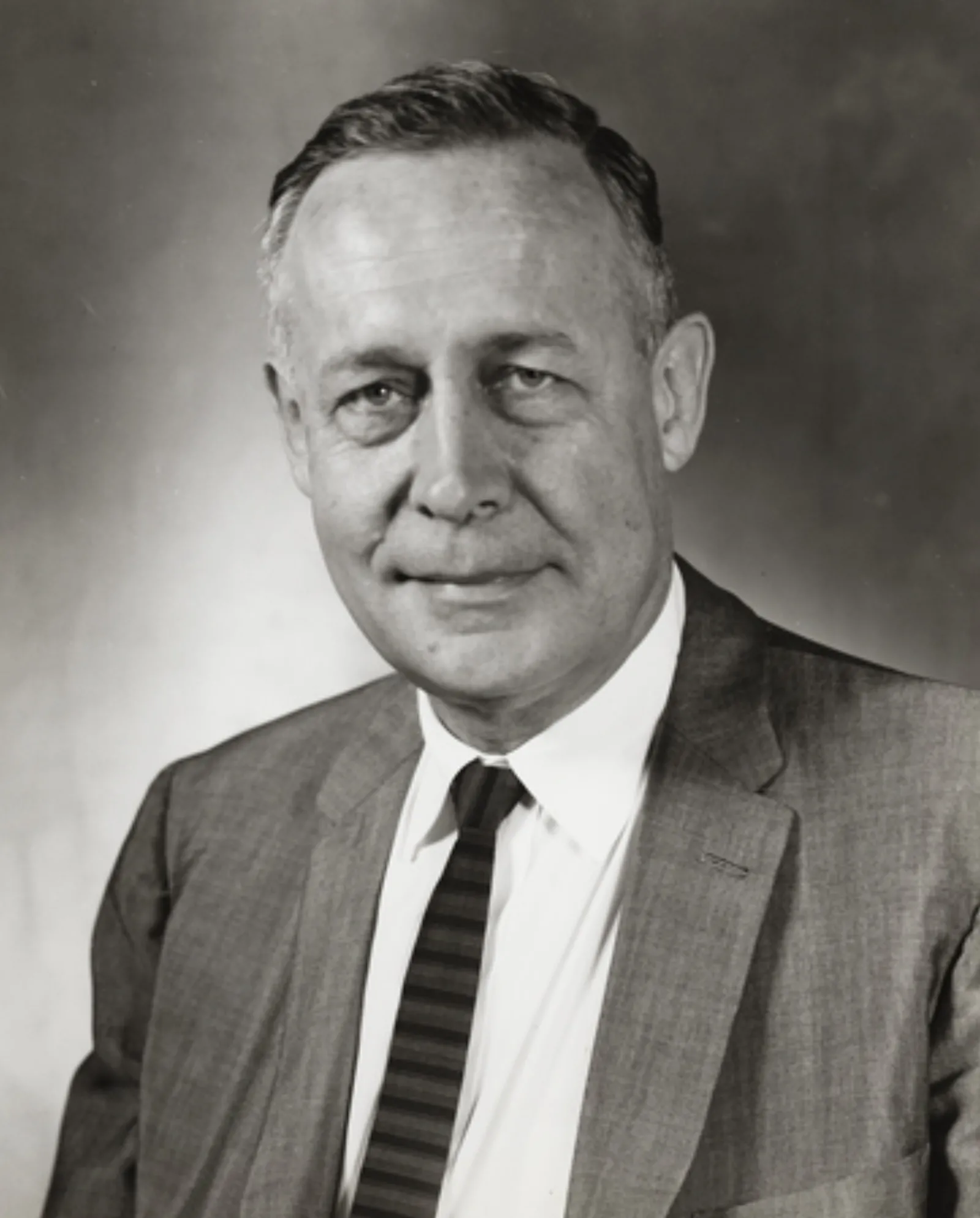
Roger Revelle (1909–1991) was an eminent oceanographer and climate scientist, recognized for his pivotal role in the history of climate research and for his influence as a mentor to future U.S. Vice President Al Gore, who studied with him at Harvard in the 1960s.
Revelle’s interest in global climate change deepened in the late 1950s, when he co-authored with Hans E. Suess the seminal paper “Carbon Dioxide Exchange Between Atmosphere and Ocean and the Question of an Increase of Atmospheric CO₂ During the Past Decades.” The study demonstrated that the oceans could not absorb all anthropogenic carbon dioxide, implying that atmospheric concentrations would inevitably rise as a consequence of fossil-fuel combustion. Shortly thereafter, Revelle secured funding for his colleague, chemist Charles David Keeling, to conduct systematic measurements of atmospheric CO₂. This foundational research produced the now-famous Keeling Curve—showing CO₂’s steady increase over time—for which Keeling would later receive the National Medal of Science and be made famous by Al Gore in An Inconvenient Truth.
In 1965, the President’s Science Advisory Committee asked Revelle, then director of the Scripps Institution of Oceanography, to write a summary of the potential impacts of carbon-dioxide-induced warming. Revelle knew that there was much about the problem that remained uncertain, so he focused his essay on the impact he considered most certain: sea-level rise. He also made a striking forecast: “By the year 2000 there will be about 25% more CO₂ in our atmosphere than at present [and] this will modify the heat balance of the atmosphere to such an extent that marked changes in climate... could occur.”
Two decades later, Revelle contributed a chapter to Changing Climate: Report of the Carbon Dioxide Assessment Committee (1983), a study supervised by William A. Nierenberg. In this report, he again warned that the disintegration of the West Antarctic Ice Sheet could trigger a global sea-level rise of five to six meters: “The oceans,” he stated, “would flood all existing port facilities and other low-lying coastal structures, extensive sections of the heavily farmed and densely populated river deltas of the world, major portions of the states of Florida and Louisiana, and large areas of many of the world’s major cities.” Regarding mitigation, Revelle advocated a pragmatic transition toward natural gas and nuclear energy while phasing down coal and oil, emphasizing the importance of sustained research and the dangers of overstating uncertainty.
Revelle became the focus of controversy in the early 1990s when a small group of scientists claimed he had reversed his position on global warming. The claim stemmed from an article co-authored with S. Fred Singer and Chauncey Starr, titled “What to Do About Greenhouse Warming: Look Before You Leap,” published in 1991 in Cosmos: A Journal of Engineering and Science, the journal of Washington’s exclusive Cosmos Club. Listed as second author, Revelle appeared to endorse the view that the most probable warming over the next century would be modest—less than one degree Celsius.
The article, however, was a source of embarrassment for Revelle. Cosmos was not a peer-reviewed scientific journal, and colleagues reported that Revelle privately dismissed the piece as “garbage.” Oceanographer Walter Munk noted that Revelle was known for his reluctance to refuse requests and suggested that he had not explicitly agreed to be listed as co-author. Revelle’s longtime secretary, Christa Beran, later testified in an affidavit that Revelle had commented, “Some people don’t think Fred Singer is a very good scientist.”
The episode coincided with the final months of Revelle’s life and placed him under considerable stress. In February 1991, he suffered a major heart attack while returning to La Jolla from a conference, which required a triple-bypass operation. After a series of postoperative complications and infections, his health deteriorated further, leaving him too weak to continue regular correspondence or mentoring. He died of a second heart attack in July 1991. The Cosmos article was subsequently exploited during the 1992 U.S. presidential campaign to discredit Al Gore by portraying Revelle as having renounced the very warnings about climate change he had helped to pioneer.
Source : Naomi Oreskes et Erik M. Conway, Merchants of Doubt: How a Handful of Scientists Obscured the Truth on Issues from Tobacco Smoke to Global Warming, New York, Bloomsbury Press, 2010.
Siegfried Fred Singer
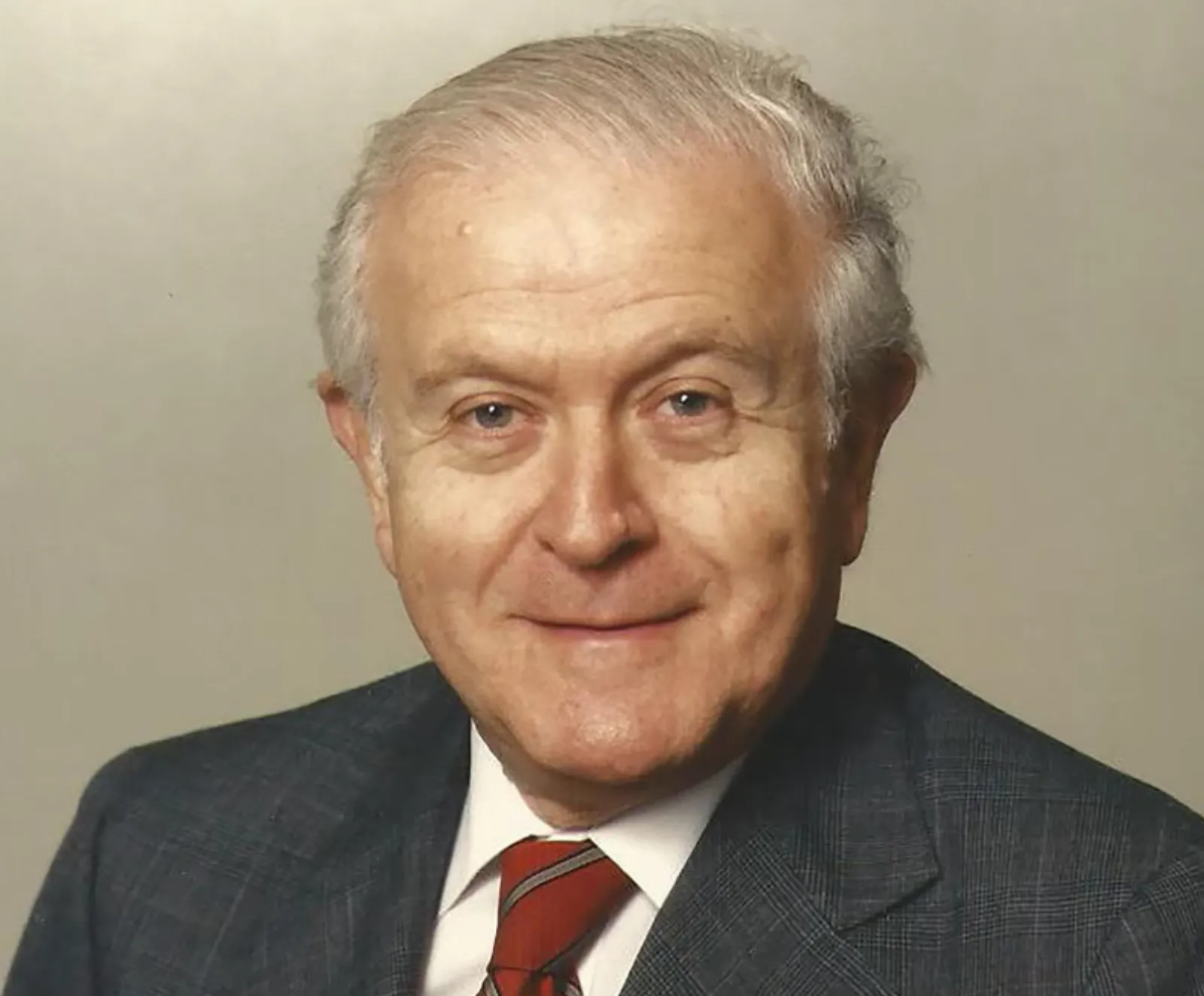
Siegfried Fred Singer (1924–2020) was a physicist and political entrepreneur whose career spanned upper-atmosphere research, satellite meteorology, and later interventions in environmental policy debates. As shown in Merchants of Doubt, his trajectory illustrates how Cold War scientific authority was repurposed to contest regulation by emphasizing uncertainty, costs and market solutions. Trained as a physicist during the Second World War, he gained recognition in the 1950s for rocket studies of cosmic rays and the Earth’s magnetic field and emerged as an early advocate of scientific satellites. He later directed the National Weather Satellite Center and held policy posts in the Nixon and Reagan administrations, positioning himself at the intersection of science and government.
In 1970 Singer appeared as an eco-Malthusian environmentalist. At an AAAS symposium he invoked Garrett Hardin’s well-known 1968 article on the “Tragedy of the Commons” and argued that environmental protection was necessary. In a 1971 book on population he described the risks of unchecked growth and endorsed precautionary measures. By the late 1970s, however, his views shifted. A Mitre Corporation report advocated cost–benefit analysis as the arbiter of environmental regulation and emphasized the heavy costs of pollution control relative to uncertain benefits. By the early 1980s Singer had moved toward a free-market, Cornucopian view in which technological innovation, spurred by deregulation, would obviate ecological constraints.
Singer’s ideological shift became visible in the acid rain controversy. When the Reagan administration bypassed the National Academy and commissioned its own review in 1982–83, William A. Nierenberg was appointed chair. At the White House’s request, Singer was added to the panel, the only member without a full-time academic affiliation. The panel’s consensus text concluded that sulfur dioxide emissions were the dominant cause of acid deposition and that reductions should begin immediately despite uncertainties. Singer dissented, producing a separate appendix that stressed residual scientific doubt, highlighted the costs of emissions controls, and advocated a least-cost trial before serious abatement. His framing resonated with utility industry arguments and helped justify regulatory delay. The Executive Summary was reordered and softened in consultation with the Office of Science and Technology Policy, ensuring that uncertainty appeared first. Singer later claimed that postponing action saved billions per year.
Singer also disputed the scientific basis of stratospheric ozone depletion, suggesting that the Antarctic ozone hole could be explained by stratospheric cooling and natural variability rather than chlorofluorocarbon emissions, thereby reversing the conclusions of mainstream atmospheric chemistry. He further contested the findings of the U.S. Surgeon General and the Environmental Protection Agency, claiming that their reviews were politically motivated. His anti-EPA report, funded via the Tobacco Institute through the Alexis de Tocqueville Institution, exemplified the alignment of his interventions with corporate interests.
Singer became a public critic of mainstream climate science in the late 1980s and 1990s, stressing that uncertainties made costly measures premature. In 1991, he co-authored an article with Roger Revelle and Chauncey Starr in Cosmos titled “What to Do About Greenhouse Warming: Look Before You Leap.”1 Archival evidence and testimony indicate that Revelle, frail from heart surgery, was reluctant and only minimally involved. The published article nonetheless implied that global warming would likely be modest and not significantly different from natural variability, contrary to the consensus Revelle and Hans Suess had helped to establish in their seminal 1957 article Carbon Dioxide Exchange Between Atmosphere and Ocean2 and the Question of an Increase of Atmospheric CO₂ during the Past Decades. During the 1992 U.S. presidential campaign the Cosmos piece was weaponized to discredit Al Gore, Revelle’s former student. When Justin Lancaster, a graduate student close to Revelle, publicly disputed Singer’s portrayal, Singer sued him for libel, resulting in a gag order and settlement.
By the mid-1990s, climate science had advanced to detection-and-attribution studies. Using “fingerprinting” techniques, scientists such as Benjamin Santer demonstrated that observed atmospheric warming patterns were consistent with greenhouse forcing and inconsistent with natural variability alone. In 1995 Santer, together with Tom Wigley and others, authored Chapter 8 of the IPCC’s Second Assessment Report, concluding that “the balance of evidence suggests a discernible human influence on global climate.” This statement galvanized opposition. Singer, along with Frederick Seitz and other members of the Marshall Institute network, attacked the IPCC process in Science, the Wall Street Journal and other outlets. He accused Santer of having altered the report after its acceptance in Madrid, of suppressing uncertainties, and of excluding dissenting voices such as Patrick Michaels. These charges were false: the revisions were mandated by IPCC procedure, uncertainties were explicitly included, and Michaels had been invited to contribute but declined. Nonetheless, the accusations gained traction in political and media arenas. Seitz accused Santer of “corruption of the peer-review process,” and Singer repeated claims of “scientific cleansing.” Professional societies and leading scientists publicly defended Santer and the IPCC process, but the campaign nevertheless reinforced the impression that anthropogenic climate change remained unsettled, providing political cover for inaction.
Singer’s intellectual trajectory intersected with the Cornucopian philosophy of Julian Simon. Simon’s insistence that human ingenuity would indefinitely expand resources and improve living standards found echoes throughout Singer’s interventions. Singer himself had been vexed by apocalyptic claims since 1970, when in a Science editorial he argued that fossil-fuel combustion would not yield serious warming because aerosol cooling would counterbalance the greenhouse effect. His warning to scientists was “not to cry wolf needlessly or too often.” While aerosols did indeed mask early warming, Singer dismissed the possibility that continued CO₂ accumulation would eventually overwhelm them.
In the 1980s Singer recognized that Cornucopian arguments presupposed abundant, affordable energy, but he soon dropped this caveat. By the 1990s he was firmly aligned with Simon’s worldview. His 1999 book Hot Talk, Cold Science: Global Warming’s Unfinished Debate, introduced by Seitz and published by the Independent Institute (where Simon served as an advisor), exemplified this orientation. He also contributed to Simon’s edited volume The State of Humanity alongside Patrick Michaels and Laurence Kulp.
Singer’s career thus went through a shift from Cold War physicist to organized denier. His scientific credentials, once central to the institutionalization of satellite meteorology, became tools in campaigns that delayed regulation of acid rain, ozone-depleting chemicals, tobacco smoke, and greenhouse gases. He did not typically deny phenomena outright; instead he magnified uncertainties, stressed economic costs, and promoted market mechanisms. Alongside Seitz, Nierenberg, and Jastrow, he became one of the central architects of organized climate skepticism—an enduring merchant of doubt.
1 Revelle, Roger, Chauncey Starr, and S. Fred Singer. “What to Do About Greenhouse Warming: Look Before You Leap.” Cosmos: A Journal of Engineering and Science 5, no. 2 (1991): 28–33.
2 Revelle, Roger, and Hans E. Suess. “Carbon Dioxide Exchange Between Atmosphere and Ocean and the Question of an Increase of Atmospheric CO₂ During the Past Decades.” Tellus 9, no. 1 (1957): 18–27.
Source : Naomi Oreskes et Erik M. Conway, Merchants of Doubt. How a Handful of Scientists Obscured the Truth on Issues from Tobacco Smoke to Global Warming, New York, Bloomsbury Press, 2010.
William A. Nierenberg
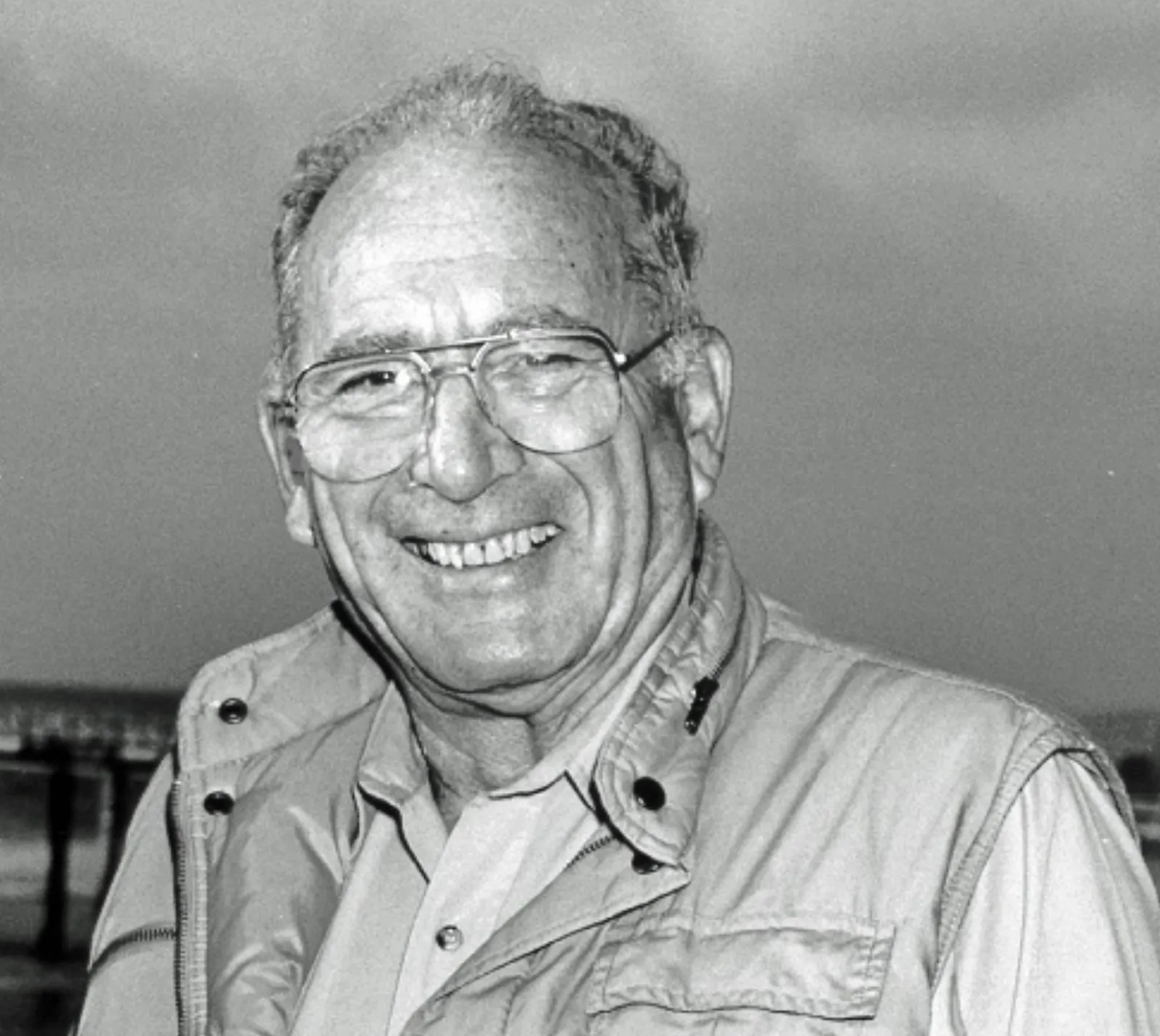
William Aaron Nierenberg (1919–2000) was a physicist of the Cold War generation whose authority and political commitments made him a key figure in the Reagan administration’s handling of environmental science. Trained at Columbia University during the Manhattan Project, he later directed Columbia’s Hudson Laboratories and in 1965 became director of the Scripps Institution of Oceanography, where he consolidated strong ties between oceanography and military-funded research.
By the 1970s Nierenberg had established himself as both a prominent administrator and an outspoken conservative. He defended the Vietnam War, criticized the student movement and took a combative stance toward environmentalism, particularly in its opposition to nuclear power. These positions made him a precious asset for Ronald Reagan’s agenda. He served on the administration’s transition teams, was considered for the post of science advisor, joined the National Science Board, and was repeatedly consulted on defense and energy issues.
His most consequential role came during the acid rain controversy of the early 1980s. By then, extensive research in North America and Europe had shown that sulfur dioxide emissions from coal and oil were the principal cause of acid precipitation. Reports by the National Academy and the Environmental Protection Agency called for sharp emission reductions. Confronted with these findings as well as the prospect of costly regulation, the Reagan White House commissioned a new review under the Office of Science and Technology Policy, appointing Nierenberg as chair.
The “Nierenberg panel” largely confirmed the scientific consensus that acid rain was real, anthropogenic, and damaging, and recommended beginning emissions reductions without further delay. Once drafted, however, the report was altered under political pressure. At the insistence of the White House, Fred Singer was added to the panel and produced a dissenting appendix stressing uncertainty and costs. More significantly, the Executive Summary that policymakers would read was revised in consultation with White House officials. Strong language calling for abatement was softened, uncertainty emphasized, and progress under existing laws highlighted. Several panelists protested against these unauthorized changes, but Nierenberg allowed them to stand, giving the administration cover to postpone action.
In the short run, his authority helped Reagan block congressional initiatives, stall bilateral negotiations with Canada, and delay substantive regulation until the 1990 Clean Air Act Amendments. In the longer run, Nierenberg maintained and even increased his influence through the George C. Marshall Institute. Cofounded in 1984. by him, Robert Jastrow and Frederick Seitz, this institute became a central platform for questioning climate science. His career shows how Cold War physicists, shaped by the atomic and military-industrial complex, came to use their authority not to deny environmental science outright but to amplify uncertainty and highlight economic costs in order to defer regulation.
Faithful to his ideology and methods, Bill Nierenberg would also become a key figure in the science–policy debates surrounding climate change when he was appointed chair of the Carbon Dioxide Assessment Committee (see the portrait of Thomas Schelling in chapter 4).
Source : Naomi Oreskes and Erik M. Conway, Merchants of Doubt: How a Handful of Scientists Obscured the Truth on Issues from Tobacco Smoke to Global Warming (New York: Bloomsbury Press, 2010).
Russell Vought
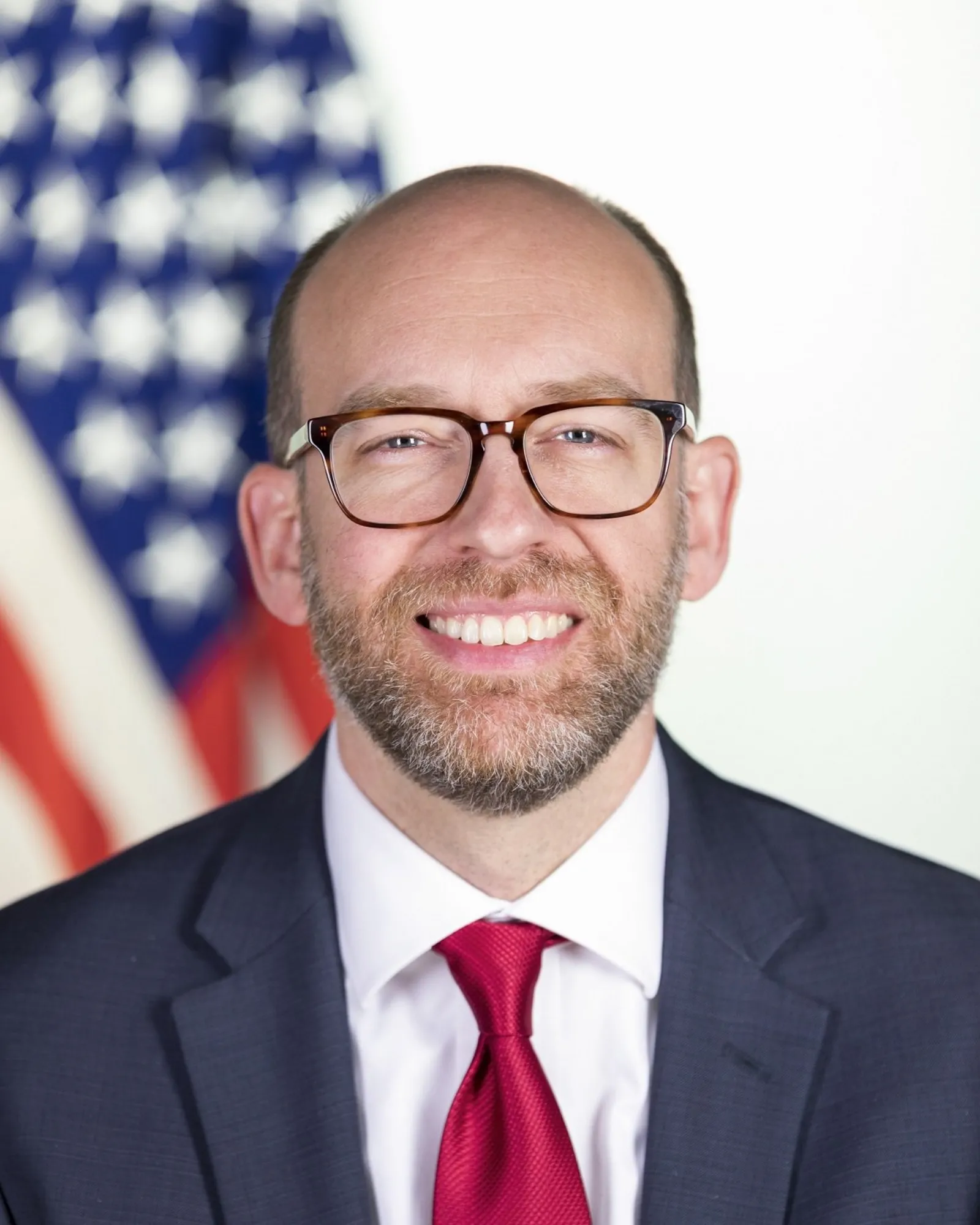
Russell Vought is currently Director of the Office of Management and Budget (OMB) - a position he already held during Trump’s first term, from July 2020 to January 2021. Vought, who describes himself as a Christian nationalist, was the vice president of the Heritage Foundation’s lobbying arm, Heritage Action for America, for seven years.
In 2021, he founded the Center for Renewing America, an avowedly reactionary think tank that aims to restore America as a “nation under god” by promoting Christianity in government and purging a “deep State” allegedly infiltrated by critical race theory and, more generally, by “radical woke ideology.”
At once a libertarian and an advocate of executive privilege, Vought wrote the chapter on the Executive Office of the President of the United States in the Heritage Foundation’s Project 2025, in which he criticizes the administrative State on two counts: for being “unsustainably expensive” and thus in need of substantive cuts, and for political overreach, insofar as public agencies tend to usurp the executive power of the president.
The OMB’s role is to prepare the president’s budget and to determine whether the programs, policies and procedures of U.S. agencies are consistent with the president’s policies. As the head of the OMB, Vought plays a key role – alongside Elon Musk’s Department of Government Efficiency – in cutting federal budgets, dismantling agencies associated with the “deep state” and firing large numbers of civil servants, but also in making sure that all hired personnel espouse Vought’s Christian nationalist values and are committed to the enforcement of the president’s agenda.
Kyle Rittenhouse

A man “whose sole qualification is killing people standing up for Black lives and getting away with it”. That’s how Cori Bush, then Democratic U.S. Representative for Missouri, described Kyle Rittenhouse in 2021. The young murderer had just been found not guilty in his trial for voluntary manslaughter, attempted manslaughter, and reckless endangerment. On August 25, 2020, Rittenhouse shot and killed two people in the town of Kenosha, Wisconsin: Joseph Rosenbaum and Anthony Huber, two demonstrators who had come to protest the murder of Jacob Blake by a local police officer. Rittenhouse then wounded a third man, Gaige Grosskreutz, who was trying to stop the killing by pointing a handgun at him. Even though his first two victims were unarmed - except for a skateboard in Huber's case - and he was in possession of an AR-15 semi-automatic rifle, Rittenhouse, who would soon become a MAGA darling, was acquitted on grounds of self-defence.
At the time of the shooting, Rittenhouse was 17 years old. He traveled from Antioch, Illinois, to act as a vigilante in Kenosha. His goal, he would later explain during his trial, was to prevent anti-racist organizers from threatening the safety and property of honest business owners. Parading through the streets with his loaded rifle, he fired when Rosenbaum, Huber, and Grosskreutz successively tried to disarm him.
During the trial, and even more so after his acquittal, both the right-wing media and neo-fascist organizations, as well as elected Republicans and their base, treated Rittenhouse as a hero — two-thirds of Donald Trump voters saw him as an example of patriotism. He was interviewed twice by the famous columnist Tucker Carlson, who was still on FOX News at the time and who reached one of his largest audience by interviewing him; the Proud Boys, one of the leading far-right organizations, made him their mascot; he was offered numerous jobs and internships — both by the gun lobby and by MAGA senators and congressmen — and was even received, with his mother, by the former and future president at his Mar-a-Lago lair in November 2021.
After an unsuccessful attempt at publishing video games based on his exploits, Rittenhouse gradually withdrew from the spotlight, even though the Texas chapter of the National Association for Gun Rights continues to call on his services and Turning Point, the libertarian association headed by Charlie Kirk, persists in organizing events where he is presented as America's ideal son-in-law. This is because, as Cori Bush pointed out, shooting unarmed protesters is really his only qualification.
On the other hand, Rittenhouse's hour of glory remains an important reminder to anyone who doubts that murderous hatred is indeed the most powerful driving force behind the MAGA movement.
Joe the Plumber
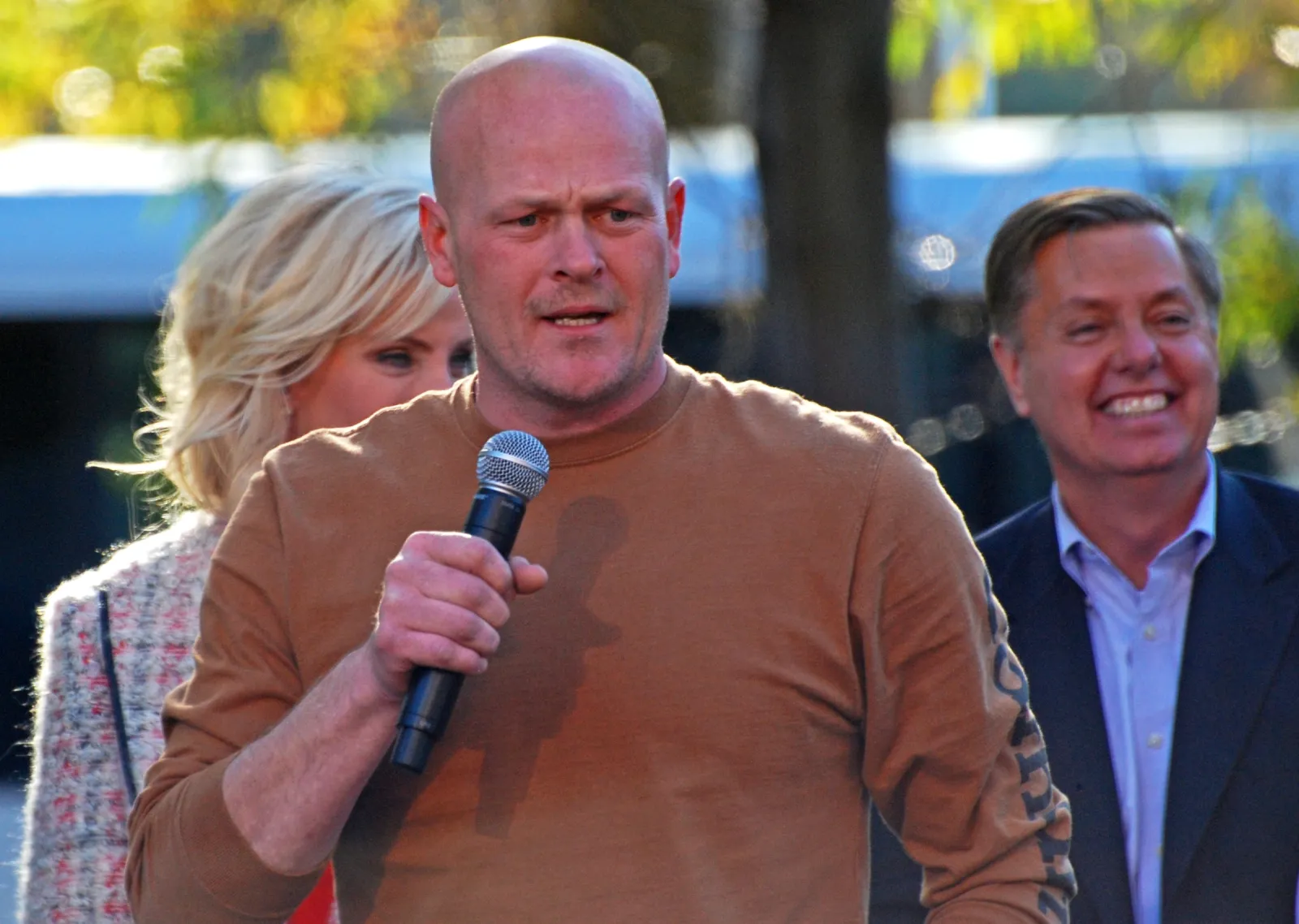
October 12, 2008, a Sunday afternoon. A man is playing football with his son in the yard of his home in Toledo, Ohio. A picture-perfect image of the ordinary American. Samuel Joseph Wurzelbacher is about to become a folk hero — the champion of the “real people,” those who work hard but feel crushed by taxes that, in their view, benefit all sorts of freeloaders.
That day, Barack Obama is campaigning in this working-class neighborhood, followed closely by ABC News cameras. As Obama walks past his fence, Wurzelbacher calls out to him. He wants the Democratic candidate to justify his proposal to raise taxes on small businesses. As he would later tell the far-right group Family Security Matters, he starts by asking the Illinois senator if he believes in the American dream. When Obama replies that he does, the father presses on: “So why do you want to penalize me for trying to fulfill it ?”
His American dream? “a house, a dog, a couple rifles, a bass boat1”, and to start his own plumbing business. But he fears that Democrats will unfairly redistribute his hard-earned money to others. “It's not that I want to punish your success” Barack Obama replies. “I just want to make sure that everyone behind you also has a chance to succeed. And I think that when you spread the wealth around, it’s good for everybody.” The Democratic candidate also points out that the tax increase would only apply to businesses making over $250,000 a year. But the argument doesn’t convince Wurzelbacher, who sees it as “slippery slope” toward socialism — eager to exploit the sweat of decent, hardworking people.
The Republican camp immediately seizes on this figure and dubs him “Joe the Plumber,” a variation on “Joe Six-Pack” or “ordinary Joe.” He becomes the embodiment of the average American — hardworking and bound to suffer even more if Obama wins. Sarah Palin elevates him to hero status. John McCain invokes him over twenty times during a presidential debate and even addresses him directly on camera: “Joe, I want to tell you, I’ll keep your taxes low”. The opportunity is too good to pass up for conservative commentators, who see in Joe the Plumber the perfect poster boy for defending the Republicans’ populist supply-side economic policies.
The working-class, white, male taxpayer had already been adopted as a symbolic partner of GOP tax policy at the start of Ronald Reagan’s presidency. Typically found in construction or trucking, self-employed and ambitious, he personifies courage and self-sacrifice in contrast to the feminized and racialized public-sector workers with their inflationary wage demands. As an independent business owner in fields that rarely require a college degree, he also embodies the common sense of the people against the out-of-touch, left-leaning intellectual elite.
Melinda Cooper notes that this demographic was overrepresented among Tea Party supporters during the right-wing populist wave of the 2010s2. And since Sarah Palin’s allegiance to Donald Trump in 2016, these small business owners have remained among the most enthusiastic and loyal defenders of the American president.
Samuel Wurzelbacher tried to ride the wave of his popularity in the years following his encounter with Barack Obama. In 2012, he ran for Congress as a Republican. During his campaign, branding himself “politically incorrect,” he made numerous controversial statements — for instance, claiming that Nazi Germany had been able to carry out the Holocaust because European gun control laws had prevented victims from defending themselves. He also suggested it might be time to “start shooting” Mexicans. Though he won the GOP nomination, he was decisively defeated by his Democratic opponent.
At the height of his fame, local journalists from the Toledo Blade looked into Joe the Plumber’s background. They discovered not only that he owed nearly $1,200 in back taxes, but also that he had never held a plumbing license.
1 Martin Pengelly, “‘Joe the Plumber’, who challenged Obama on taxes in 2008, dies aged 49”, The Guardian, 28 Aug 2023.
2 Cooper, Melinda (2024) Counterrevolution: Extravagance and Austerity in Public Finance. New York: Zone Books (Near Futures series)
JD Vance
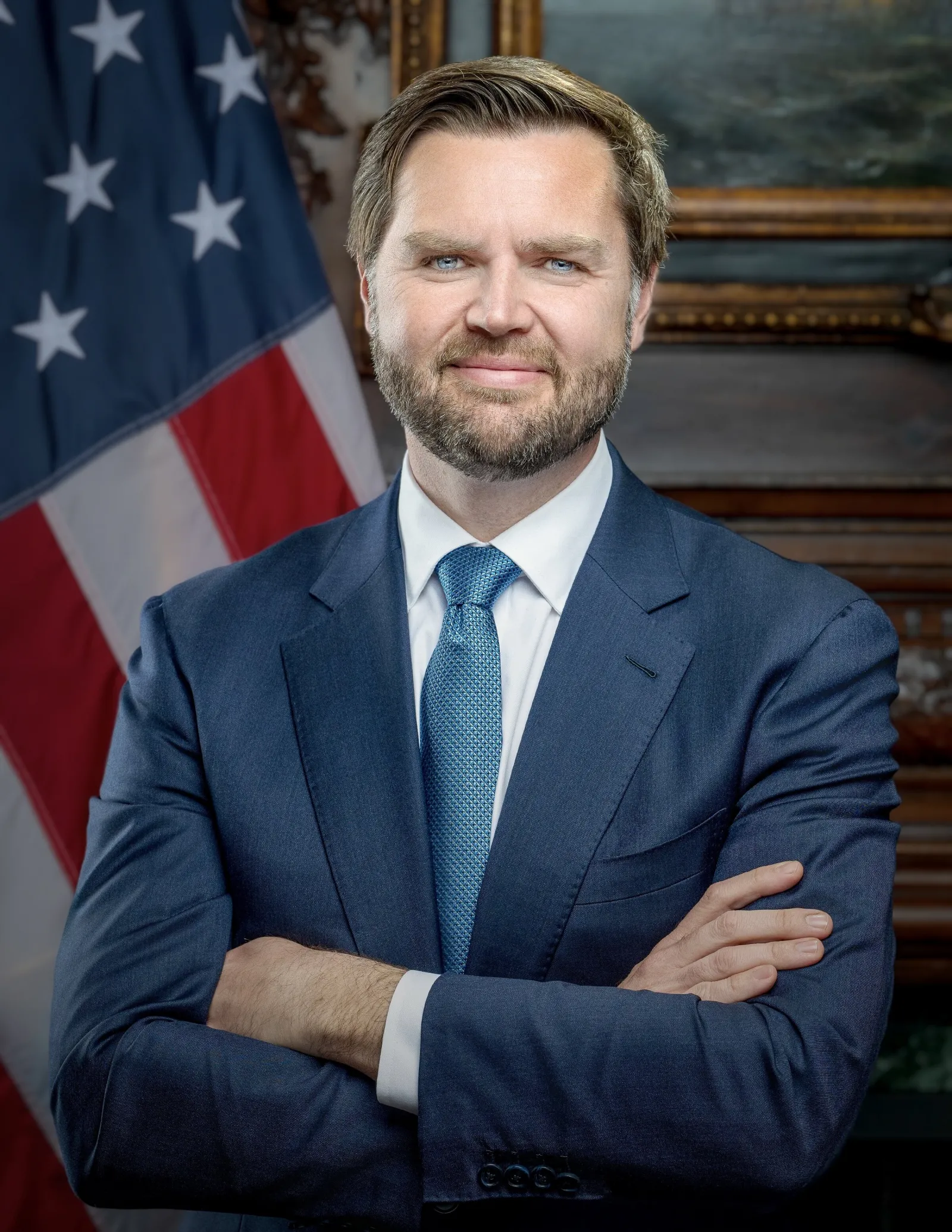
JD Vance is one of those public figures whose self-narrative serves as a smokescreen, hiding his real alliances. Born in Middletown, Ohio, Vance was raised by a mother victim to the opioid crisis, which hit the deindustrialized Appalachian region particularly hard—a region populated by poor white Americans often derogatorily labeled as "hillbillies." With his mother providing an unstable home, his grandparents took over his upbringing. According to his own account in his memoir Hillbilly Elegy, it was his grandmother, who encouraged him to take his studies seriously, and the military, which provided him with discipline during his four years of service (including six months in 2005 as a military journalist in Iraq), that enabled him to escape the fate of many of his peers and rise out of poverty. Thanks to the G.I. Bill, he gained access to Ohio State University in 2007, then Yale Law School in 2010. It was one of his Yale professors, Amy Chua, who encouraged him to write Hillbilly Elegy. Published in 2016, the book was widely praised, reached the New York Times bestseller list, and was even adapted into a film in 2020. However, it received strong criticism for its misleading sociological overtones, which helped popularize the narrative that white working class Americans began supporting Trump due to a physical and moral decline linked to addiction. Largely steeped in a tone of pity and generalizing his individual experience while ignoring academic research on Appalachian poverty, the book catapulted JD Vance into the spotlight as a public critic of Trump—many expressing gratitude that he helped explain the “Trump phenomenon.”
Alongside his ambitions to serve as the prophet of Appalachia, JD Vance entered the world of venture capital, thanks to Peter Thiel. After attending a conference Thiel gave at Yale, Vance emailed him to ask for a job. Impressed by Vance's motivation and potential, Thiel hired him at his venture capital firm Mithril Capital, where Vance worked from 2016 to 2017—though he spent most of that time promoting his book1. In 2017, Vance returned to Ohio, reportedly disillusioned by his Silicon Valley colleagues whom he saw as out of touch with the rest of the country2. In Columbus, Ohio, he founded a philanthropic organization, Our Ohio Renewal, aimed at combating the opioid crisis in the Midwest. The organization ceased operations in 2021 with modest results: it raised only about $220,000 in 2017, $80,000 of which came from Vance himself, and less than $50,000 between 2018 and 20213. Instead of renewing Ohio, former staff members claim the organization served more to renew JD Vance’s career and acted as a launchpad for his political ambitions4. Indeed, The New York Times reported that most of the funds were used to pay a political consultant who advised Vance to run for the U.S. Senate in 2018 (a race he ultimately did not enter), a speechwriting assistant, and to finance a “poll” that staff say they never saw.
Notably, while JD Vance cited this initiative as among the greatest successes of the organization, Our Ohio Renewal funded the residency of addiction psychiatrist Sally Satel in Appalachia. Satel had longstanding ties to Purdue Pharma, the company responsible for the opioid crisis, from 2004 to 2016. Among other things, she downplayed Purdue’s role in the crisis in a New York Times op-ed, cited Purdue-funded research in media articles, and even shared article drafts with the company before publication5.
During this philanthropic-marketing endeavor, Vance remained active in venture capital: from 2017 to 2019, he worked at Revolution LLC, managing the “Rise of the Rest” initiative, which aimed to promote venture capital culture outside of Silicon Valley by investing in startups in the Midwest and Appalachia—allowing him to align his professional activities with the image he sought to cultivate as a man of the people. In 2020, he founded Narya Capital, a Cincinnati-based VC firm supported by Peter Thiel (who provided 15% of the initial capital), former Google CEO Eric Schmidt, and powerful venture capitalist Marc Andreessen.
In 2021, Vance officially launched his political career by announcing his candidacy for the Ohio U.S. Senate seat. Though previously a vocal Trump critic, he pivoted toward MAGA Republicanism and quickly gained favor with the former president—likely as much a calculated move as the result of his ties to Thiel and the venture capital elite. His campaign funding reveal his true allegiances beyond his anti-elitist rhetoric: he received $15 million from Peter Thiel6, along with large contributions from the Mercer, Uihlein, and Lindner families—wealthy dynasties benefitting from patrimonial capitalism and driving the far-rightization of American politics—who donated several hundred thousand dollars to his campaign7. Vance was also a favorite of the fossil fuel industry, which contributed $340,000 to his political efforts since 20198. Backed by these powerful interests, he won the Republican primary in May 2022, the general election in November 2022, and began his Senate term in January 2023. During his time in office, he supported several bills aimed at eliminating diversity, equity, and inclusion (DEI) programs and criminalizing gender-affirming surgeries for minors.
After encouraging him to run and financing his campaign, it was again the tech and venture capital circle surrounding JD Vance that helped open the doors to the White House. The Washington Post reported that Trump received numerous calls from tech entrepreneur and self-proclaimed “crypto and AI czar” David Sacks, Peter Thiel, and Palantir’s Jacob Helberg, urging him to choose Vance as his vice-presidential running mate. The man whose ties to the tech elite earned him the nickname “Shillbilly” was officially inaugurated as vice president on January 20, 2025. As Trump’s right-hand man, Vance has played an active role in the United States’ revolutionary-conservative turn. Opposed to reproductive rights and a late convert to nationalist Christianity—reportedly under the spiritual guidance of Peter Thiel—he promotes cultural values rooted in unapologetic white supremacy and misogyny, and serves the interests of private equity and venture capital elites.
1 “Inside the powerful Peter Thiel network that anointed JD Vance”, Elizabeth Dwoskin, Cat Zakrzewski, Nitasha Tiku, and Josh Dawsey, July 28, 2024, Washington Post
2 “Why I’m moving home” JD Vance, March 16, 2017, New York Times
3 See Our Ohio Renewal, ProPublica : https://projects.propublica.org/nonprofits/organizations/821611741
4 “ J.D. Vance’s First Attempt to Renew Ohio Crumbled Quickly”, David A. Fahrenthold, Oct. 8, 2022.
5 “Inside Purdue Pharma’s Media Playbook: How It Planted the Opioid “Anti-Story””, David Armstrong, Nov. 19, 2019, ProPublica. The op-ed in the New York Times: “Doctors Behind Bars: Treating Pain is Now Risky Business”, Sally Satel, Oct. 19, 2004.
6 Thiel donated 10 million, 3,5 million and 1,5 million dollars to JD Vance’s PAC “Protect Ohio Values”. https://www.opensecrets.org/po...
7 “The billionaire who fueled JD Vance’s rapid rise to the Trump VP Spot”, Daniel Klaidman, July 16, 2024 CBS News. “Vance's super PAC also received hundreds of thousands in contributions from the Mercer, Uihlein and Lindner families, all staples of mega-conservative political giving in recent years.”
8 “Climate advocates fear picking JD Vance for VP is a ‘dangerous step backward’”, Nina Lakhani, 16 Jul 2024, The Guardian.
Newt Gingrich
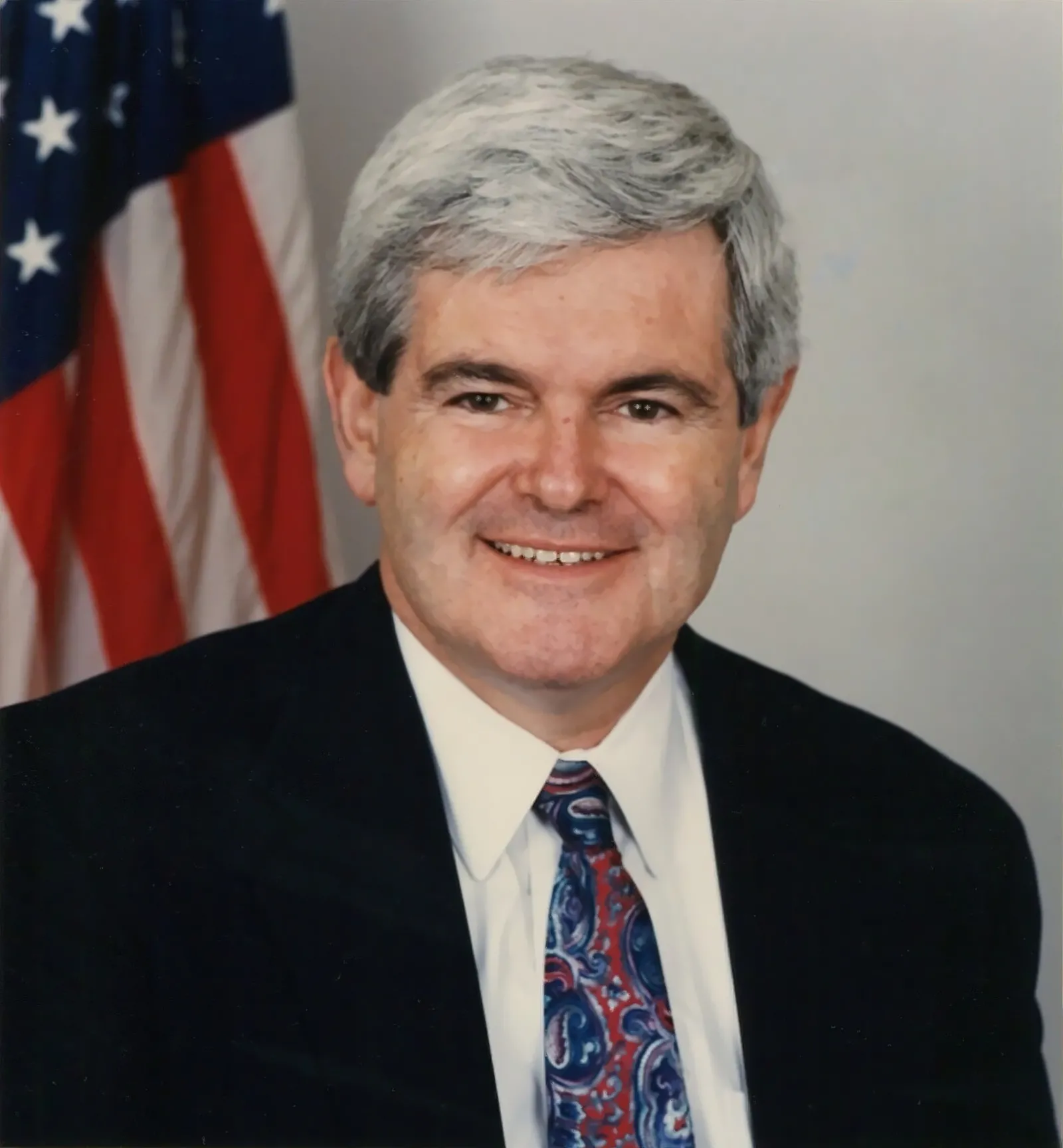
Newt Gingrich proudly counts himself among the precursors of Trumpism. The 47th President’s agenda, he writes in his most recent book – entitled Trump’s Triumph – is built on “the legacies of Barry Goldwater, Ronald Reagan, and, frankly, myself.” Bombast notwithstanding, he is not wrong.
Born in 1943 and partly raised in Europe as an “army brat”, Gingrich moved to Georgia with his family at the age of 16. After graduating from Emory, he went to graduate school at Tulane University in the History Department and got his PHD in 1971 – his unpublished dissertation was on education in the Congo under Belgian colonial rule.
More interested in politics than in academia, Gingrich started running for Congress in 1974 – as a moderate Nixonian Republican – and won the contest for Georgia’s 6th Congressional District on his third attempt, in 1978. By then, however, he had met and learned from Paul Weyrich, the man who cofounded the Heritage Foundation and coined the term “moral majority”. In the late 1970s, Weyrich’s plan was to recruit and form a new generation of conservative candidates for Congress and he immediately saw great potential in Gingrich.
Once elected, the future Speaker of the House made his ambitions clear and set out to fulfill them both by ignoring the seniority protocols of his own party and by launching relentless attacks against high-ranking Democrats. The beginning of his tenure in Congress coincided with the creation of C-Span (the Cable-Satellite Public Affairs Network), which, for the first time, televised Congressional proceedings. Gingrich proved especially adept at using the new media for his own purposes.
To conquer the House of Representatives – where the Republican party had not held a majority of seats since 1952 – the GOP’s new attack dog believed that discrediting the Democratic leadership was the way to go. Taking on the House Speakers that he so much wanted to replace – first Top O’Neil then his successor Jim Wright – Gingrich accused them of harboring unpatriotic sentiments and of indulging in unethical practices. Though he failed to damage O’Neil’s reputation, his smear campaign proved successful with Wright, who was forced to resign in 1989.
Interestingly, the main charge that Gingrich levelled against Wright was that he had circumvented House ethics rules by selling his book at public events organized by Congress – a charge that Gingrich himself was facing, exactly at the same time. Blaming his adversaries for behaving like him turned out to be a recurring pattern: it happened in 1992, when he accused Democrats of overdrawing their House checking accounts – an improper practice to which he was no stranger – and again in 1998, when he tried to bring down Bill Clinton over the Monica Lewinsky scandal while also being involved in a notorious extramarital affair with a much younger woman.
After obtaining Jim Wright’s resignation, Gingrich was elected minority whip. In accordance with Weyrich’s teachings, he used his newfound power to revamp and further radicalize the Reaganite agenda – even turning against President George H.W. Bush when he broke his “read my lips: no new taxes” pledge – but also to pressure House Republicans into adopting his confrontational ways.
Galvanized by Bill Clinton’s election to the presidency in 1992, Gingrich did what he could to undermine the new president’s agenda. Then, as the midterm elections of 1994 were approaching, he drafted the so-called Contract with America – with House Republican Conference Chairman Dick Armey and under the guidance of the Heritage Foundation. The purpose of this electoral platform was to rally Congressional Republicans behind a national agenda – all but two GOP House candidates signed it – as well as to warn the Clinton Administration that it was about to face an uncompromisingly conservative Congressional opposition. Indeed, among other measures, the signatories of the Contract called on the government to balance the federal budget while cutting taxes for small businesses and families, to engage in draconian reforms of social security and welfare provisions, and to set term limits for legislators.
The Republicans won the midterm elections and took control of the House for the first time in four decades. Newt Gingrich, who had led his party to victory, became Speaker of the House. In his new capacity, he immediately pledged to bring all the Contract’s bills to the floor within the first hundred days of the 104th Congress. Though he did not entirely succeed – despite shutting down the government on two occasions to force the president’s hand – Gingrich’s intransigence and obstructionism eventually paid off.
On the one hand, the most inegalitarian bills of the Clinton era clearly bear his mark – in particular, the welfare reform known as the Personal Responsibility and Work Opportunity Act and the Taxpayer Relief Act, which included the largest capital gains tax cut in US history. On the other hand, despite turning the House into a culture war-zone – or maybe thanks to the havoc he wrought – Gingrich succeeded in preserving the Republican majority in the 1996 election, even though Clinton was also returned to office.
By the beginning of 1997, however, the reinstated Speaker started to overplay his hand. House Republicans grew tired of the blatant contradiction between Gingrich’s inquisitorial style and the accumulation of ethics charges raised against him. After the House Ethics Committee accused him of intentionally and recklessly disregarding House rules, an overwhelming majority of Representatives from both parties voted to reprimand him.
Undeterred, Gingrich sought to regain his authority by engaging in what had earned him his recognition in the first place, namely bringing down a high-ranking Democrat. Buoyed by the emerging Clinton-Lewinsky scandal, he led the campaign to impeach the President, making it the central issue of the 1998 mid-term elections. The plan failed and the Republicans lost their majority in the House. Realizing that a coup against him was brewing, Gingrich promptly relinquished the speakership and announced that he would not run for reelection in 2000.
Once out of Congress, the former speaker remained a fellow at conservative think tanks like the Hoover Institution and the American Enterprise Institute. In 2007, he founded a group named American Solutions for Winning the Future – bankrolled by the Republican billionaire Sheldon Adelson, its mandate was to promote deregulation, offshore drilling and even coal extraction – and in 2011, he decided to run for the GOP nomination in the upcoming presidential election. Defeated by Mitt Romney in the primaries, Gingrich would spend the following years trying to restructure the huge debt incurred by his campaign.
In 2015, New Gingrich was among the first Republicans of stature to endorse Donald Trump’s bid for the presidency. Briefly rumored to become the tycoon’s running mate, he remained an informal advisor and faithful supporter of the President. His third wife, Callista Gingrich, on the other hand – the woman he was having an affair with while prosecuting Bill Clinton – serves in the Trump administration: she was the US ambassador to the Vatican during the President’s first term is now ambassador to Switzerland.
Ludwig von Mises
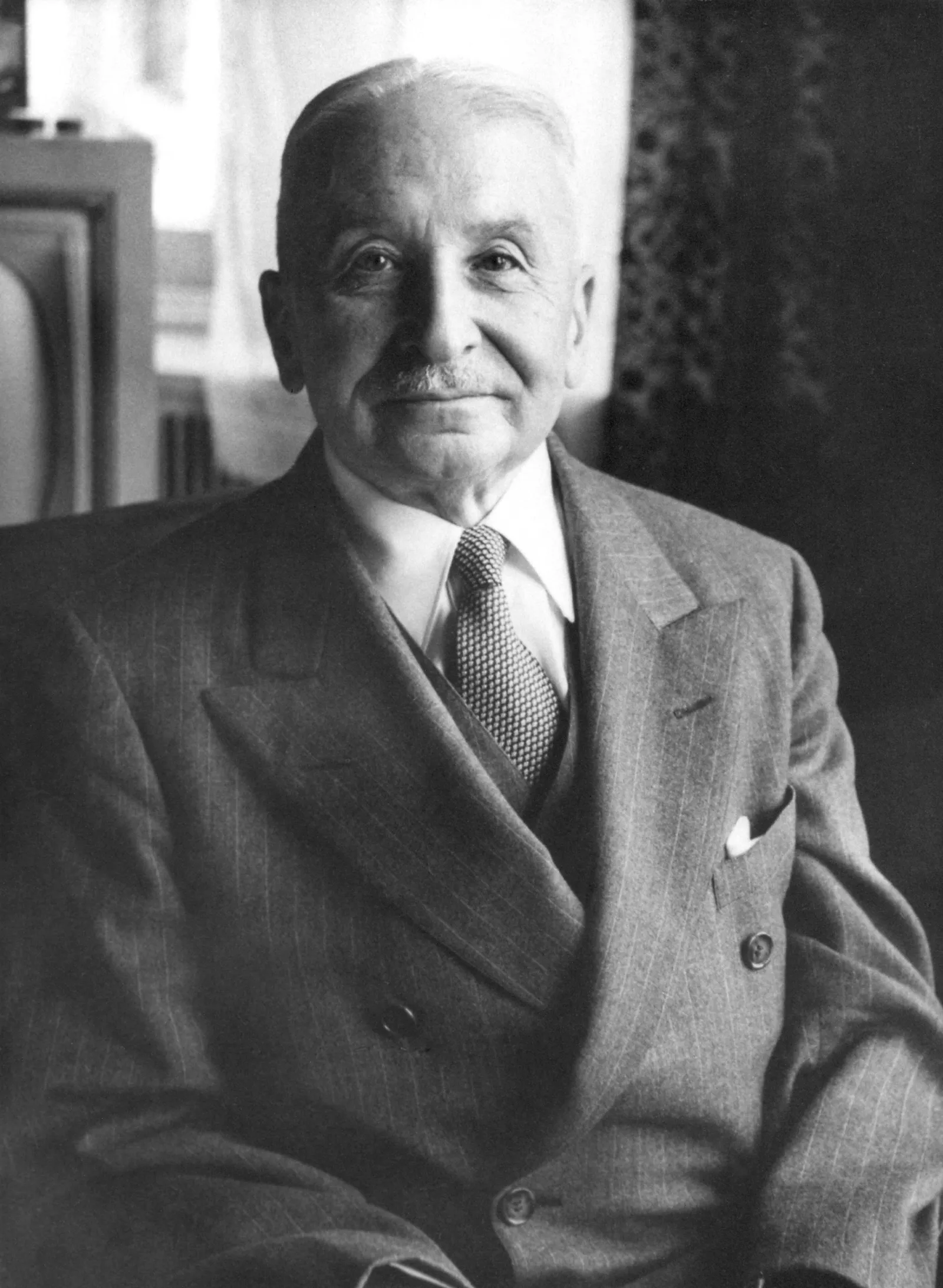
The literature on Neoliberalism often presents the founding fathers of the movement as liberals, both politically and economically, whose initial concern was to oppose the rise of totalitarianism, whether in the guise of Nazism, Fascism or Stalinism. Yet, a closer look at the beginning of the movement shows that its Austrian exponents – Ludwig von Mises and his mentee Friedrich Hayek in particular – were primarily anxious about the waning of empires, in the wake of WWI, and the ascendency of socialism, including its social-democratic variant.
Born in Lemberg (Lviv today) in 1881, Ludwig von Mises rose to prominence in the ranks of the Austrian School of Economics by leading the charge against socialism. Expanding on a long article he wrote in 1920, his book, Socialism: An Economic and Sociological Analysis, published two years later, launched what came to be called the “socialist calculation debates”, which pitted free markets champions like him, Hayek but also Max Weber against advocates of “socialist rational planning” such as Otto Neurath.
Mises argued that only the market is capable of accounting for the complexity and heterogeneity of individual desires, and thus of optimizing their fulfillment. Market relations, he explained, are able to translate subjective preferences into comparable utilities because they are predicated on this magical thing called the price mechanism: prices, according to Austrian economists, are signals informing the members of a society of what the others want and have to offer. To the extent that they are not distorted, therefore, they enable market dwellers to make their own plans freely and efficiently.
By contrast, Mises charged that planners can merely make crude assumptions about the needs of the people they govern. Unable to discern the specific aspirations and capacities of each person, their calculations are bound to produce suboptimal outcomes and to generate widespread dissatisfaction among the population. The force of Socialism’s rhetoric resided in its appeal to rationality: regardless of what one thought of the socialists’ intentions and values, the book asserted, their project was doomed because the price mechanism had no part in it. In Mises’ own words, the socialist agenda leads to “the abolition of rational economy”.1
While his critique proved durably challenging for the left, Mises got a bit carried away by what he saw as his definitive victory in the calculation debate. Contrary to Hayek, who had furthered his assault on planning, he did not content himself with what would become standard neoliberal doctrine, like repurposing the role of government or debunking the notion of social justice. On the one hand, Mises’ confidence in the immanent power of prices was such that, instead of just calling on the State to protect market mechanisms from demagogical demands, he wholeheartedly embraced the libertarian wish to do away with the State altogether. On the other hand, rather than simply warning against the perverse effects of egalitarian public policies, he proclaimed that equality itself was, to paraphrase Hayek, a fatal conceit: “All human power would be insufficient to make men really equal” he wrote in his 1927 book Liberalism. “Men are and will always remain unequal.”
Mises would largely couch his principled opposition to equality in meritocratic terms – namely, different people have different abilities and stifling the ablest would harm everybody. However, as Quinn Slobodian demonstrates in Hayek’s Bastards, he was open to the possibility that inequalities were hard-wired – “it may be assumed that races do differ in intelligence and will power” –, but also prone to believe that people would prefer to stick to their own ethnic groups – “(t)here are few white men who would not shudder at the picture of many millions of black or yellow people living in their own countries” – and certainly libertarian enough to let them decide to segregate on whatever basis they would deem fit. Consequently, it is for good reasons that paleolibertarians with supremacist inclinations call the Mises Institute their home.
1 See William Callison, The Politics of Rationality in Early Neoliberalism: Max Weber, Ludwig von Mises, and the Socialist Calculation Debate” in JHI (83.2)
Curtis Yarvin
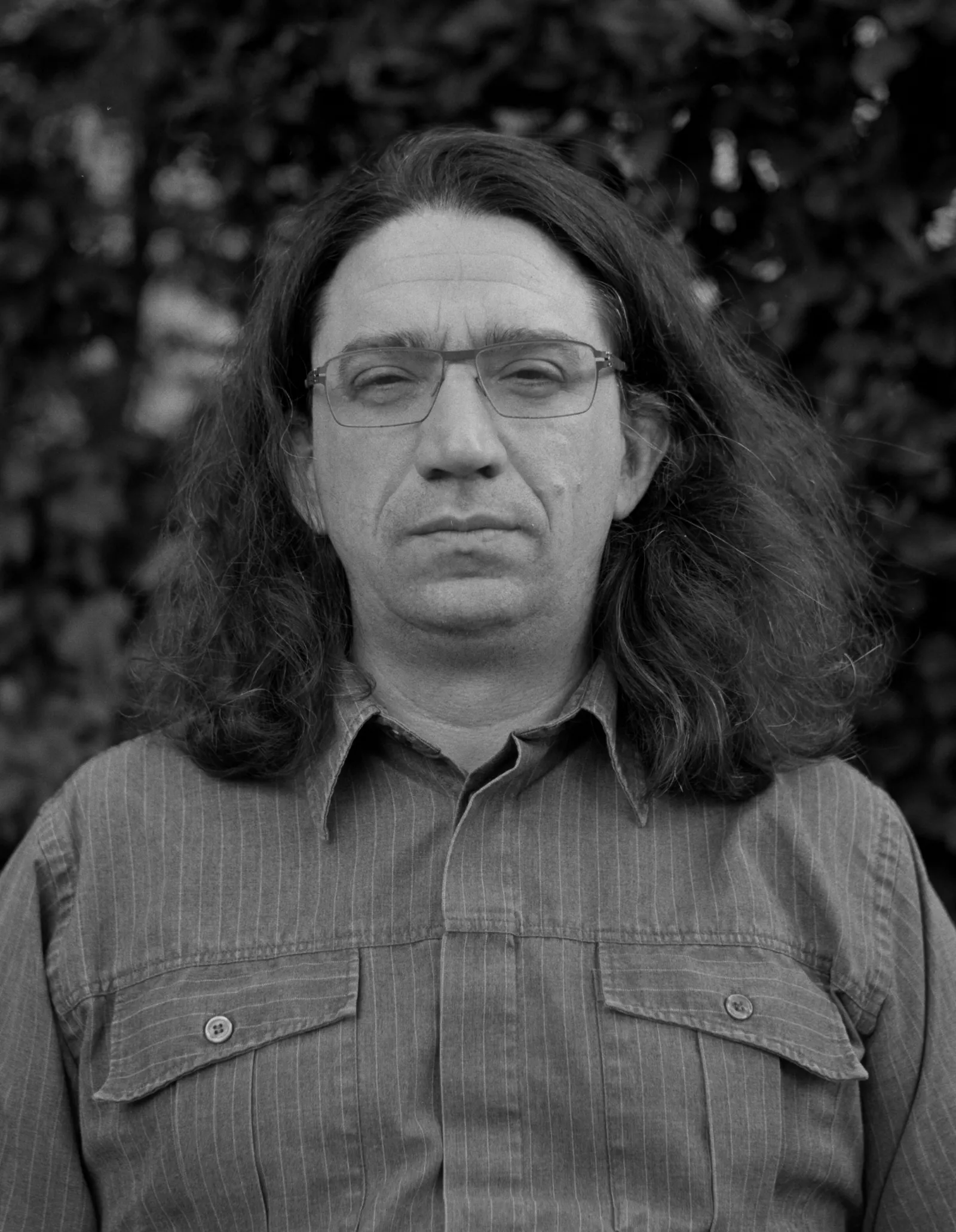
Curtis Yarvin is a computer scientist of sorts and a popular blogger in the far-right ecosystem. Writing under the pen name Mencius Moldbug, he posted on his blog – entitled Unqualified Reservations – from 2007 to 2014 and now publishes a Substack called Gray Mirror, which he started in 2020.
A protégé of Peter Thiel and Marc Andreessen – who funded his project Urbit, a personal server and peer-to-peer network that launched in 2013 – Yarvin seeks to update the paleolibertarian tradition of Ludwig von Mises, Murray Rothbard, Lew Rockwell and Hans-Hermann Hoppe for an age of self-important tech billionaires and vengeful incels. He thus rehashes Hoppe’s pronouncements about democracy as a failed experiment – his 2007 Formalist Manifesto calls it “an ineffective and destructive system of government” that irrevocably causes war and violence without bringing freedom to its citizens – but also proposes to replace it with the autocratic regime distinctive of mutant corporations such as X, Meta, or Amazon.
Equally enamored with all-mighty tech entrepreneurs and early modern absolute monarchs, Yarvin does not only revel in pre-adolescent fantasies about rockets and kings, however. What he and his alter-ego – the “effective accelerationist” amateur philosopher Nick Land – call Dark Enlightenment or neoreaction involves the promotion of a society divided into a CEO/Monarch, affluent but subservient shareholders/courtiers, satisfied yet powerless consumers, indentured and permanently controlled workers, as well as an indefinitely detained underclass made up of racially inferior people who can neither be expelled nor eliminated.
To make his dream come true, Yarvin believes that the Cathedral – namely, a progressive conglomerate formed of elite universities, mainstream media outlets, deep state agencies, woke luminaries, liberal financiers and social movements – must be brought down. Until recently, he thought that only a coup could wrest the American people from the nefarious grip of liberal forces. However, Donald Trump’s return to power has given him hope that a smoother transition is possible, from the current state of democratic corruption to a shareholding republic ruled by a competent CEO king. Both the massive firings of deep state civil servants by Elon Musk’s DOGE and the deportation of non-white migrants by ICE are auspicious signs in that regard. Equally encouraging is the fact that Yarvin himself is recognized as an important thinker not only by Peter Thiel and Mark Andreessen but also by high-ranking members of the MAGA inner circle, such as Elon Musk, Steve Bannon and J.D. Vance.
While the influence of Yarvin’s grotesque vision on far-right billionaires and politicians is obviously alarming, what is truly pathetic is the propensity of some members of what he names the Cathedral to engage with him. Interviewed by the New York Timesin January 2025, the blogger was more recently invited to debate the political scientist Danielle Allen at Harvard University. As the French historian Pierre Vidal-Naquet once said, discussing democracy with fascists – even idiotic ones, one might add – is as unadvisable as sharing cooking recipes with cannibals.
Murray Rothbard
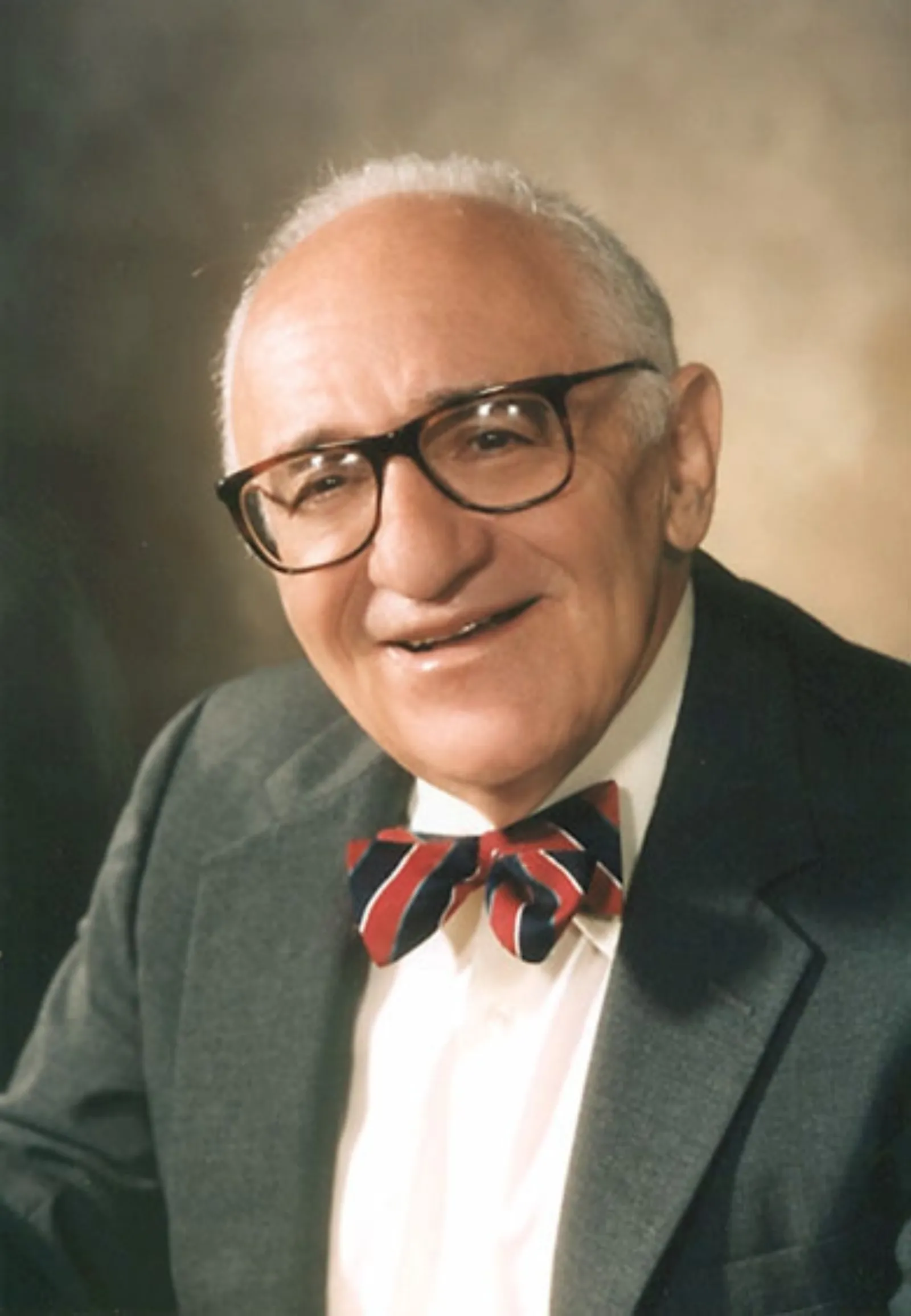
Murray Rothbard (1926-1995) was and remains a central intellectual figure in the American libertarian movement. Predicated on the right of individuals to own property, dispose of it as they wish and dismiss all obligations to which they are not contractually bound – save that of not infringing on other people’s property rights – his libertarianism has been unwavering throughout his life. It made him hostile to all forms of state interventions, whether in the name of social justice, economic efficiency or even national security. Where he changed, however, was in the strategic choices he made to advance his cause.
Raised in New York by Jewish émigrés parents, Rothbard started by staking the progress of his ideas on the waning Old Right, which led him to support the segregationist senator Storm Thurmond’s bid for the presidency in 1948, while he was studying economics at Columbia University. After discovering the Austrian School of Economics and making Ludwig Von Mises his mentor, he enjoyed the patronage of the conservative Volker Fund, wrote occasionally for National Review, and joined the Mont Pelerin Society in the 1950s.
However, Rothbard felt increasingly uncomfortable with William Buckley’s fusionist right. Despite his staunch anti-communism, the Conservatives’ support for American imperialism throughout the Cold War, and especially during the Vietnam war, ran against his libertarian pacifism. Defending the nation against outside enemies, he believed, is after all how the state justifies its despotic power. Hence Rothbard’s brief flirtation with the anti-war New Left at the end of the 1960s. Having coined the term anarcho-capitalism, he entertained the hope that anarchists of all stripes could unite against Big Government and even tried to make that argument in the leftist magazine Ramparts.
Quickly disenchanted with the notion of a united anarchist front, Rothbard decided to rejoin neoliberal circles, a move that eventually enabled him to found the Cato Institute, with the financial help of Charles Koch. Yet, there again, he was soon disappointed as the more mainstream Hayekian wing of the institute decided that their calling was to become a think tank for the Reagan administration and the Republican party.
In search of a new home, Rothbard found it in Auburn, Alabama, where he created the Mises Institute in 1982 with Lew Rockwell. The latter was both an unflinching libertarian like Rothbard and a fervent supporter of racial segregation, albeit on a voluntary basis. Communities should be free to choose with whom they want to cohabitate, Rockwell claimed, and were they empowered to exercise that freedom, they would surely elect to stick with their own race. Rothbard, who had retained his mentor Mises’ suggestion that, Nazism notwithstanding, there might be some truth in race theory, eagerly embraced his new friend’s perspective. A libertarian society, he now argued, called for people who were culturally and even naturally disposed to understand and appreciate libertarian values. By contrast, a desegregated society trying to promote race and gender equality could only produce a “parasitic underclass” and an increasingly totalitarian nanny state attending to its needs.
Still, what Rothbard and Rockwell now coined paleo-libertarianism needed allies to thrive. They found them in the other paleo camp, namely the paleo-conservative coterie, established in reaction against the neoconservative ascendency in the Republican party. The two groups met in Dallas in 1990 and soon formed a club – the John Randolph Club, named, as Quinn Slobodian recounts, “after a slaveholder whose catchphrase was: ‘I love liberty, I hate equality.’” In the presidential campaign of 1992, the paleo alliance supported the candidacy of Pat Buchanan, who wanted to repeal the civil rights laws of the 1960s, the welfare programs of the New Deal, and the imperial interventionism of the US. Buchanan failed to win the Republican nomination and a few years later, Rothbard gave up on him and his paleoconservative cohort, on account of their protectionism – which, he charged, “was mutating into an all-round faith in economic planning and the nation state”.
Once again marginalized, Rothbard did not live to witness the revival of his paleolibertarian creed. His memory lives on, however, among his Silicon Valley admirers but also thanks to Javier Milei, the Argentinian president, who named his favorite cloned dog after him.
Robert Lighthizer
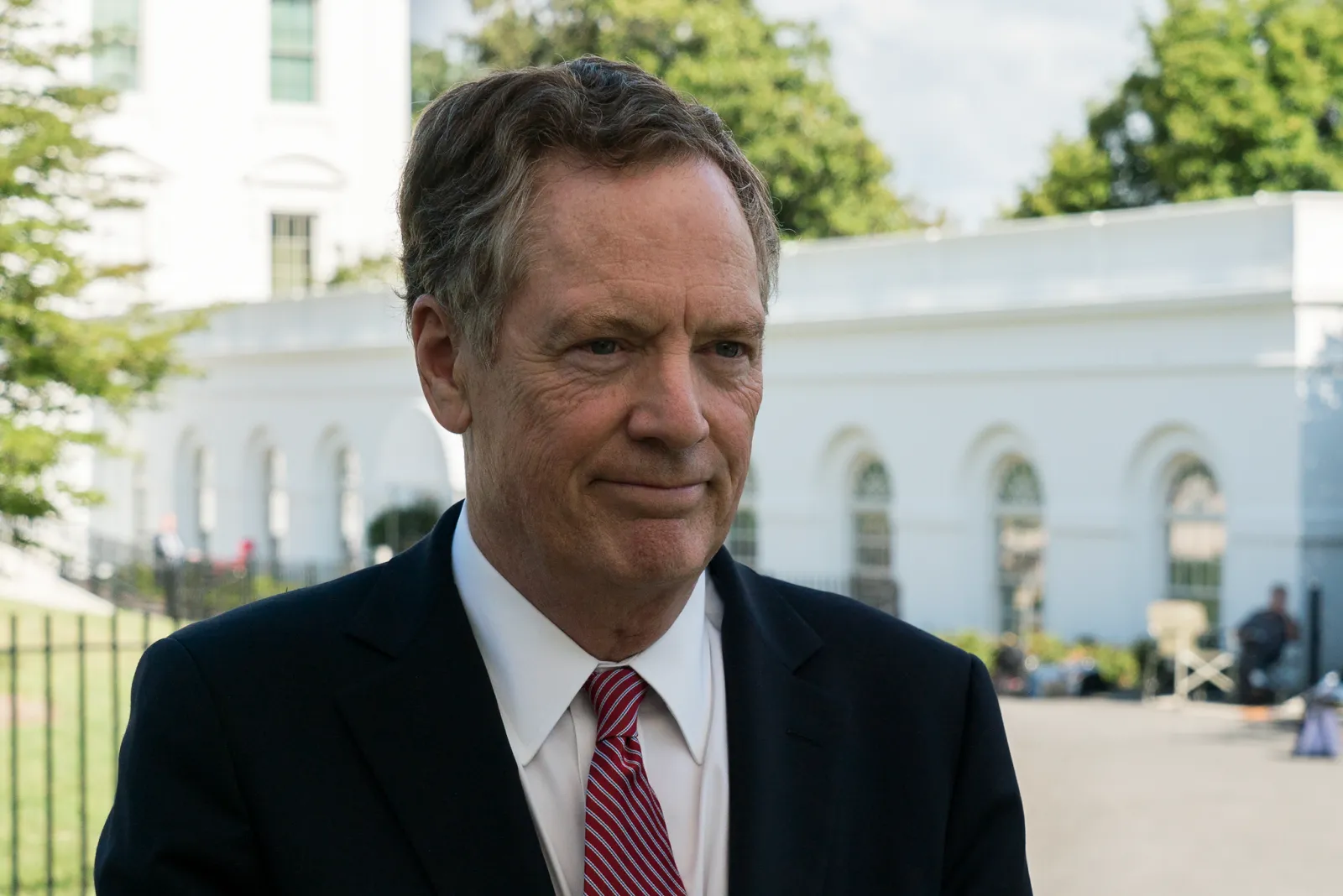
Born in 1947, Robert Lighthizer is an attorney specializing in international trade law. He has worked alternatively in private law firms and as a government official for two Republican administrations. He was deputy US Trade Representative during Ronald Reagan’s first term and US Trade Representative more than three decades later, during Donald Trump’s first term.
While known as a fierce trade warrior – he accused Japan of unfair trade practices in the 1980s, levelled the same accusations against China in the 2010s, and made a fortune suing these countries on behalf of American Industries when he was out of politics – Lighthizer is not merely a staunch protectionist. For him, the purpose of tariffs is not to seek some form of autarky but, paradoxically, to achieve open markets and free trade, albeit under conditions that he deems fair to American businesses and workers. Hence Donald Trump’s decision to appoint Lighthizer in 2017.
What the then 45th president appreciated about his Trade Representative’s views was that they mirrored his own. In particular, they vindicated his claim that the US are being taken advantage of by other countries – including their closest allies. Moreover, Trump liked Lighthizer’s contention that tariffs, when deployed judiciously and intransigently, can serve as a substitute for taxes: a win/win solution if there ever was one, from Donald Trump’s standpoint. The President even floated the idea of establishing an External Revenue Service (ERS) that would collect tariff revenues and thus make up for what its companion agency, the IRS, would no longer be able to provide because of massive tax cuts.
Remarkably, Robert Lighthizer does not have a job – so far – in the current administration, even though tariffs and the promise to reshore and revive American industries thanks to them has arguably gained prominence in Trump 2.0’s agenda. Disappointed as he may be, however, the former US Trade Representative remains a staunch supporter of Donald Trump’s trade policy: “I strongly support the President’s actions today”, Lighthizer declared on and about “Liberation day”.
“Our country’s ineffective trade policies have had devastating effects on our workers. The combination of a 10% tariff on all countries plus higher rates on those with bigger surpluses is exactly what we need to revitalize our manufacturing industries, restore good-paying jobs, and kickstart the Golden Age of America1.”
Peter Brimelow
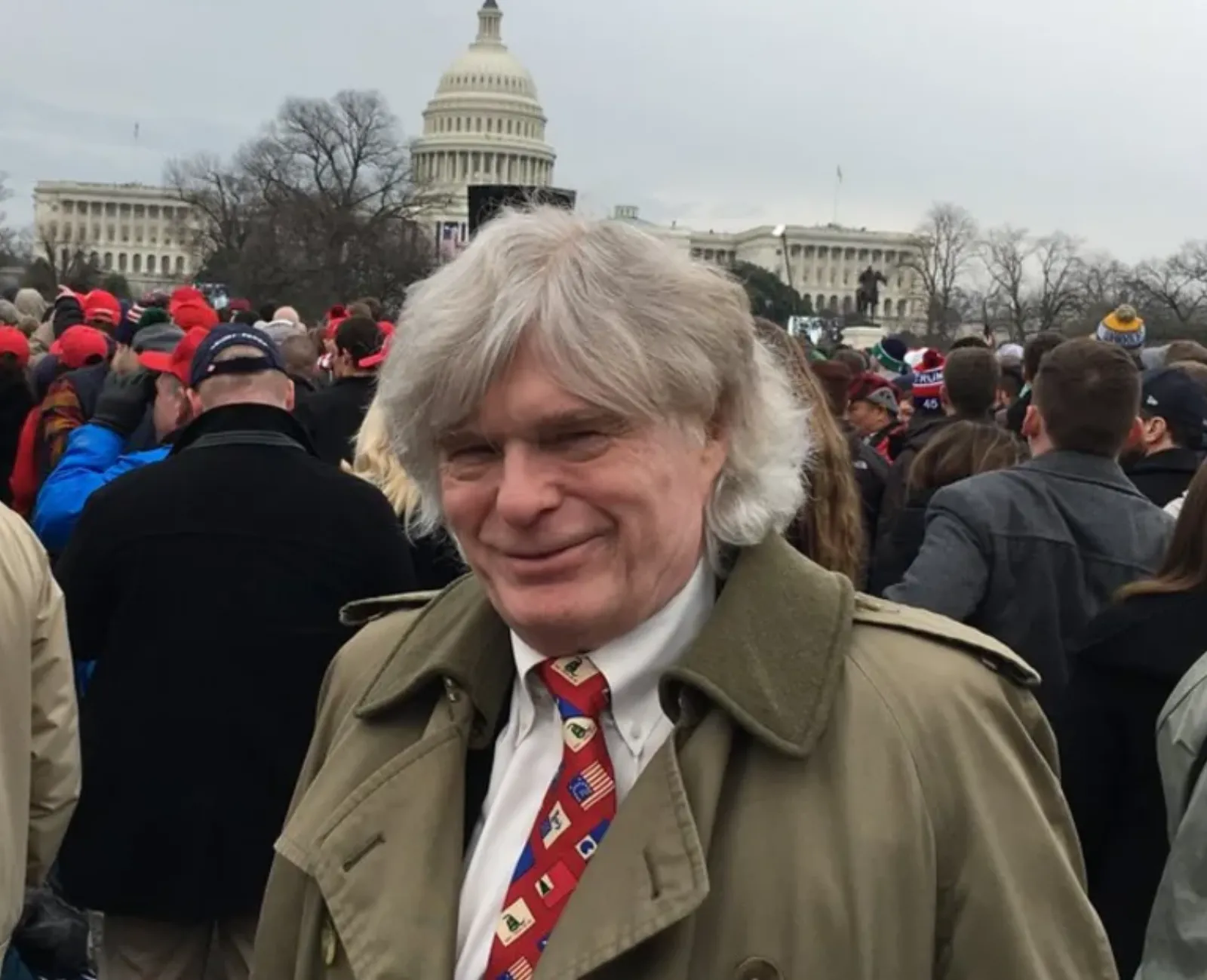
Born in England in 1947, Peter Brimelow is a naturalized US citizen who enjoys being called the godfather, or at least the god-uncle, of the Alt Right – and deservedly so. For he has been operating as a lynchpin among several segments of the far-right, including some members of Donald Trump’s entourage – like Stephen Miller and Larry Kudlow –, the proponents of pseudo-scientific claims about the unequal distribution of intelligence among races – like Charles Murray and Richard Herrnstein – and the cruder brand of white supremacists and neo-Nazis surrounding Richard Spencer.
As Quinn Slobodian reminds us, however, Brimelow did not start off as a uniter of the ethno-nationalist family. Until the early 1990s, he worked as a financial journalist for mainstream publications, including Financial Post, Fortune, Forbes, MarketWatch and National Review. At the time, he was known as a standard neoliberal publicist, whether through his articles, his first book (The Wall Street Gurus: How You Can Profit from Investment Newsletters) or his interviews with luminaries such as Milton Friedman and Thomas Sowell.
What prompted Brimelow to embrace the nativist cause and become a prominent champion of closed borders, Slobodian further explains, was his disagreement with another wing of the neoliberal “thought collective”. At the end of the Cold war, both the editorial pages of the Wall Street Journal and academics like the economist Julian Simon were fervently championing open borders, for capital and goods but also for people. The free movement of human capital, they claimed, was crucial for innovation, investments, prosperity and, ultimately, profits. Determined to counter this argument in the name of its own premise, Brimelow first wrote an essay in National Review entitled “Time to Rethink Immigration?”, then turned it into a book – Alien Nation. Common Sense About America’s Immigration Disaster. Drawing on Herrnstein and Murray’s contention that IQ, is racially determined, he asserted that while markets should be free, not all people were capable of being rational and efficient market actors. Hence the need to close the borders of high IQ nations to certain types of migrants.
Though the crudeness of Brimelow’s argument is hardly good publicity for the intelligence he seeks to protect and enhance, the publication of Alien Nation represented an important milestone in the “new fusionism” of the libertarian, xenophobic and supremacist strands of the American right. In 1999, Brimelow made up for his exclusion from mainstream media by founding VDARE, which soon became a website of reference for so-called “race realists” and hard border advocates. While Brimelow was compelled to suspend VDARE in 2024, following an investigation regarding its charitable status ordered by New York State Attorney General Letitia James, its spirit lives on both in the White House and the Republican party.
Stephen Miller
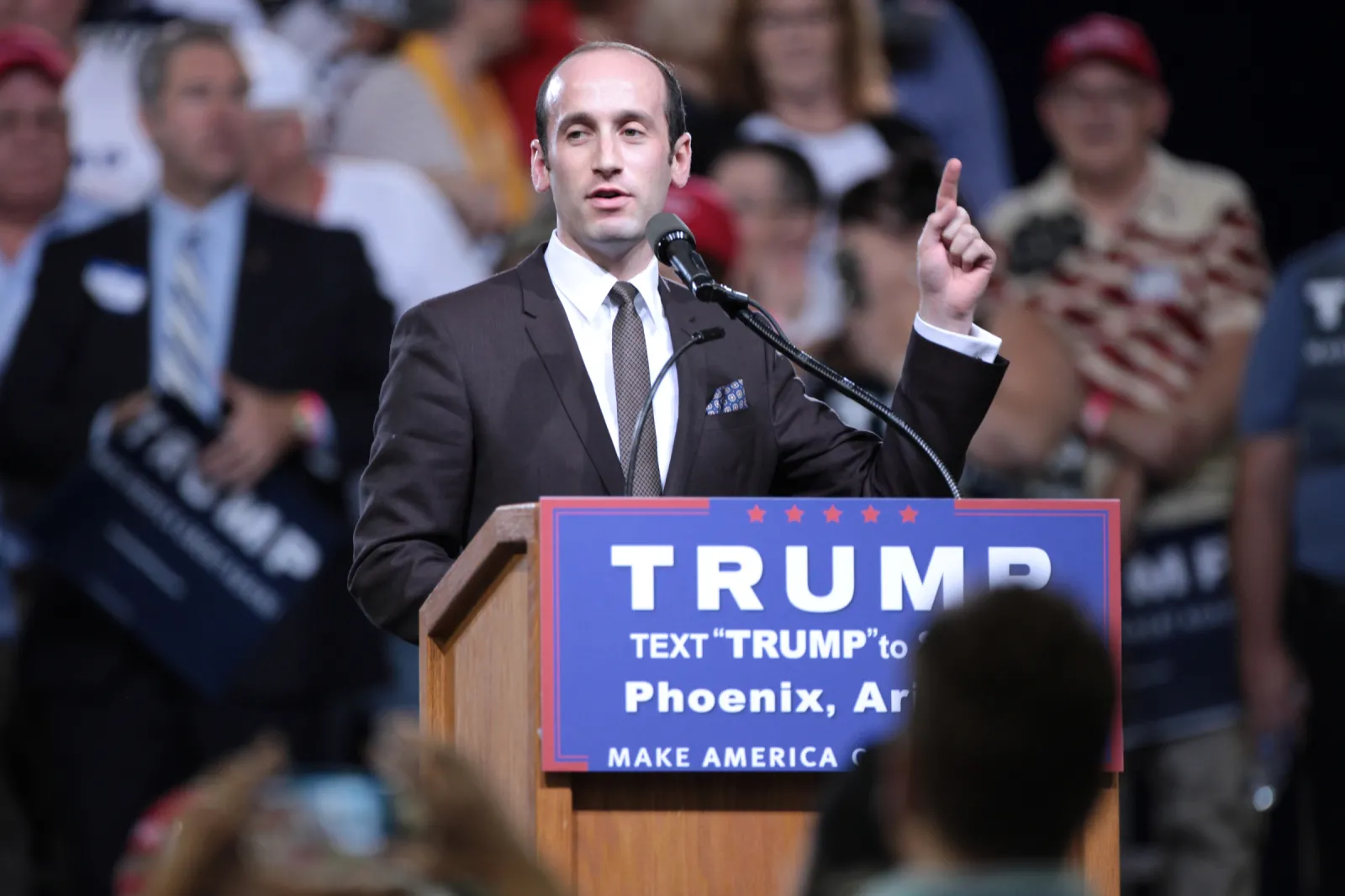
Stephen Miller is the White House Deputy Chief of Staff for Policy and United States Homeland Security Advisor. He was already a member of the Trump administration throughout the president's first term, as senior advisor for policy and White House director of speechwriting. In that capacity, he drafted Trump’s most extreme immigration policies, including the 2017 executive order imposing a travel ban on citizens of seven Muslim-majority countries - Iran, Iraq, Libya, Somalia, Sudan, Syria and Yemen - and the family separation policy, which sought to deter migrants by separating children from their parents in detention at the border.
A fervent advocate of white supremacy since his high school days in California, Miller started his career in politics as a staffer for Alabama Republican Senator - and future Justice Secretary - Jeff Sessions before joining Trump’s campaign team and assuming a major White House role after the election. Between Trump’s two presidencies, he co-founded America First Legal in 2021, to “fight back against lawless executive actions and the Radical Left” (emphasis not added).
According to Miller, America First Legal is “the long awaited answer to the ACLU”. As such, its mission is “to use every legal tool at our disposal” to prevent the “radical left” from “opening America’s borders, shutting down American energy, trying to take over American elections, and violating the fundamental civil rights of the American People.” Miller’s latest contribution to the Trump 2.0 regime concerns habeas corpus - the right of a person to challenge their detention in court. According to the Homeland Security Advisor, Donald Trump has the right to deport foreign nationals to El Salvador without any form of judicial oversight because the Constitution allows the President to suspend habeas corpus in times of rebellion and invasion.
Leon Louw
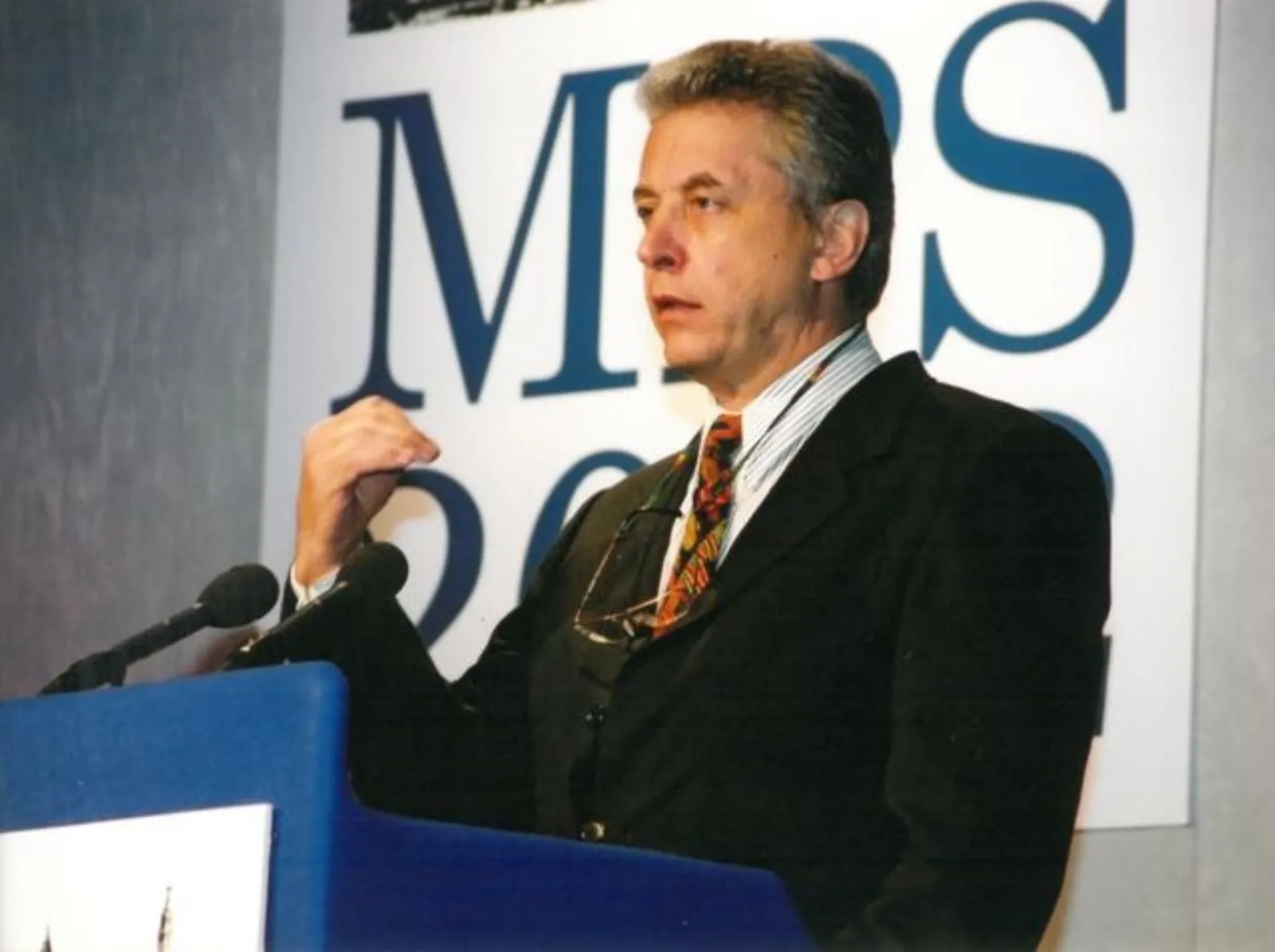
Leon Louw is a South African political entrepreneur born in 1948 in a white supremacist family. After a brief flirtation with Marxism as a student, he converted to neoliberalism and co-founded the Free Market Association of Southern Africa in 1975, a libertarian think tank affiliated with the Charles Koch-funded Atlas Network. Eager to modify the Apartheid regime without compromising the interests of the white minority, he devised an ostensibly Swiss-like canton system, largely predicated on the separation of “social, cultural and ethnic groupings”: though the right to move freely would be constitutionally protected for capital, goods and people of all races, the cantons would be given “the right to discriminate”, meaning that citizenship rights would not be guaranteed. Moreover, political parties would only be allowed in the cantons, while an allegedly neutral national government would be in charge of enforcing market freedoms and preventing conflicts between cantons.
Louw developed his vision in South Africa: The Solution1, a book published in 1986 that he co-authored with his wife Frances Kendall. The purpose of his project, as he candidly explained in a 1987 Time Magazine interview, was to “to make it possible to let the tiger – the Black majority – out of the cage without whites being eaten2”. He also endeavored to implement his vision in the Ciskei Bantustan, until the end of apartheid, which makes him a pioneering advocate of the libertarian “free zones” described by Quinn Slobodian in Crack Up Capitalism.
In post-apartheid South Africa, Louw has continued to warn against the dangers of what he calls “unlimited democracy” – a regime that “has led to communism in Chile, National Socialism (Nazism) in Germany and welfare statism in many parts of Europe.” While his country’s government has proved largely unreceptive to his worries, he can find some comfort in the fact that Afrikaners are the only people eligible for refugee status in the US, under the Trump administration.
1. Leon Louw and Frances Kendall, South Africa: The Solutions, Amagi Publications, 1986.
2. Quinn Slobodian, “The Ciskei experiment: a libertarian fantasy in apartheid South Africa”, The Guardian, 23 mars 2023.
Timelines
21 July 2016
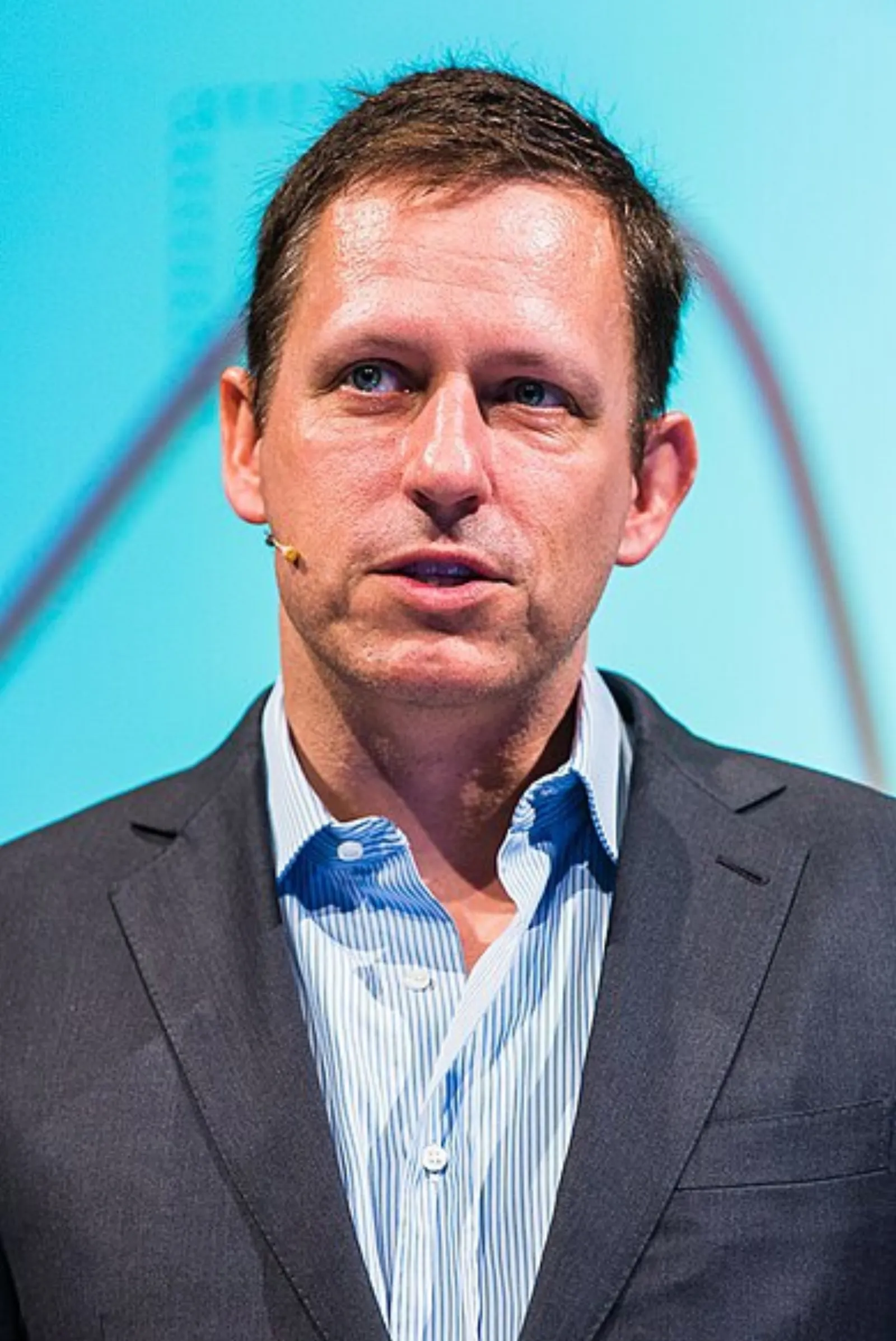
Cleveland, Ohio. Last day of the Republican convention. Peter Thiel, co-founder of PayPal, Palantir Technologies and Founders Fund takes the stage to show his support for Donald Trump. “I build companies,” says the notorious paleo-libertarian, “ and I’m supporting people who are building new things, from social networks to rocket ships. I’m not a politician. But neither is Donald Trump. He is a builder, and it’s time to rebuild America.”
14 July 2024
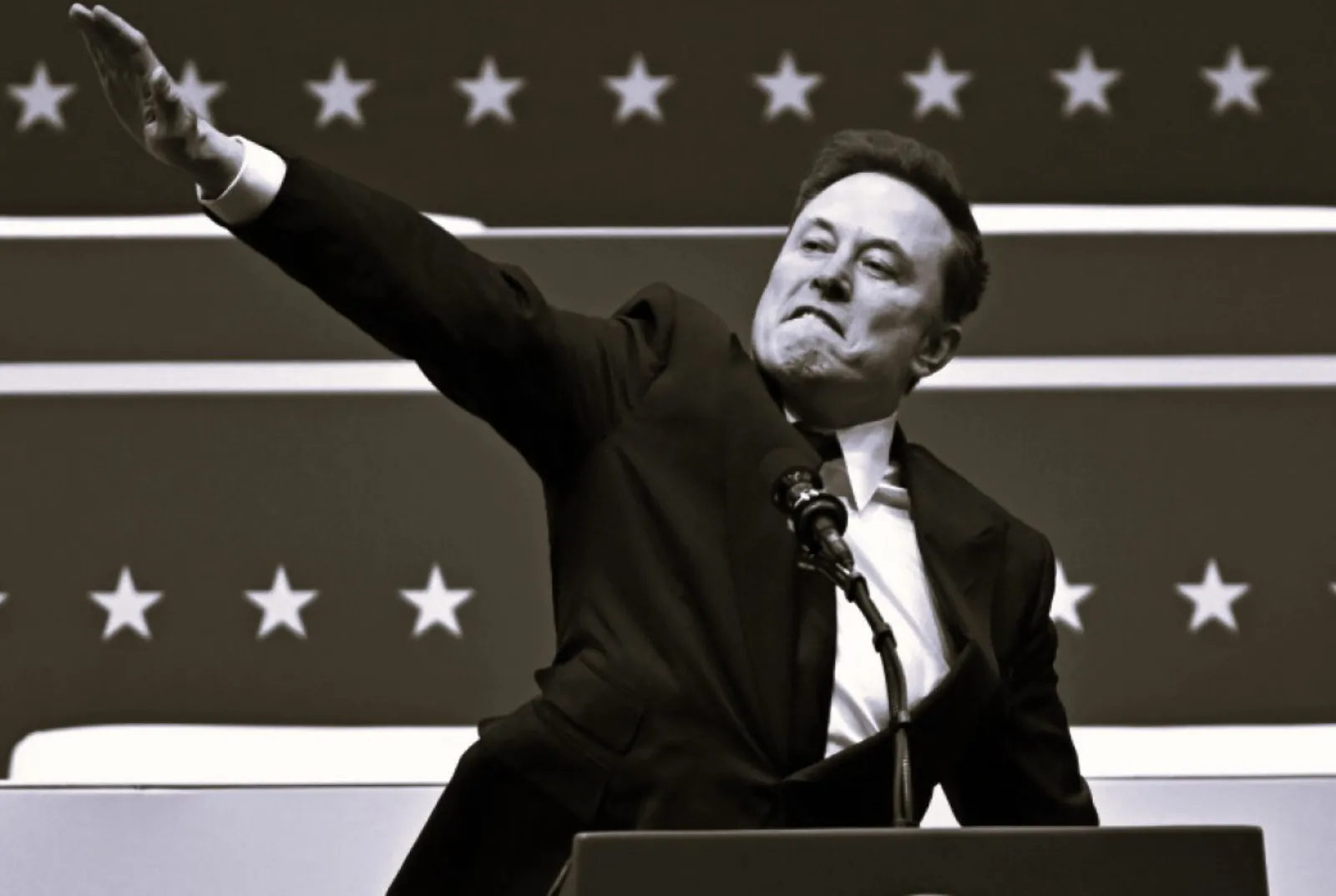
The man who would become the President's “First Buddy” a few months later officially announces his support for the Republican candidate on X. Elon Musk had already declared his intention to switch sides in May 2022, after facing a federal investigation into the safety of Tesla autopilots and taking over Twitter. Once in charge of the social network, he reopened Donald Trump’s account and helped him spread his message by posting an incessant flow of MAGA-friendly tweets.
19 July 2024

After almost a decade of strained relations with Donald Trump, Mark Zuckerberg suddenly had an epiphany – prompted by his new passion for MMA fighting. Having discovered the virtues of masculine energy, the founder of Meta was ready for a conversion: “Seeing Donald Trump get up after being shot in the face and wave his fist against the backdrop of the American flag is one of the most badass things I've seen in my life,” he told Bloomberg. Zuckerberg would then meet his new role model at Mar-a-Lago in December and make a $1 million donation to Trump's inauguration fund. Persuaded by the new administration’s stances on fact-checking, diversity and performance management, the MAGA party line is now Meta’s official policy.
25 October 2024
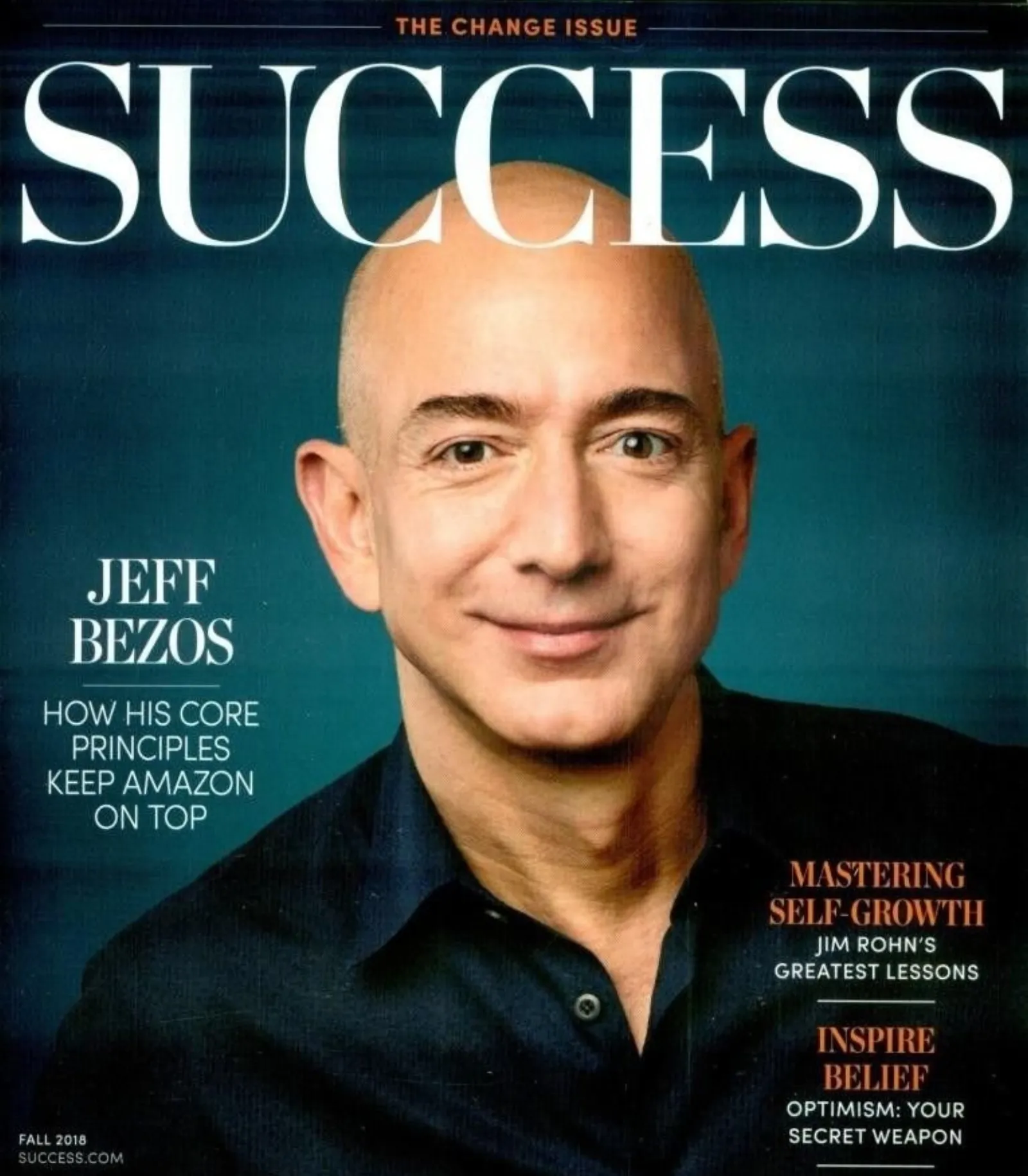
For the first time in 40 years, the Washington Post, owned by Jeff Bezos, announces that it will not endorse a candidate in the presidential election. A few weeks later, at the NYT DealBook Summit, the Amazon CEO declares himself “very hopeful” about the Trump presidency because the President-elect, whom he says he is ready to help, “seems to have a lot of energy around reducing regulation”. He will also contribute $1 million to Donald Trump's inauguration fund on behalf of his companies, including Blue Origin - which relies on federal funding.
06 November 2024

Messages of warm congratulations to the President-elect on X are pouring in from Silicon Valley. Many are expressing their eagerness to work with the new administration, such as Uber CEO Dara Khosrowshahi, who, back in 2017 was unenthusiastic about the president's actions, but is now excited about what Donald Trump's “resounding victory” means for the prospect of “raising the bar for flexible work”. He will donate $2 million to the inauguration fund, one in the name of Uber, the other in a personal capacity. This is also the case for Apple CEO Tim Cook, who expresses his eagerness to work with Trump and help make the United States “shine”. During his visit to Mar-a-Lago the following month, Cook will raise the issue of tariff exemption with the President. We don't know if the $13 billion fine Apple faces in Europe for tax evasion was discussed at that dinner.
21 November 2024
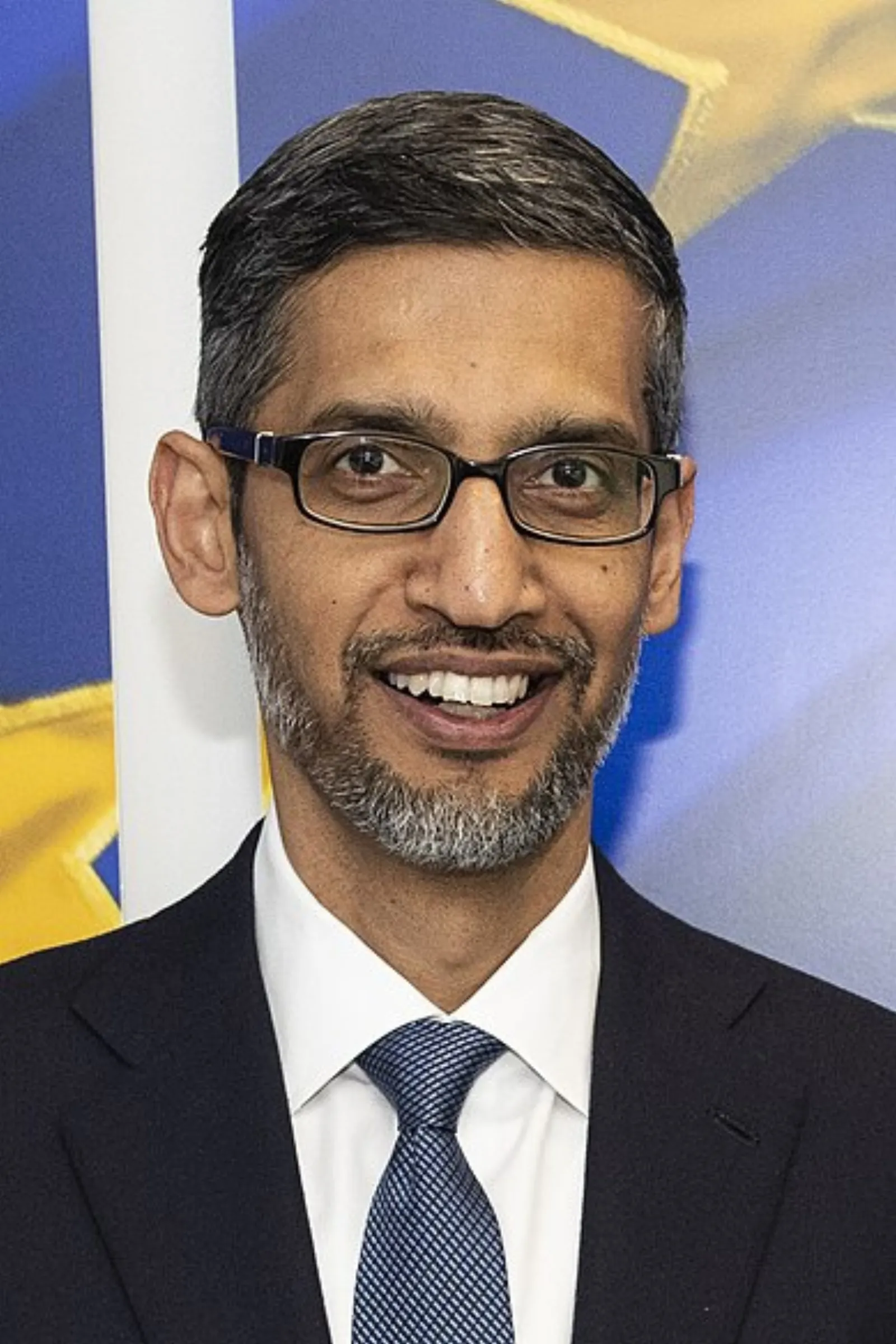
Sundar Pichai, CEO of Google and its parent company Alphabet, calls Donald Trump to congratulate him on “his decisive victory”. “We are in a golden age of American innovation”, he tells the president-elect, “and are committed to working with your administration to help bring the benefits to everyone,” Pichai will be in the front row at the January 20 inauguration, which he has good reasons to enjoy. Soon thereafter, the Justice Department officials intent on forcing Google to sell Google Chrome in the name of antitrust will be out of a job.
13 December 2024

In November 2016, the atmosphere was heavy in Mountain View. At a post-election meeting, one could hear Google founder Sergey Brin deploring Donald Trump’s rise to power. The result of the election is not only “sad”, Brin lamented, but “deeply offensive” and “contrary to Google's values”. Also in attendance, CFO Ruth Porat listened with tears in her eyes. In January 2017, Sergey Brin was still “outraged” enough to join a demonstration against the government's anti-immigration decree, where he introduced himself as “an immigrant and refugee”. Eight years later, at Mar-a-Lago, Sergey Brin is busy currying favor with Trump’s transition team. Meanwhile Ruth Porat is attending the Davos Economic Forum, where she rejoices at “the tremendous amount of opportunity to keep working with him as we did in Trump 1.0”.
03 January 2025
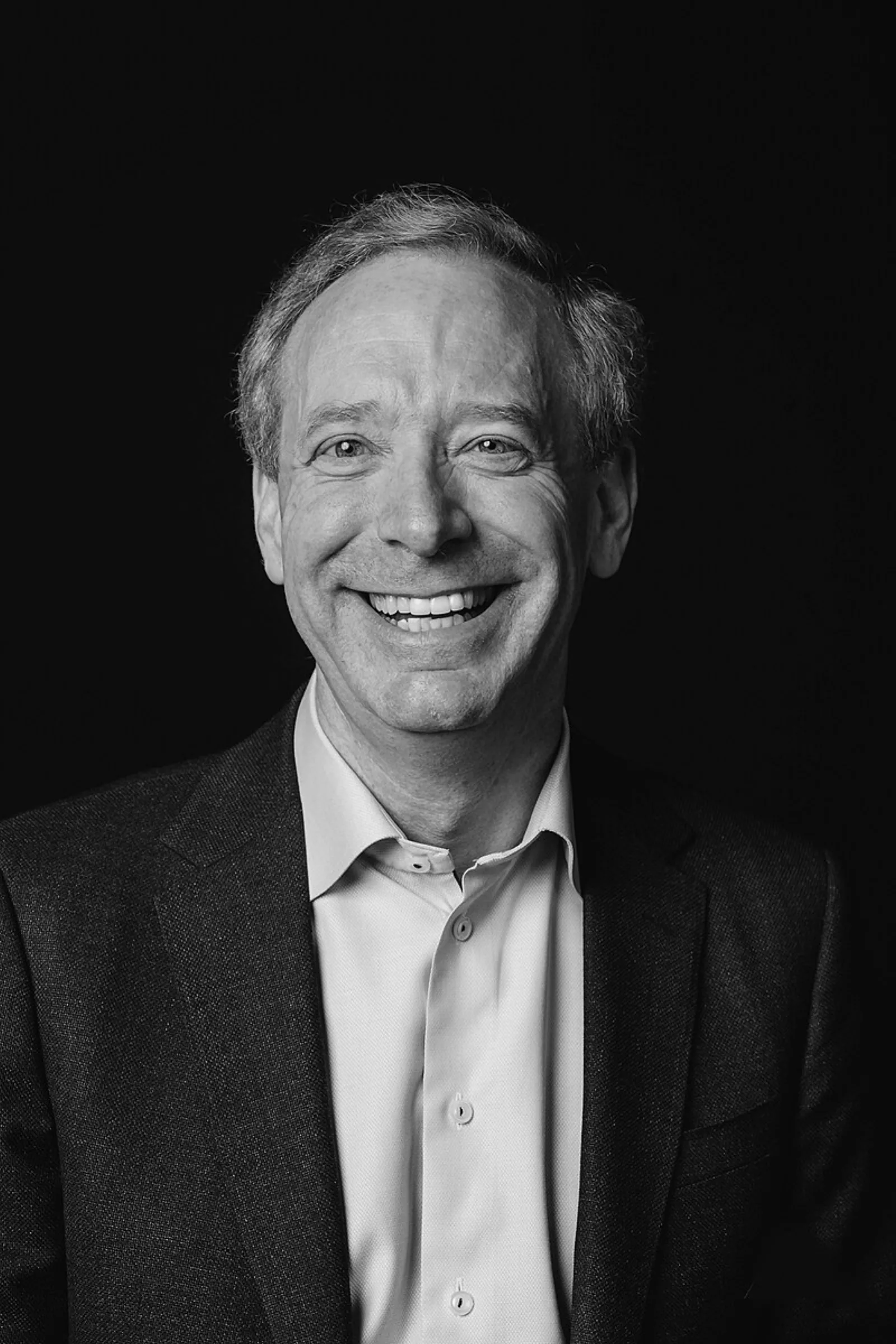
In a blog post, Microsoft CEO Brad Smith shows his confidence in America’s return to greatness by announcing that his company plans to invest $80 billion in AI deployment. While congratulating Donald Trump on his accomplishments during his first term, he encourages the returning president to go even further: “The United States cannot afford to slow its own private sector with heavy-handed regulations”, he writes. No doubt Smith is referring to the environmental objectives that he wants the incoming administration to renounce – thereby allowing Microsoft’s soaring carbon emission (+29% in 2023) to persist; all in the name of economic and technological development of course.
19 January 2025

A faithful Democrat ever since he casted his very first vote – for Al Gore in 2000 – Airbnb co-founder Joe Gebbia declares his flame to Donald Trump and Robert Kennedy Jr in a very long post on X. Back in June 2018, the same Gebbia had called Trump’s policy on the Mexican border “heartless, cruel, immoral and contrary to American values”. Now however, the designer-turned-billionaire sees it differently: Donald Trump, Gebbia writes, “is not a fascist determined to destroy democracy”. Quite the contrary, he is a man who “deeply cares about the nation” and about “bringing common sense back” to America, and securing its borders. Since February 2025, Joe Gebbia has been a proud member of Elon Musk's DOGE team.
10 March 2025

The cumulative market capitalization losses of Tesla, Amazon, Alphabet and Meta, since their founders and chief executives attended Donald Trump's inauguration in January, amount to $1,828 billion. The personal fortunes of Elon Musk, Jeff Bezos, Sergey Brin and Mark Zuckerberg have melted by $204 billion. Loyalty is priceless.
1976
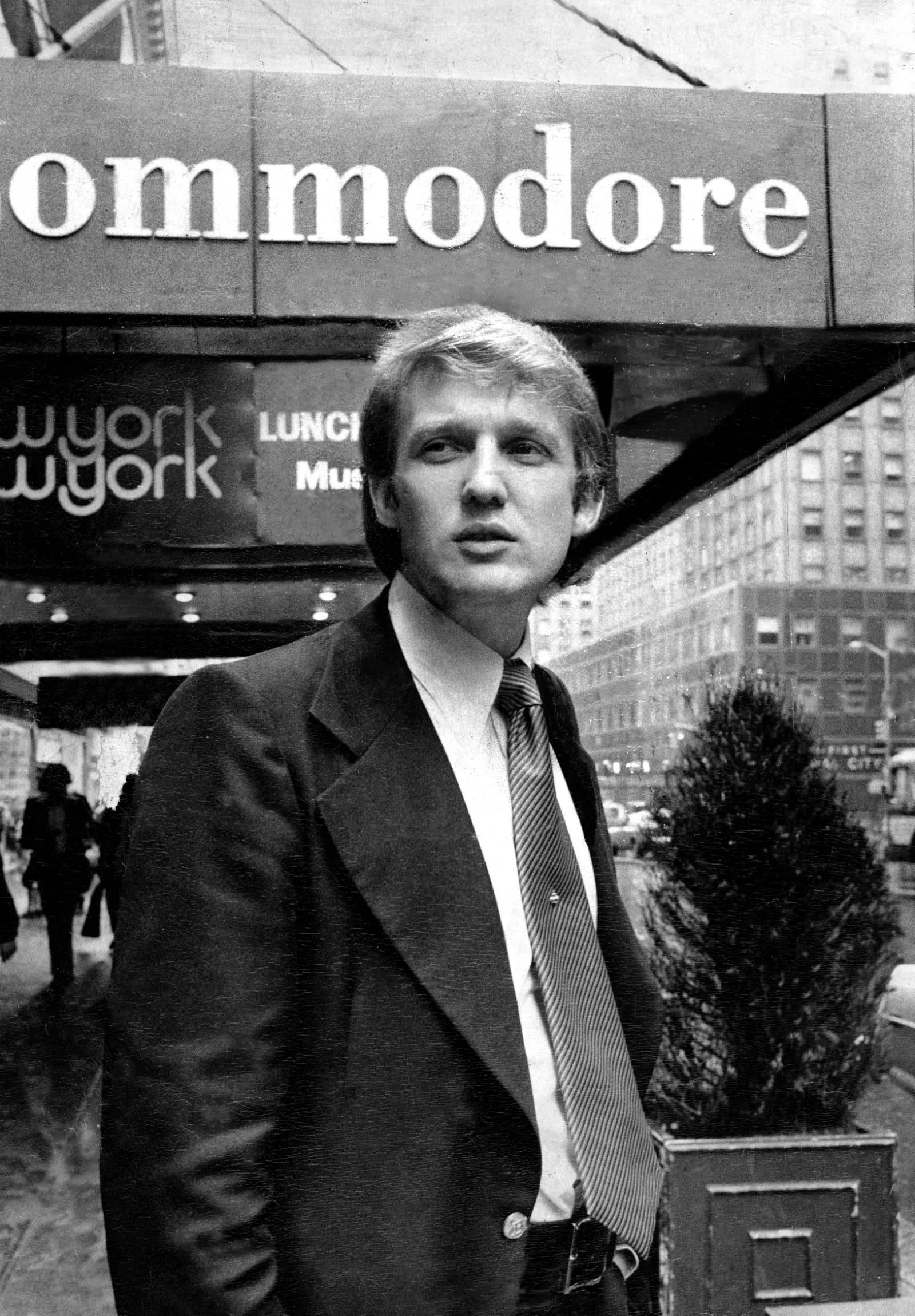
He signs an agreement with New York City allowing him to purchase the Commodore Hotel, which he transforms into the Grand Hyatt Hotel, benefiting from a substantial tax reduction over 40 years. Trump benefits from the address book that his father cultivated over several decades through massive donations to the Democratic Party at the head of City Hall, as well as the influence of supply-side economist thinking among the city's political advisors. This is the first time such a tax arrangement has been put in place by the city, and this duration of tax reduction still remains the longest in New York history. In 2016, New York Times reporter Charles Bagli calculated that this tax deal cost New York City $885 million in lost revenue.
2004-2015
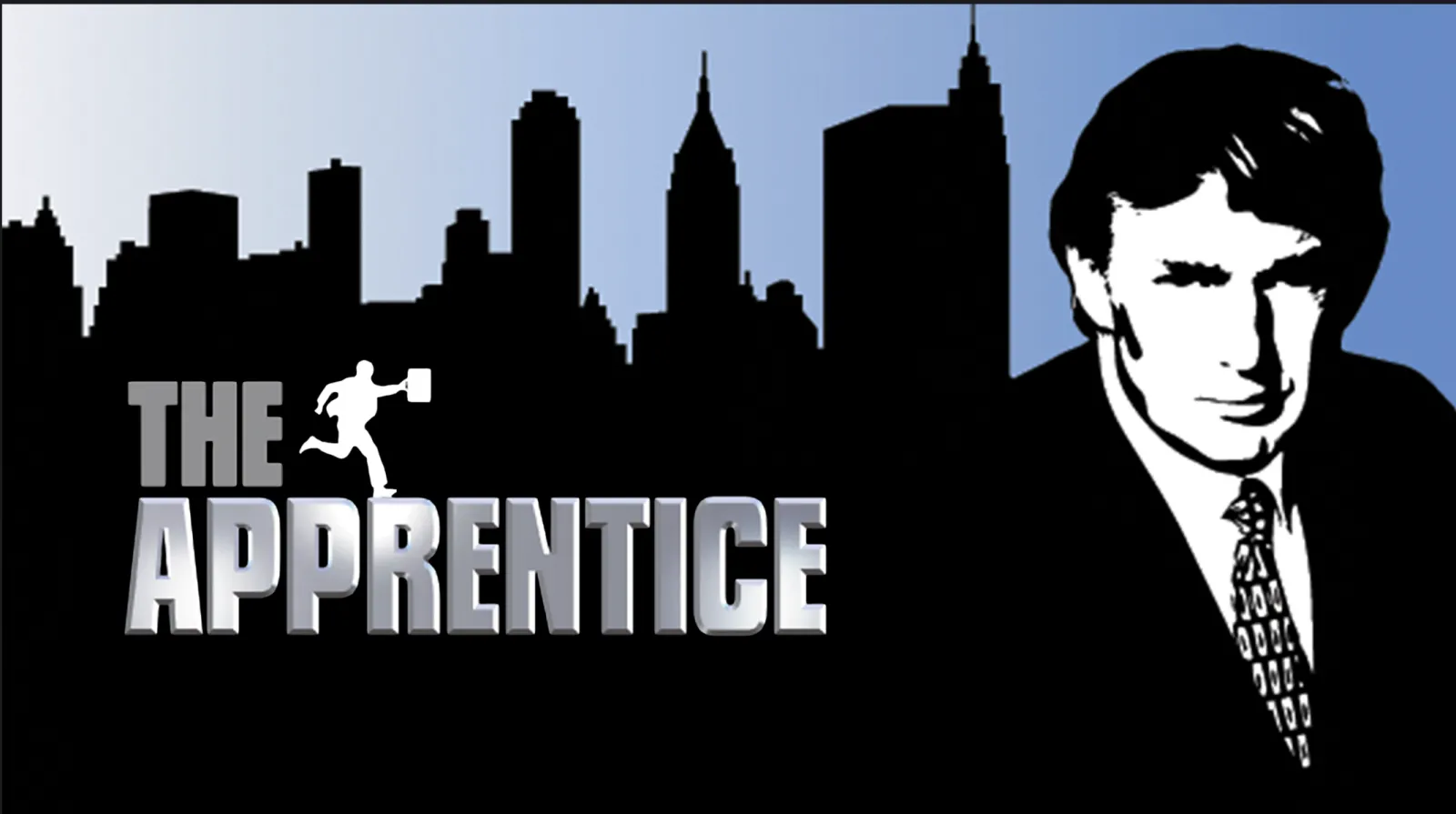
Trump hosts the TV show The Apprentice, in which he plays a corporate executive who eliminates contestants whose goal is to become a businessman's apprentice. The show, broadcasted by the NBC group, cemented Trump's public reputation: when it debuted in 2004, it averaged 21 million weekly viewers. After 14 seasons, he was fired by NBC in June 2015 after making racist remarks about Mexican immigrants during the announcement of his presidential candidacy.
2015-2023
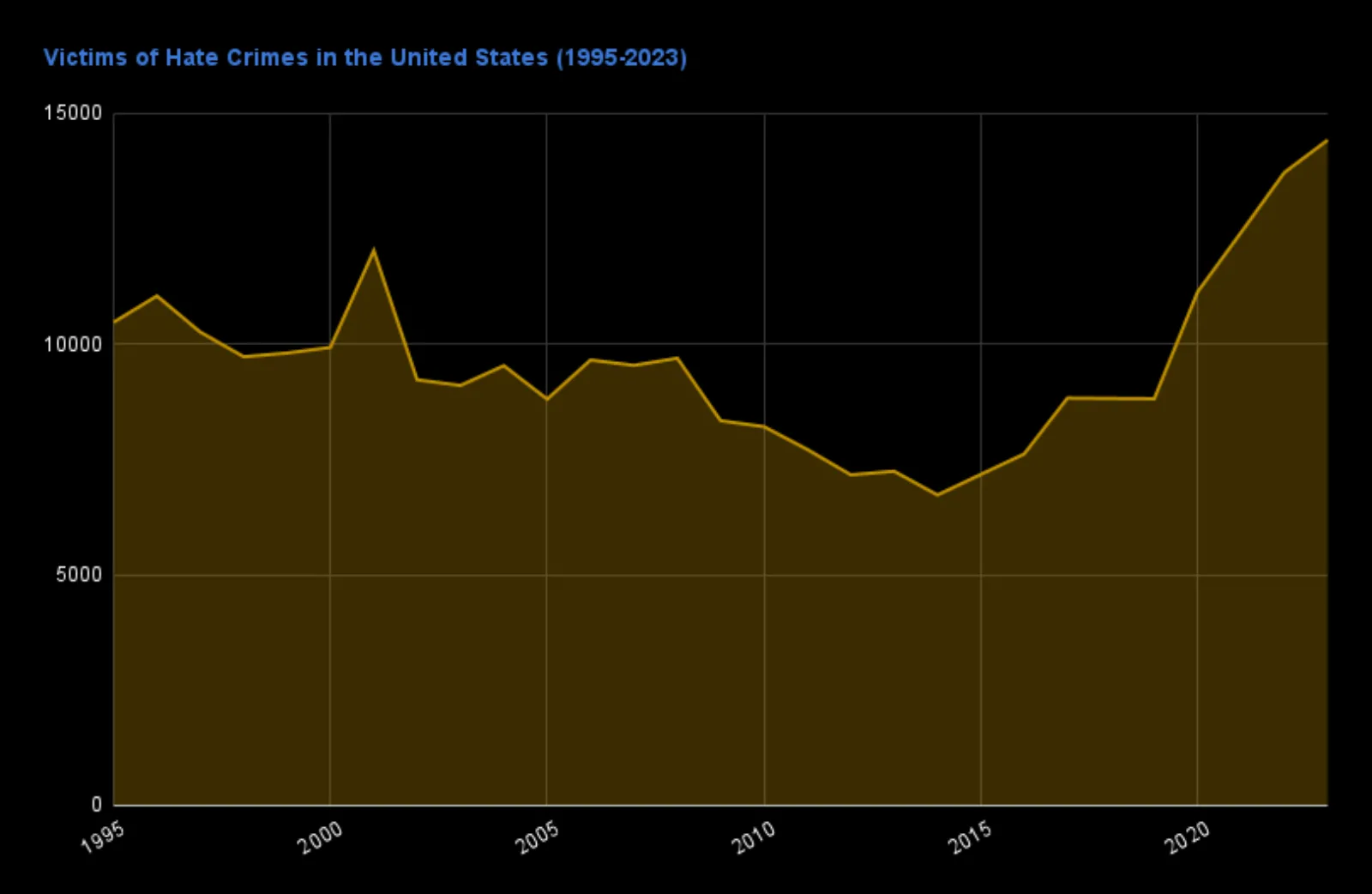
It took nineteen years for the number of victims of hate crime in the United States to drop by 36%. In 2014, it reached its lowest since the 1990s. In only nine years, that number went back up 115%.
Many researchers, including Griffin Sims Edwards and Stephen Rushkin, have documented the impact of Donald Trump’s hate speech, and the legitimacy it acquired after his victory, on the rise of domestic terrorism since 2015. Here are a few examples of what they’ve termed, “the Trump effect”.
June 17, 2015

Dylann Roof, a 21-year-old white supremacist and self-proclaimed neo-Nazi, opened fire on the Black community of Mother Emanuel Church in Charleston, South Carolina. He had attended an hour-long Bible study class at the religious establishment before gunning down nine of its participants. “I almost didn’t go through with it because everyone was so nice to me,” he told the police, but the man was determined to start a race war. Radicalized online after spending hours reading the Council of Conservative Citizens’ racist diatribes, Roof, a native of South Carolina, bitterly regretted the good old days of the Confederate States for whom “slavery subordination to the superior race is [the] natural and normal condition [of the negro]”. The day after the massacre, all flags were lowered to half-mast, and only the Confederate flag, with which Roof loved to take photos, continued to fly proudly over the Capitol in Columbia.
August 11-12, 2017
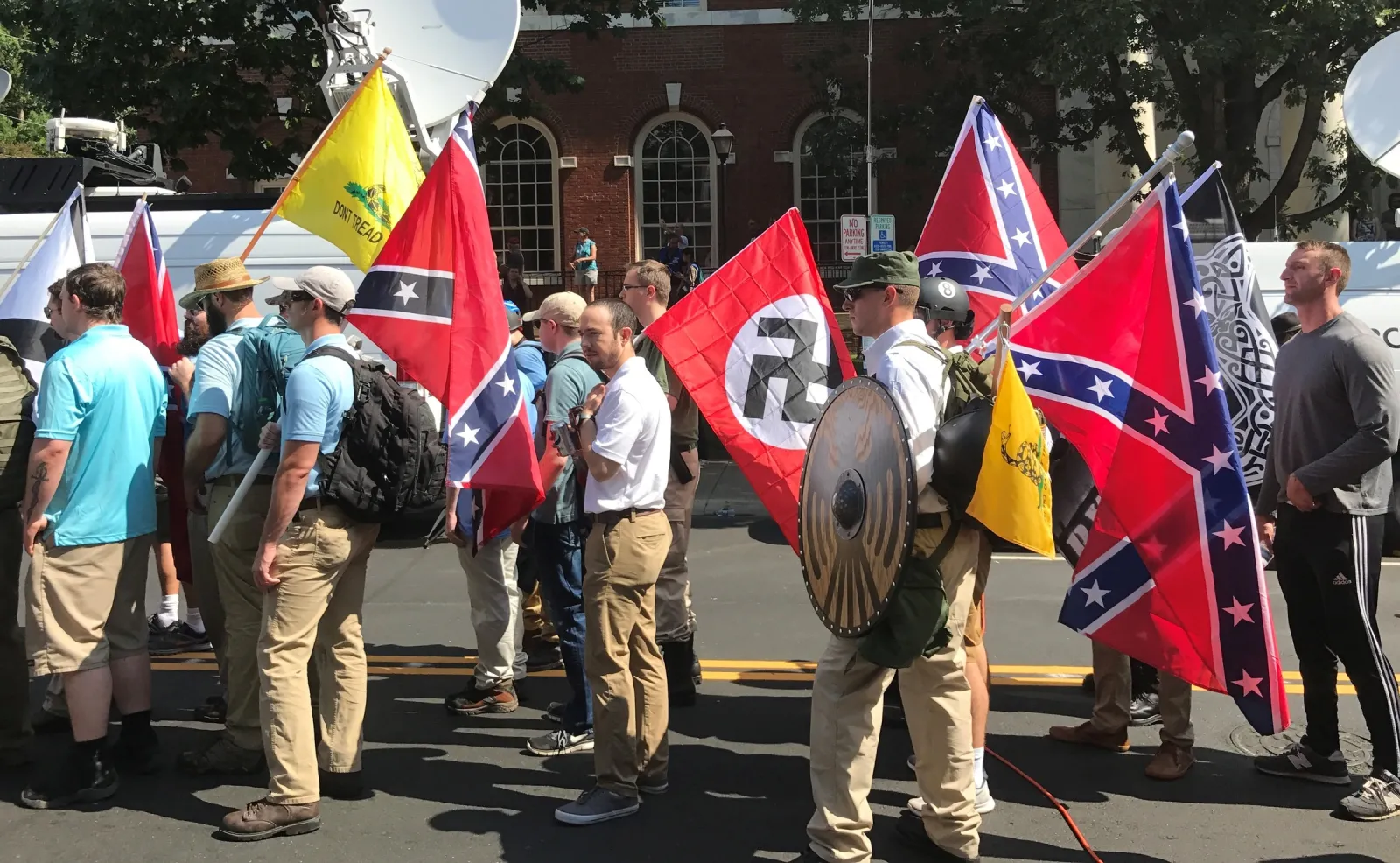
In Charlottesville, Virginia, hundreds of white supremacists, neo-Confederates, neo-fascists, neo-Nazis, members of the alt-right, the Ku Klux Klan, and far-right militias gathered to protest the city's decision to remove the statue of Confederate general Robert E. Lee from a park. The “Unite the Right rally”, which aimed to unify the American white nationalist movement, was met with resistance from numerous anti-fascist activists. On August 12, neo-Nazi James Alex Fields Jr. drove his car into a group of counter-demonstrators, injuring 35 and killing 32-year-old Heather Heyer. Far from condemning the rally and the hateful motivations of its initiators, Donald Trump established an equivalence between the neo-fascists and anti-fascists clashing in Charlottesville, declaring that “there are very fine people on both sides”.
August 3, 2019

In El Paso, Texas, on the U.S.-Mexico border, Patrick Crusius committed one of the deadliest mass murders on U.S. soil since World War II. Stating that he wanted to kill as many Mexicans as possible, he opened fire at a Walmart store, killing 23 people and wounding just as many. Prior to the shooting, Crusius was obsessed with the immigration debate. Praising Donald Trump's hardline border policy on social networks, everything in the manifesto he wrote to denounce the “Hispanic invasion” echoed the president's rhetoric on Mexican immigration. Three months earlier, at a rally in Florida, Trump had asked his supporters for ideas on how to “stop these people”. One of his supporters had shouted “Shoot them!”. The crowd laughed, the president smiled.
May 14, 2022
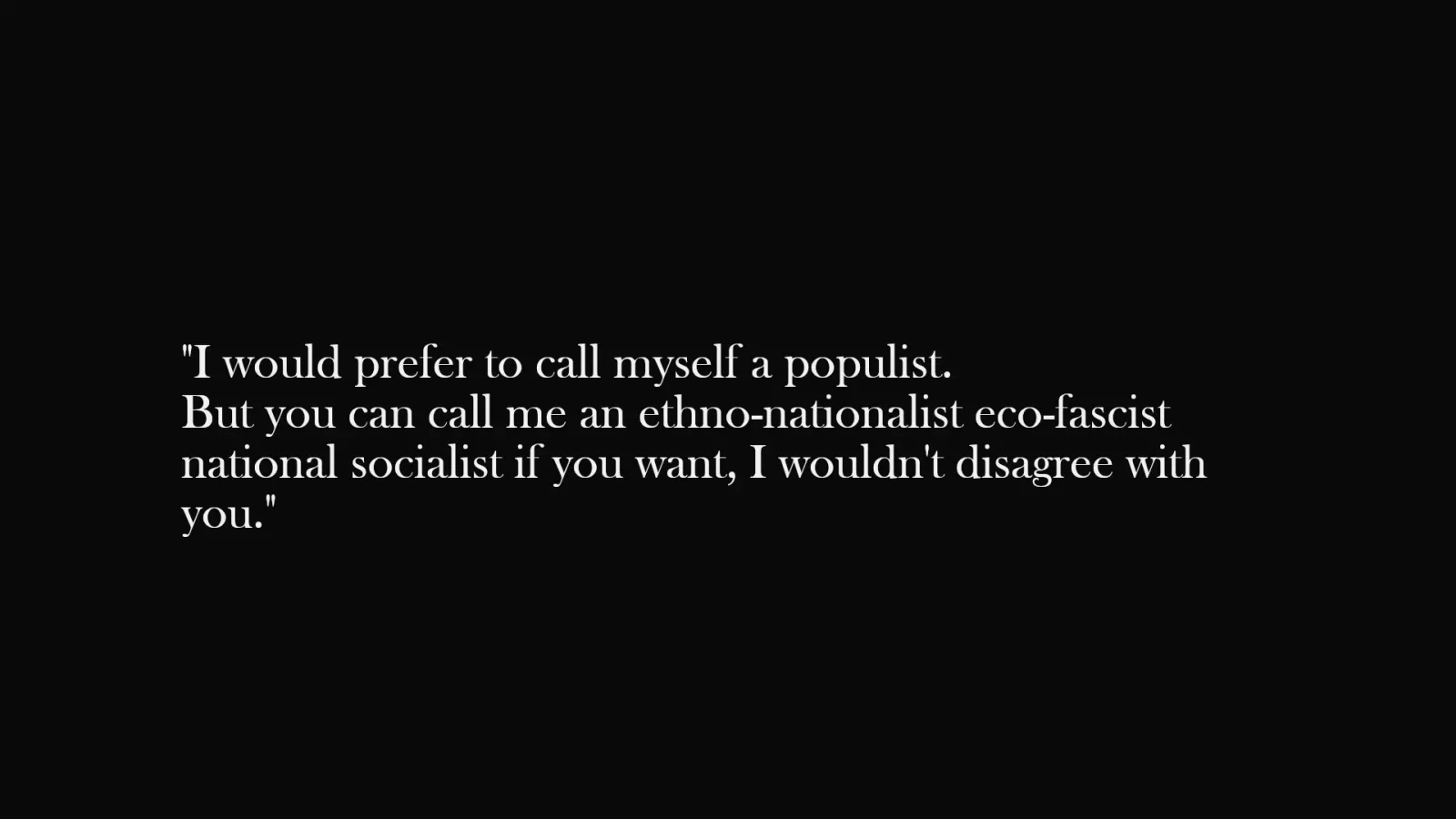
Payton Gendron, a proponent of the “Great Replacement” theory and self-described ethno-nationalist and white supremacist, was eighteen years old when he killed ten people, all of whom were Black, and wounded three others in a grocery store in Buffalo, New York. With this act, he hoped to “terrorize all non-white and non-Christian people, and drive them out of the country”. In the manifesto he published online before the attack, Gendron said he initially identified as left-wing, before being convinced by the populist, supremacist, anti-Semitic, and ecofascist ideological positions of Neo-Nazi Andrew Anglin. Anglin was one of Donald Trump’s earliest supporters in 2015, calling on his readers to follow him. He wrote, “let's vote for the first time in our lives for the only man who truly represents our interests.”
May 6, 2023

Mauricio Martinez Garcia is a Neo-Nazi, a (non-white) white supremacist, and an incel who killed eight people, including a three-year-old asian boy, in a shopping center in Allen, Texas. During the shooting, he wore a tactical vest embroidered with an “RWDS” (Right Wing Death Squad) crest. On his profile on the Russian social network Odnoklassniki, Garcia posted photos of his fascist tattoos, expressed his hatred of Asians, Arabs, Jews, and women, and fantasized about race wars and the collapse of society as a whole.
December 1983 - July 1989
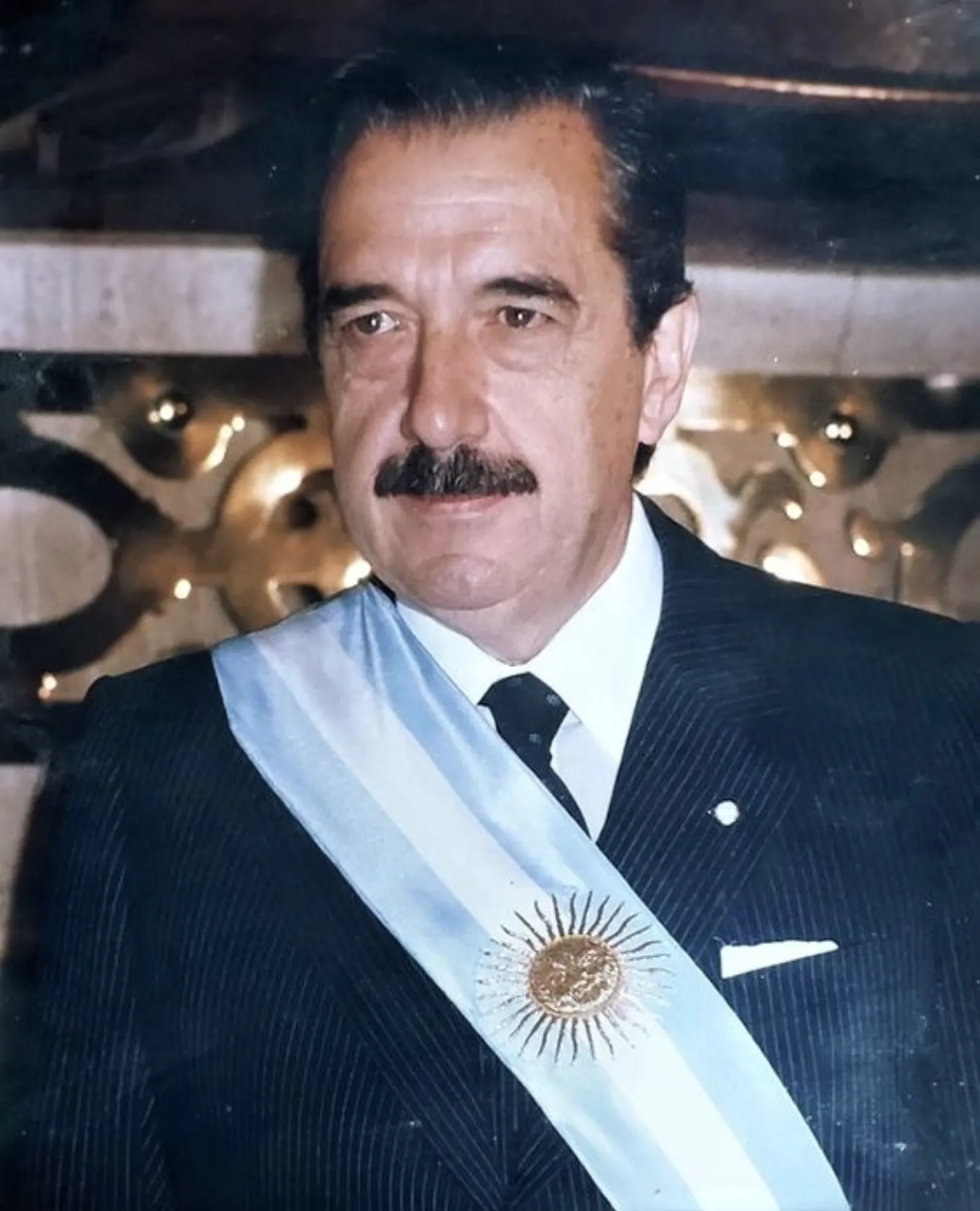
Raúl Alfonsín
Candidate of the social-democratic Radical Civic Union (UCR) in the 1983 election, Raúl Alfonsín’s presidency marked Argentina’s return to democracy after decades of military rule interspaced by periods of Peronist domination. Shortly after taking office, he set up the first official inquiry into the dictatorship’s crimes, the CONADEP (National Commission on Disappeared Persons). As opposition leader, he later signed the Pact of Olivos, a memorandum of understanding for a constitutional reform allowing his successor Carlos Menem to be reelected in 1995.
July 1989 - December 1999
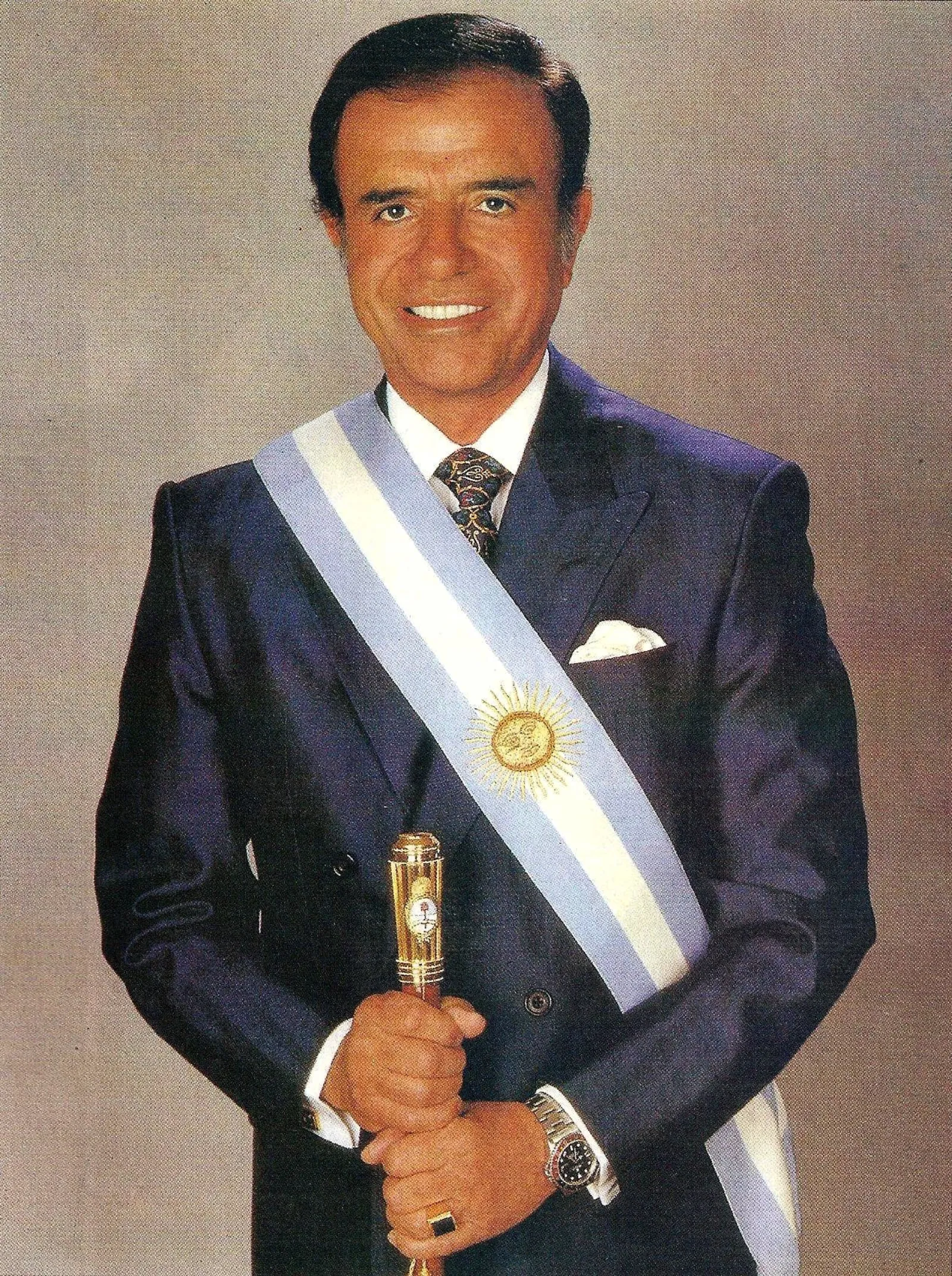
Carlos Menem
Peronist Carlos Menem came to power in 1989, in a context of hyperinflation and social unrest, aiming to promote a newfound national stability. He immediately implemented neoliberal structural reforms and sweeping privatisations along the precepts of the Washington Consensus, and pegged the Argentine peso to the US dollar. Menem was re-elected in 1995, but his monetary and trade policies plunged his country into recession by the end of this second mandate. He also pardoned military and police commanders of the “Dirty War” period, responsible for killing thousands of civilians.
December 1999- December 2001
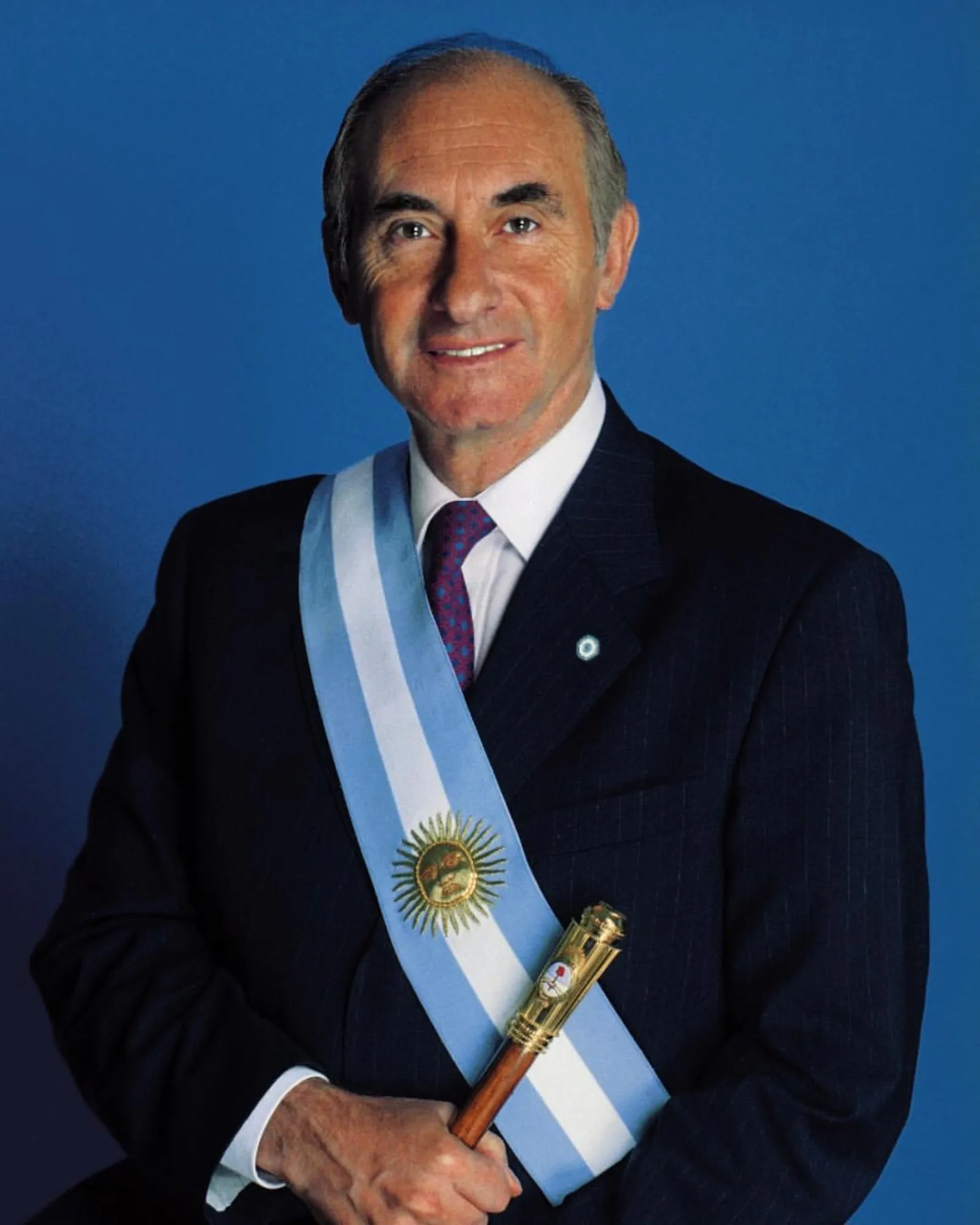
Fernando de la Rúa
Menem’s short-lived successor, mayor of Buenos Aires Fernando de la Rúa, could not reverse Argentina’s downward trend at the turn of the century. He called a state of emergency in December 2001, enforcing the “corralito”, a limit on cash withdrawals. In the midst of this full-blown banking and currency crisis, massive popular protests erupted. Eventually, grassroots opposition movements initiated among others by the piqueteros forced him to resign. He famously fled from the presidential Casa Rosada in a helicopter.
May 2003 - December 2007
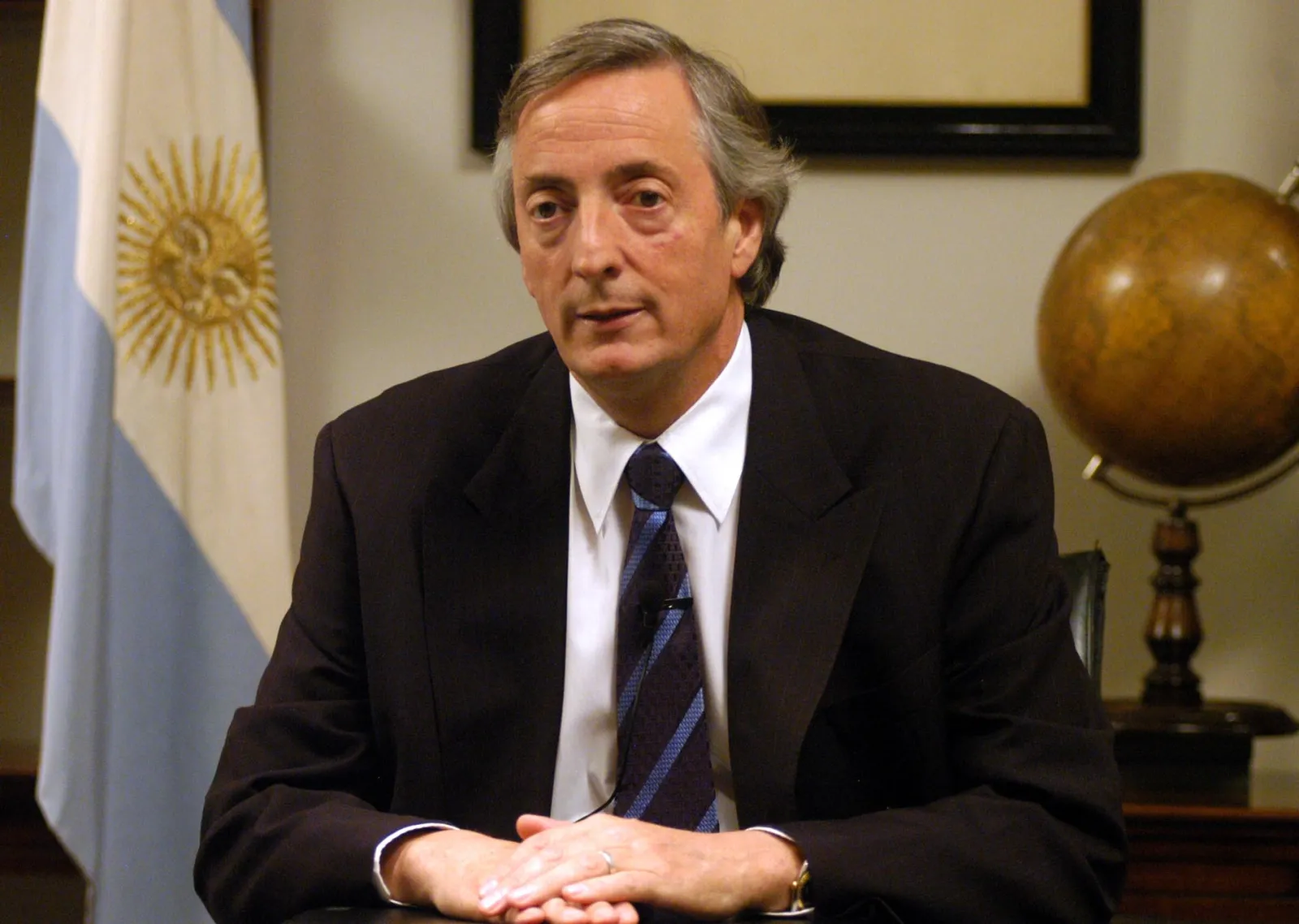
Néstor Kirchner
Following the ‘Great Depression’, under the two interim presidencies of Adolfo Rodríguez Saá and Eduardo Duhalde, Néstor Kirchner came to power in 2003, aiming to bolster the Peronist Justicialist Party’s support among the working class. He managed to stitch together a broad, consensual coalition on a platform of economic growth, moderate redistribution, human rights justice, and restored sectoral collective bargaining. His relative success in some of these areas made him a symbolic figure of the Latin American “Pink Tide” of the early 2000s, albeit without him ever truly tackling the structures of capital accumulation.
December 2007 - December 2015
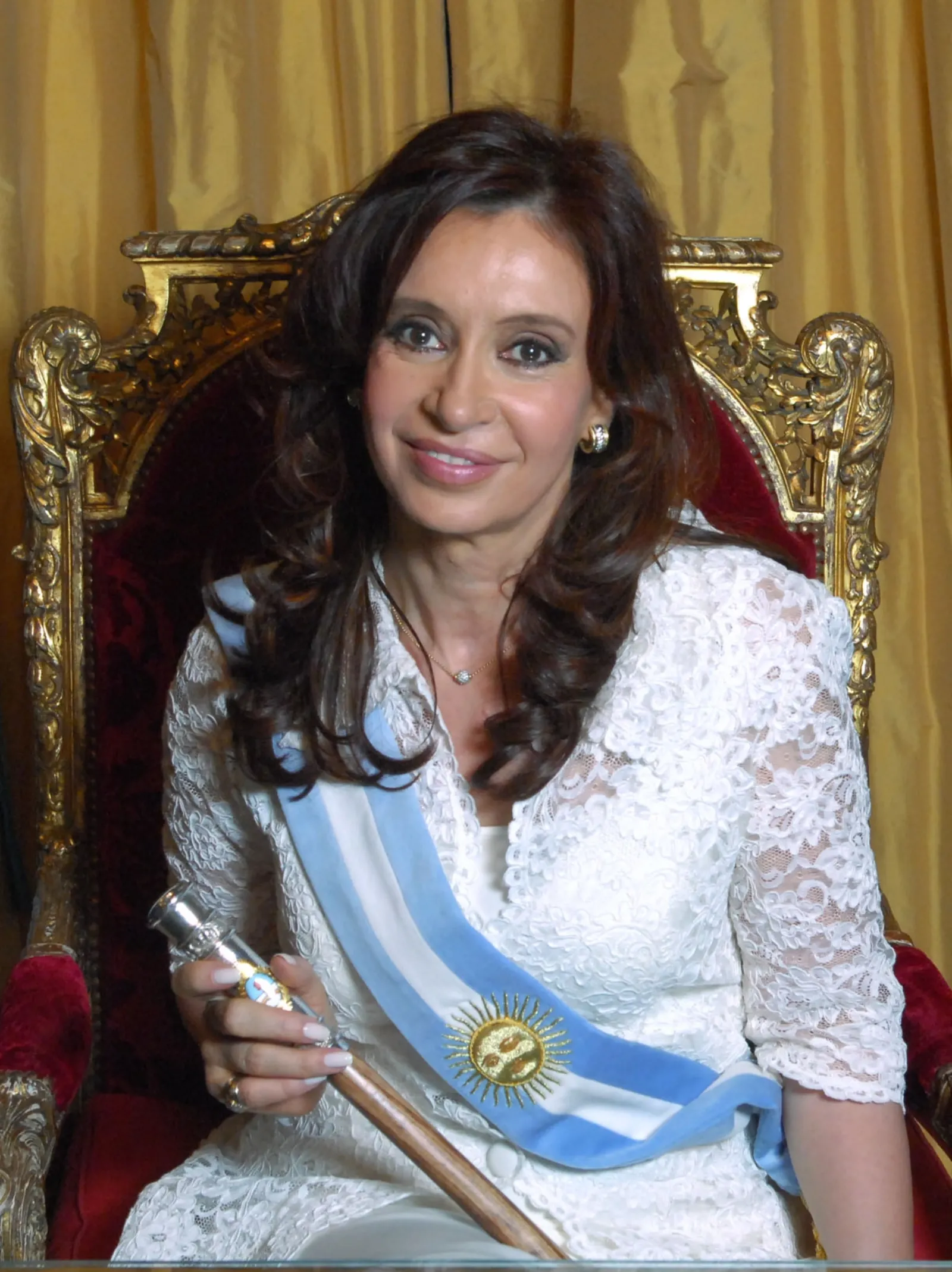
Cristina Fernández de Kirchner
Cristina Fernández de Kirchner succeeded her husband, initially aiming to build on his progressive policies with nationalisations, energy prices subsidies, currency controls, and the introduction of a Universal Child Allowance program. Going into her second mandate, however, she went down the path of fiscal austerity, passing a series of controversial measures dubbed sintonía fina [fine tuning]. By the end of her term, Kirchner faced major protests in a context of stagnating wages, growing inflation and corruption scandals.
December 2015 - December 2019
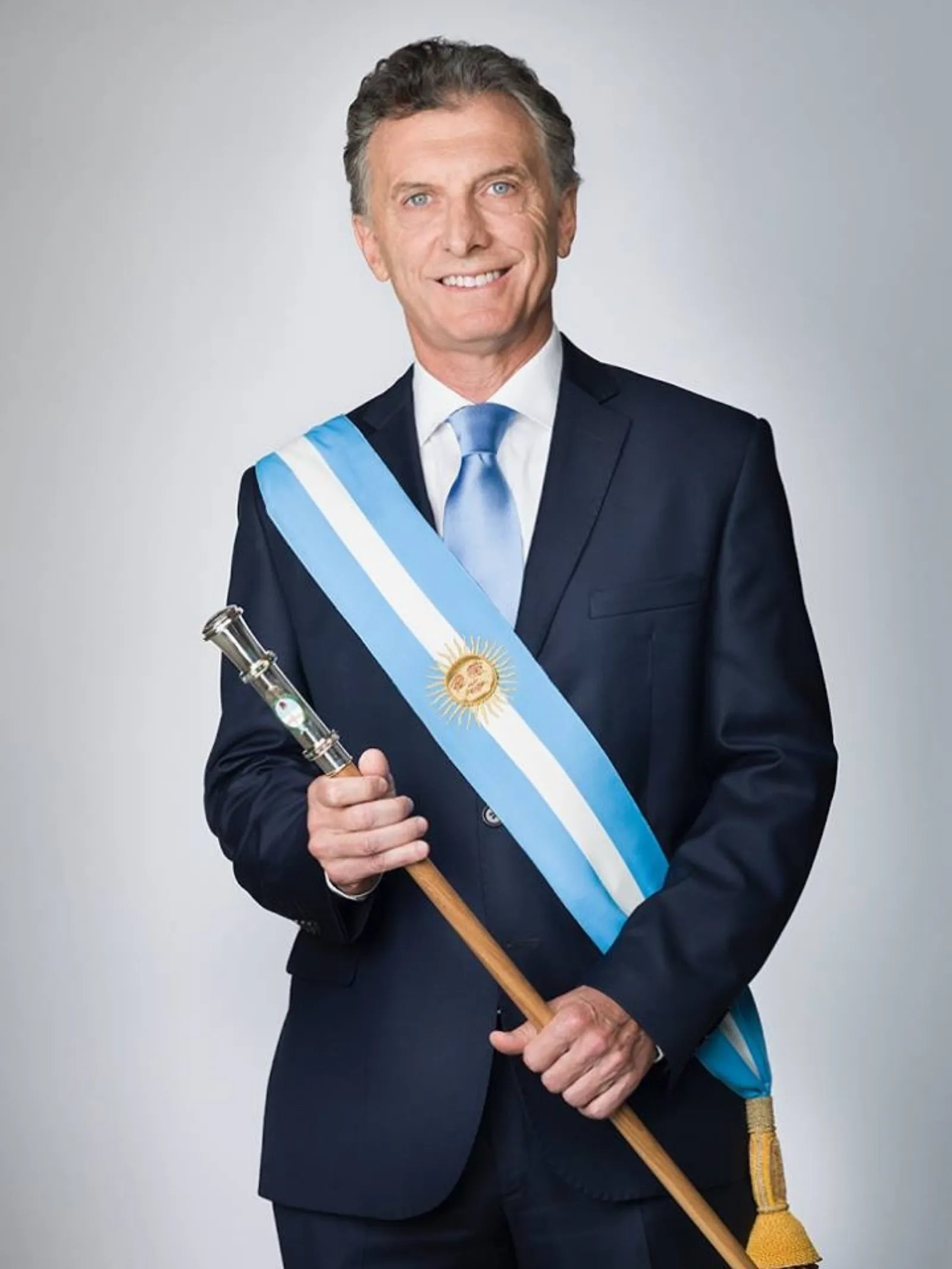
Mauricio Macri
Amidst intense polarization between Kirchner’s supporters and opponents, known as la grieta [the crack], the millionaire businessman Mauricio Macri was elected in 2015. Macri formed a conservative-reformist centre-right coalition, Cambiemos, with which he was able to reverse many of Kirchner's policies through liberalization, deregulation, drastic cuts to public spending, His allegedly meritocratic agenda did not improve either unemployment or inflation, however. Soon confronted with a severe monetary crisis, Macri signed on to a $57 billion IMF loan – the biggest in the organisation’s history. In 2023, he stood openly behind Milei’s candidacy. Many cadres of the new far-right libertarian government hail from his traditional conservative party, Republican Proposal.
December 2019 - December 2023
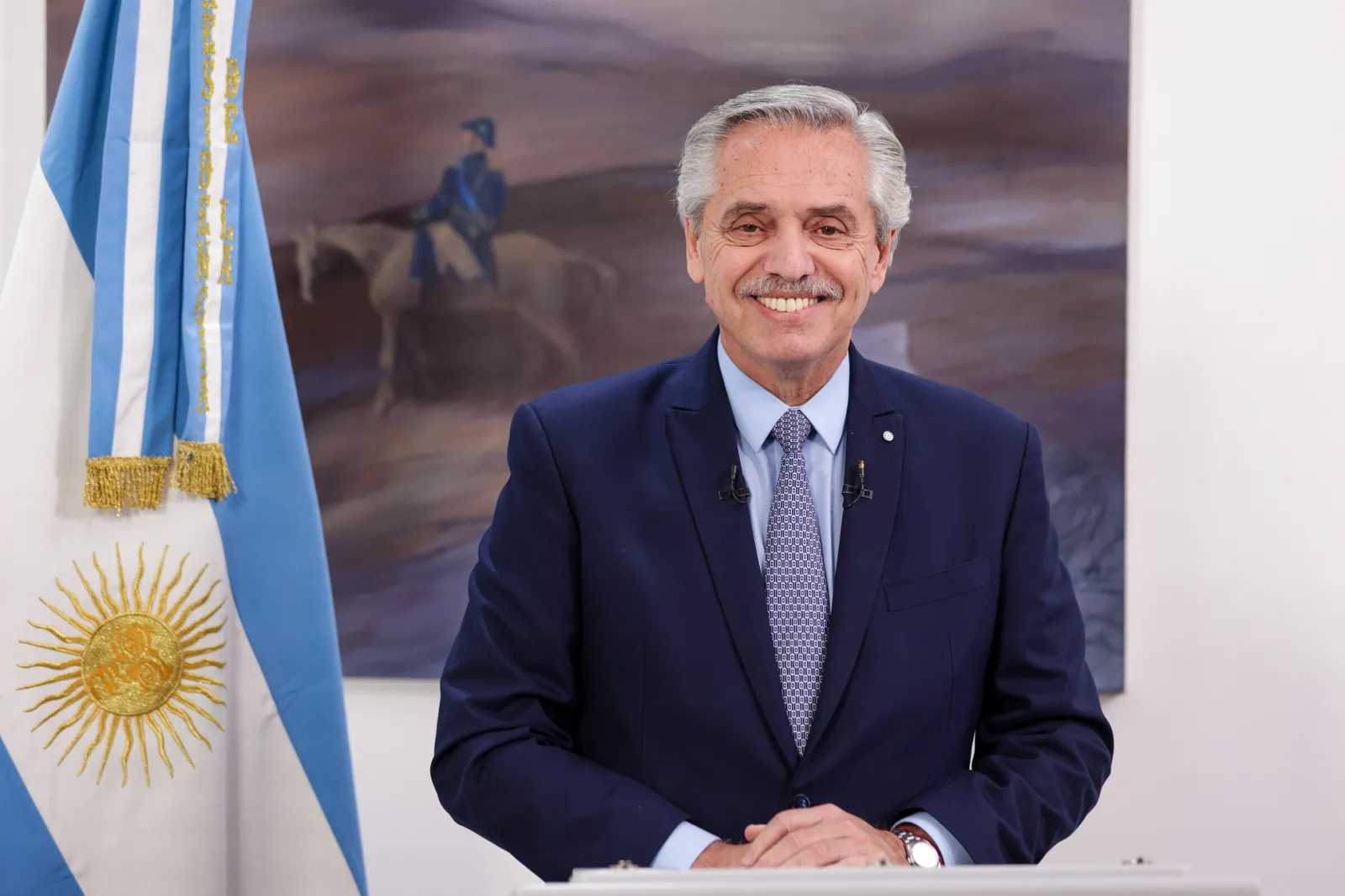
Alberto Fernández
Alberto Fernández was Chief of the Cabinet of Ministers under the two Kirchner administrations until his resignation in 2008, He defeated incumbent Macri in the 2019 election. Fernandez had in the meantime reconciled with former president Cristina Kirchner, who had become too unpopular to run herself, but provided crucial support for his ticket and then served as a discreet vice-president. Fernández’s term was marked by the Covid-19 crisis and its socio-economic consequences, and by a continued degradation of living standards and soaring inflation levels, leading many disoriented voters, especially young ones, to cast their vote on Milei in 2023.
Subscribe to our monthly newsletter
Because resisting the world's rightward drift starts with taking the measure of it
